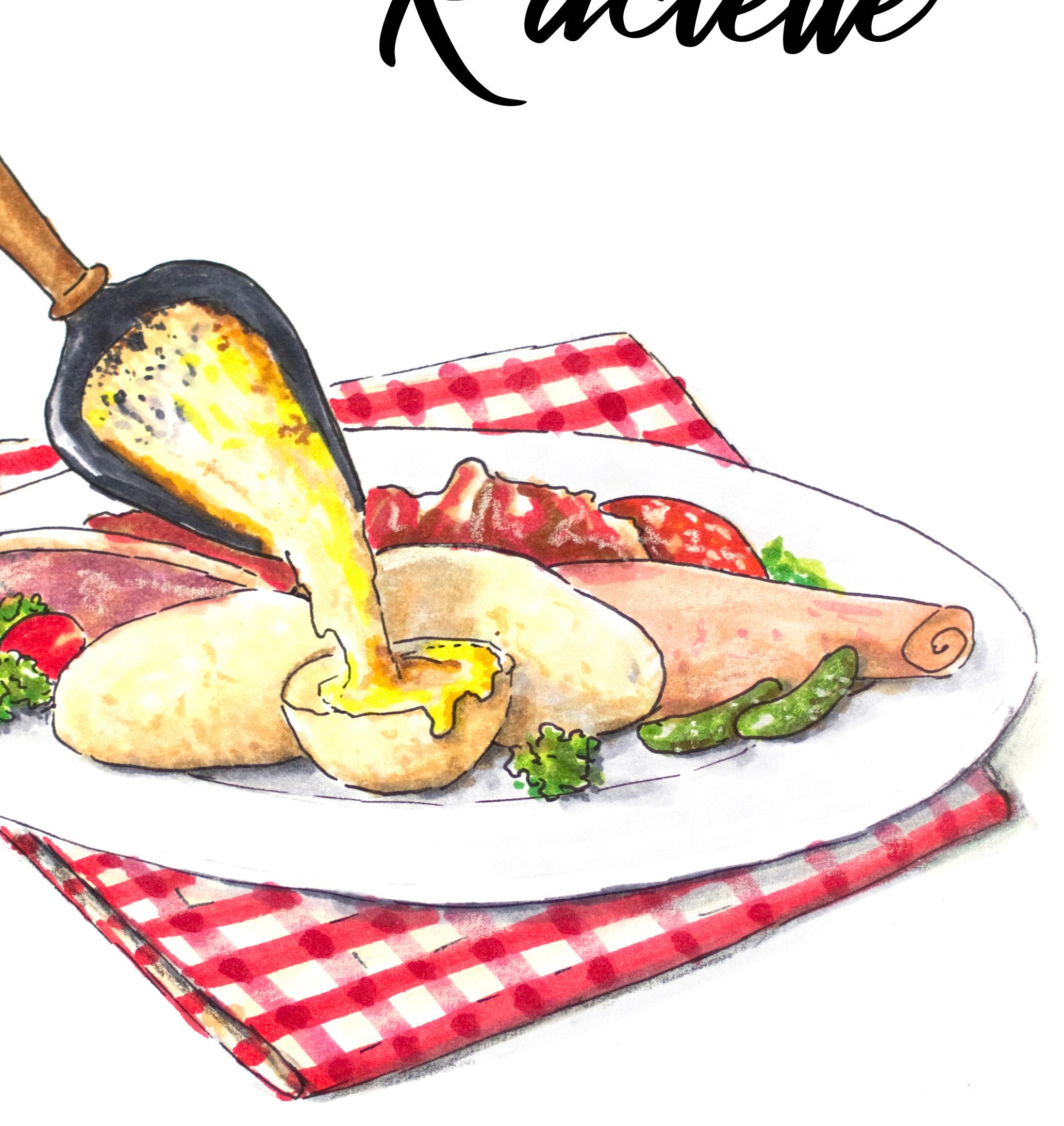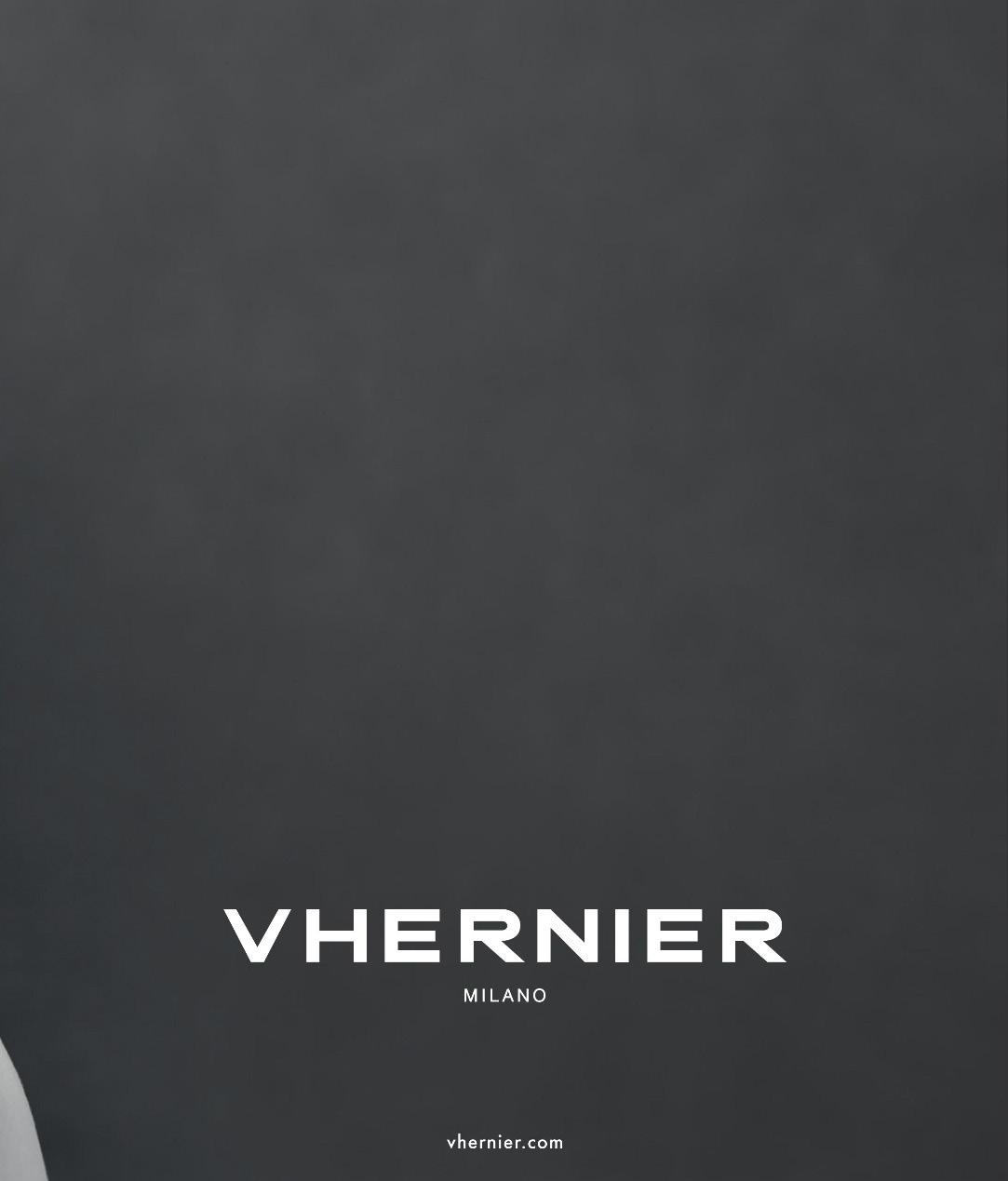DANIELA MELCHioR


Moves
‘
21st Century Women’... in progress
... an insight into twenty years of the Moves Power Women Awards and the women who made it possible...



... coming soon to a bookstore near you!

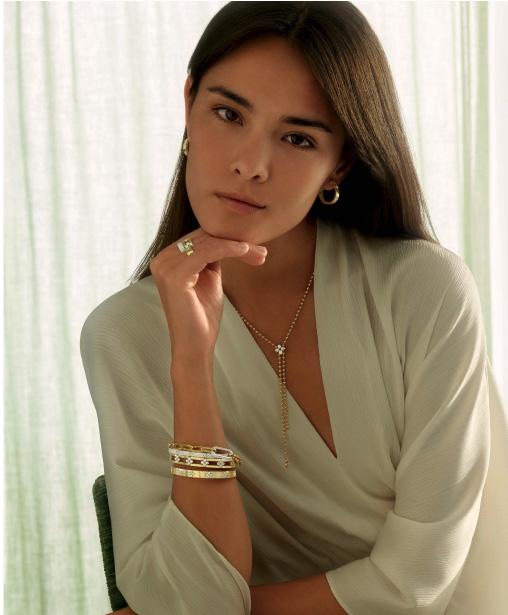

story ,
WATCH HER ON SCREEN THEN HEAR HER SING WHENEVER AND WHEREVER THE MOOD TAKES HER YOU WILL BE AMAZED GUARANTEED

DANIELA
When Daniela Melchior joins the Zoom, she’s soft-spoken but sharp, the kind of person who fills a room without even trying. Her warmth lands before her words do — a quiet kind of confidence that doesn’t need to announce itself. It’s early morning in Lisbon, but she’s glowing through the screen, casual and funny in the way people are when they’ve already made peace with who they are. Within a few minutes, it’s obvious why she’s become one of Hollywood’s most magnetic new faces.
Next up for Melchior is Anaconda, an action comedy from SONY Pictures premiering on Christmas Day. The film stars Jack Black and Paul Rudd, two buddies on a quest in the Amazon to remake their favorite film, 1997’s campy Anaconda, starring Jennifer Lopez.
The thing that stands out most with the film is her curiosity. When Melchior talks about Anaconda, she lights up. “Shooting a comedy is so different,” she says. “It’s laid-back, it’s all about rhythm and play. Steve Zahn would just move his eyes, and I’d start laughing. The energy was incredible.” She calls it “a masterclass in timing,” then smiles. “And they’re just good people. That’s what makes it work.”
DANIELA

But Melchior’s story doesn’t start in Los Angeles or London. It begins in Portugal, where her first stage was a classroom and her first audience was a few classmates. “I started drama classes outside of school when I was still a kid,” she says. “At first, I was just doing impressions, funny, cliché characters from different parts of Portugal. But when I saw people actually listening, I thought, okay, maybe I have something here.” What she found wasn’t fame — it was the power of attention, the rush of being seen and heard.
Nothing about her background pointed toward acting. “Not a single artist in my family,” she says. “My grandparents worked in the fields. My grandfather worked in submarines. Acting wasn’t even an option.” Still, passion seemed to be a family trait. “My parents had jobs that required heart, not just money,” she says. “So when I told them I wanted to act, they said, ‘Whatever you choose, we’ll support you.’”
That support paid off faster than anyone expected. During her final year of acting school, she landed a role on a Portuguese soap opera. “It was my first real job, and from there, I just kept working,” she says. For her parents, it was proof she hadn’t made a mistake; for her, it was proof that persistence could actually build something real.
Even now, with international fame and credits like The Suicide Squad Road House, and Fast X, Melchior talks like someone still a little surprised by how far she’s come. Her modesty doesn’t sound practiced — it feels instinctive. “I never had a plan for Hollywood,” she admits. “When I started, I was just happy on stage. Everything else came later.”
That humility doesn’t mean a lack of drive. Over seven years, she’s built a career defined by range — from the dark humor of The Suicide Squad to the romantic intensity of Road House, where she starred opposite Jake Gyllenhaal. “It was easy to pretend I was falling in love,” she laughs. “We were shooting
in the Dominican Republic. The beach was beautiful, the sunsets were perfect — everything helped.”
For someone whose talent looks effortless, Melchior is intentional about everything she puts into the world. She admits that music has always been another love, one she’s still a little scared of. “I’ve always loved to sing,” she says passionately, “but I never saw myself in musicals. My voice isn’t high like pop singers. It’s lower, more soul, more jazz.” A classical voice teacher once told her she didn’t fit the mold. Instead of discouraging her, it gave her a new purpose. “Now I just want to do music that feels meaningful,” she says. “Everything we listen to changes how we feel. It should matter.”
That belief — that art carries weight — runs through everything she says. It’s also how she thinks about the modern world, especially when it comes to social media and AI. “People say AI will destroy jobs and ruin lives,” she says. “But who made AI? Humans. It’s not technology that scares me, it’s losing our soul. We could have all this progress and still keep our hearts, but some people choose not to.” She pauses for a moment. “We’re not doomed because of technology,” she adds softly. “We’re doomed because of the soul we’re losing.”
Her outlook isn’t cynical, rather it’s hopeful in a grounded way. She believes that influence only matters if you use it for good. She tells a story about her late great-uncle, who donated most of his savings to charity. “None of us knew he’d been giving money away every month,” she says. “When he passed, he left a little for his sisters and the rest for charity. It inspired everyone. Because what’s money really for, if not to do good?”
That mix of conviction and empathy seems to define her. When she talks about working in the U.S., her tone shifts again — more thoughtful, but still bright. A recent trip to Los Angeles left
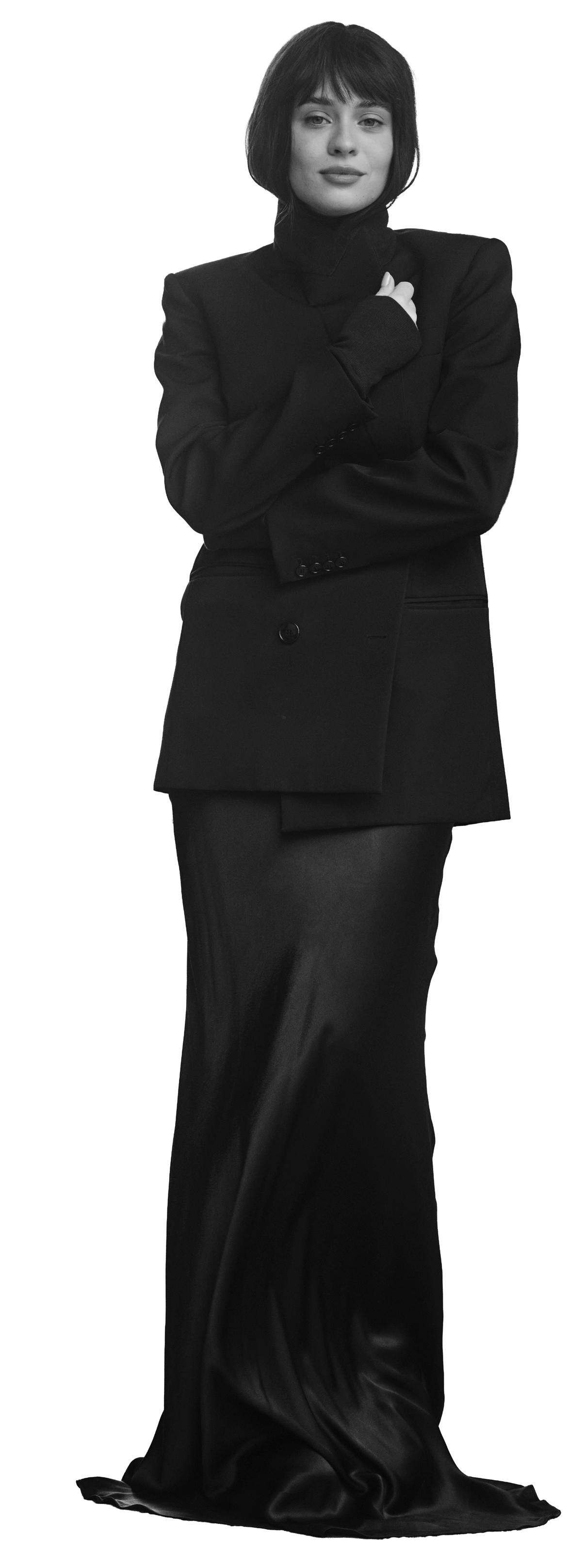
her buzzing with energy. “The mindset there is different,” she says. “Everyone’s talking about what’s next. It’s not just small talk. People want to make things happen.” She’s started developing her own projects as a producer, determined to help shape the stories she wants to see. “I left L.A. inspired,” she says. “People weren’t just patting me on the back. They were saying, ‘Let’s do it.’”
That forward motion is what she loves most about the industry: the collaboration, the openness, the mix of old and new. “I just finished Violent Night 2 with Jared Harris and Joe Pantoliano,” she says. “They’ve been doing this for decades, but they still sit down with younger actors and ask about our process. That’s what being a real artist is, always learning.” The film also stars Kristen Bell and David Harbour and is set for a December 2026 release. In addition to Anaconda and Violent Night 2 Melchior has the raunchy, buddy comedy, Ball’s Up, directed by Greg Farrelly, and also stars Mark Wahlberg and Paul Walter Hauser.
Her respect for the craft is obvious, but so is her humor. When asked about possibly moving to the States, she laughs. “Everyone tells me I’m secretly a New Yorker,” she says. “I’ve only been there twice, but I get it now. The city moves fast, people are ambitious, proactive. That’s very me.” She grins. “There’s a little New York in everyone who wants more.”
As our conversation winds down, Melchior’s manager pops onto the call to remind her of another meeting. She waves goodbye with the same easy warmth she had at the start, unhurried, genuine, present. That’s the thing about her. She’s not trying to perform humility or confidence; she just is both.
“I want to keep growing,” she says simply. “As an actor, as a person, as someone who tries to do good with what I have.” Then she smiles, that quiet, grounded kind of smile that feels like both a promise and a truth. “Everything else will come if I stay true to that.”
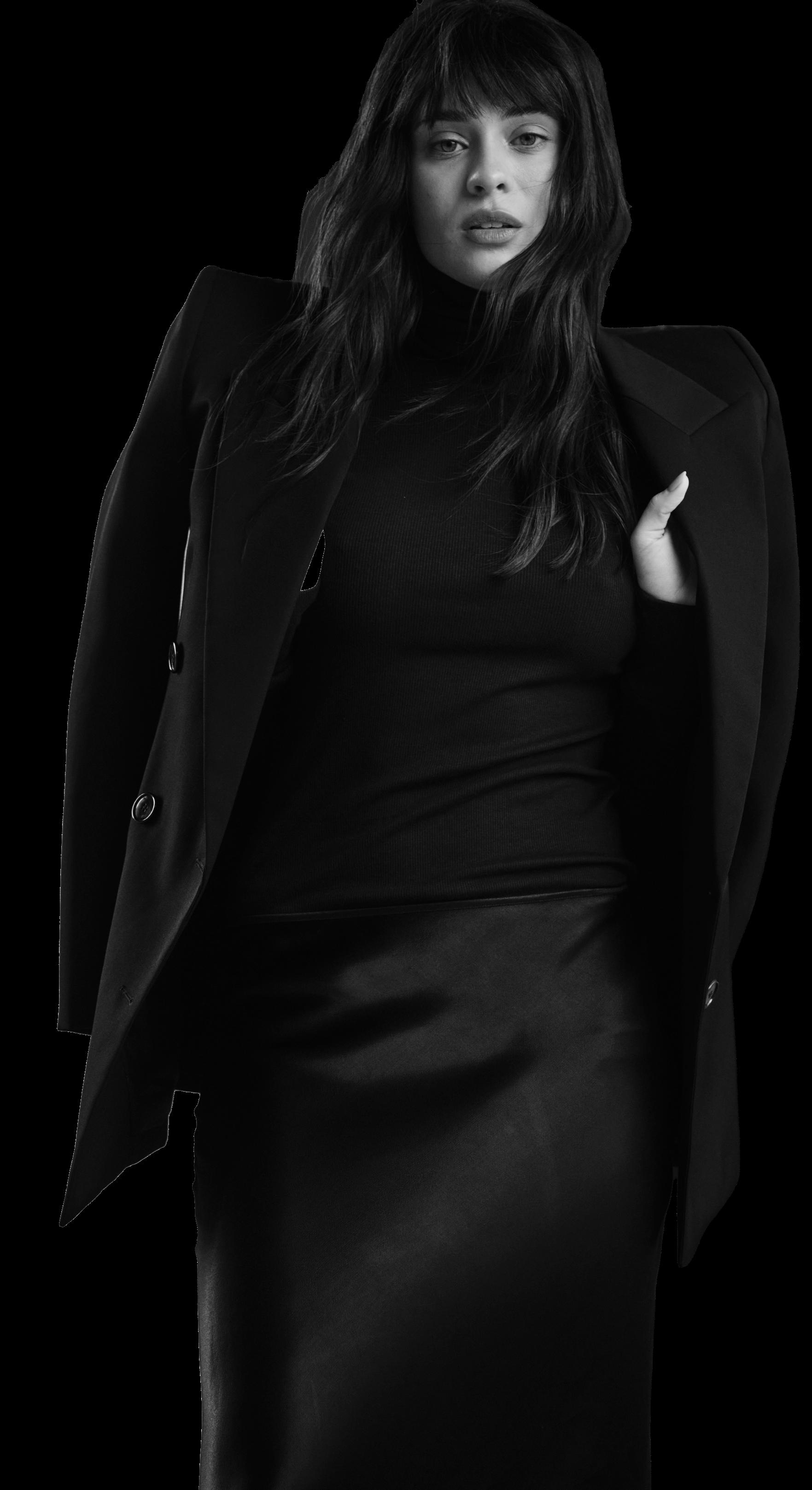
"

SOUL.
our
... It’s not technology that scares me, it’s losing our
HEARTS
... we’re not doomed because of technology ... we’re doomed because of the soul we’re losing ... "

CONTENTS

mamoonah ellison PUBLISHER richard ellison EDITOR IN CHIEF nicky black ART DIRECTOR
phil rowe, assoc. editor
pete barrett, sarah joan production editors elle brockett event content editor marie butler asst. editor sarah joan roston editorial asst. emmy best graphics editorial
chesley turner, bill smyth, ashley walsh, zo ë st a gg, annabelle jacoban, features
liz watson, dora oliver, elsie cleveland art department carolina alzate, richard peters camila cardona, sarah jeffries web & tech support amman a marketing, pr & events
ashley walsh, evelyn galarza, monty reynolds social media
annabelle jacoban, sydney champagne office managers susan north, jessica mcginley office assistants anna johns, jo bell, jen parke video & production fabienne riccoboni, cristian pena photography tony gale, pablo andres monsalve, khan hassan sales & analytics
marty ann robertson YES Sales Consultants, L.L.C.
contributors: Tony Gale, Randall Slavin, Spencer Heyfron, Sean Gleason, William Ferchichi, Dennys iLic, James Weber, Francis Hills, Louis Tinsley, Alison Dyer.Anne Marie Green, CBS, Spencer Heyfron, Carlotta Moye, Amanda Mae, Kelly Balch, David Tenniswood, Petros KoyAija Mayrock, Sri Garber, Platform PR, Rachel Margoli, Hundred Stories PR, Gertie Lowe, Public Eye PR, Cannon, Cannon Mediea Group, Karrie Porter, Evan Duning, Chelsea Claydon, Emily Assiran, Bo Poulsen Anna Shagalov, Kristin Herrera, Ryan Hall, Brooklin Rosenstock, David Edwards, Stewart, Chris Shanahan, Shanna Fisher, Dean Burnett, Paul Bloom, Emily Barnes, Orlando Behar, Paster, Ejaz, Callan Stokes, , Chesley Turner, Zoe Stagg, Nathan Heyward, Sophia Fox-Sowell, Kyle Valenta, Melissa Farley,, Cristian Pena, Pablo Monsalve, Gustavo Ortiz, Tony Moore, Pietro Birindelli, Alvaro Nieto, William Casper.
special thanks: Mike Bundlie, poetsroad.com Brendan Cannon, Ava Cella, Julia Cook, Sydney Lynch, Khaleah Phillips, Kelly Cody, Marielle Berrian, Lexi Rosenstein, Izzy Herbert Brooke Lorenz, April Andrews, Cat Trzaskowski, Jess Herman, Travis Keyes, Toranj Kayvon, Duck Feeney. Buffy Saint-Marie, Mariana Jimènez, Yoli-Ann Cotray, Anita Sweet, Patricia Hurtado, Mark Williamson, Amanda Robinson, Jennifer M Scarcella, Christine Tirado, Arend Jackson, Denis Boyd, Trevis Lester, Marco Santini, Aja Allen, Li Murillo, Silvana Avignoni, Camille Thompson, Franz Munoz, Rebecca Hampson, Sarah Whiteside, Rebecca Velez, Daisy Curbeon, Romano Lai, David De Leon, Diana Manzanares, Marco Santini, Mary Wiles, Antonio Velotta Hannah Morelli Kasey Kitchen, Jen LeeMarla Farrell, Jessica Sze, Charlotte Dick-Godfrey, Buffy Saint-Marie, Mariana Jimènez, Yoli-Ann Cotray, Anita Sweet, Patricia Hurtado, Mark Williamson, Amanda Robinson, Jennifer M Scarcella, Christine Tirado, Arend Jackson, Denis Boyd, Trevis Lester, Marco Santini, Aja Allen, Li Murillo, Silvana Avignoni, Camille Thompson, Franz Munoz, Rebecca Hampson, Sarah Whiteside, Rebecca Velez, Daisy Curbeon, Romano Lai, David De Leon, Diana Manzanares, Marco Santini, Mary Wiles, Antonio Velotta. Ashton Lunceford, Gina Hoffman, Tina Kennedy, sisley, monika borja, US Army, US Air Force, Mary Kay Vrba, Sarah Lee, Halstead , Arnold Robinson, Megan Mattson, Netflix, Aflac, Brian Meier, Corcoran, Rogers and Cowan, Paula Bissonette, Discovery Channel, Kasey Kitchen, David Dormann, Marla Farrell, Maria Candida, Danielle Dinten, Fiskars, Michelle Caspers, Landsend, Think Dutchess, D’Arcy Brito, Sophie Taleghani, Michelle Richards, Katie Feldman, Turner Networks, Audrey Adlam, Discovery Networks, Stan Rosenfield, WW Norton, Harper Collins, Eve Sadof The Wall Group, Giant Artists, David Stanwell, Solo Artists, The Rex Agency, Bective, Magn et Agency, Exclusive Artists, Artmix Beauty, Starworks Artists,Stephanie Gonzalez, Warner Bros Pictures, Next Models Paris, , WWRD, Crabtree & Evelyn, Sunset Marquis Kiki Heitkotter, Diane Da Silva, Ariel Tunnell Splashlight Studios, New York; 108 Leonard Street; 565 Broome Street, Penthouse; Loft 2 Studio; Solar Studios; Five Park Miami Beach; Electric Pony Studios; 1 Grosvenor Square, Hudson Yards Loft, Malibu Modern Studio




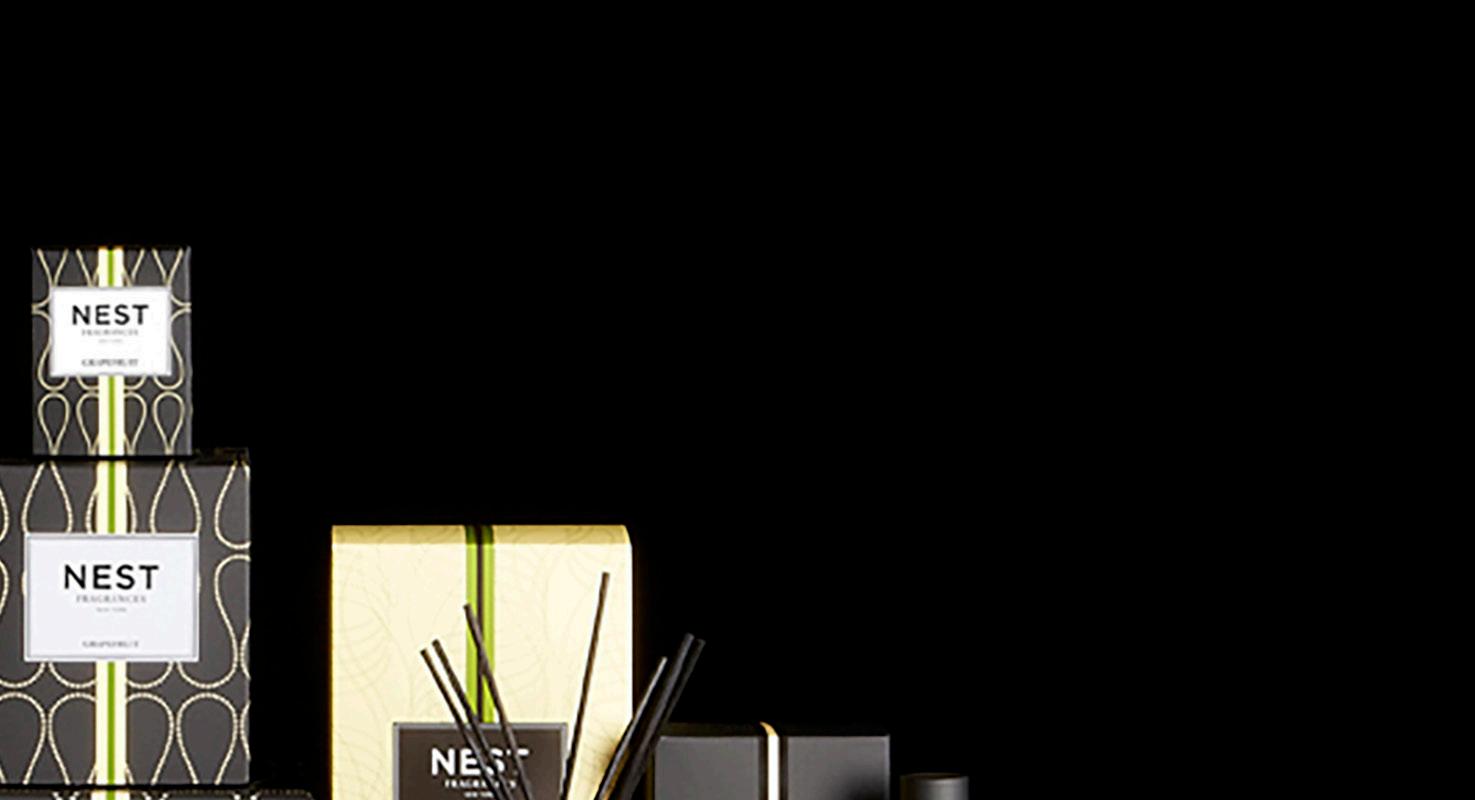




Veggie Martini, Mr Bond?
Shaken or Stirred ?....
(or Mashed, Smashed, Liquidized, Pulverized,, Slammed Scrammed, Pounded, Grounded, Stressed, Messed up.... Well, you get the idea.)
By: Ashleigh VanHouten
Since the Bloody Mary was reputedly created in Paris in the Twenties. cocktails with vegetables (although strictly speaking the tomato is classed as a fruit) have usually been used as a cure for too much drinking rather than the over-indulgence itself. City bartenders today however are increasingly asked for a Tomatillo Mary, a Beet Martini, Ginger Carrot Splash, and even a Cucumber Sling... Not the sort of libation for Joe to set up at quarter to three for Mr Sinatra.
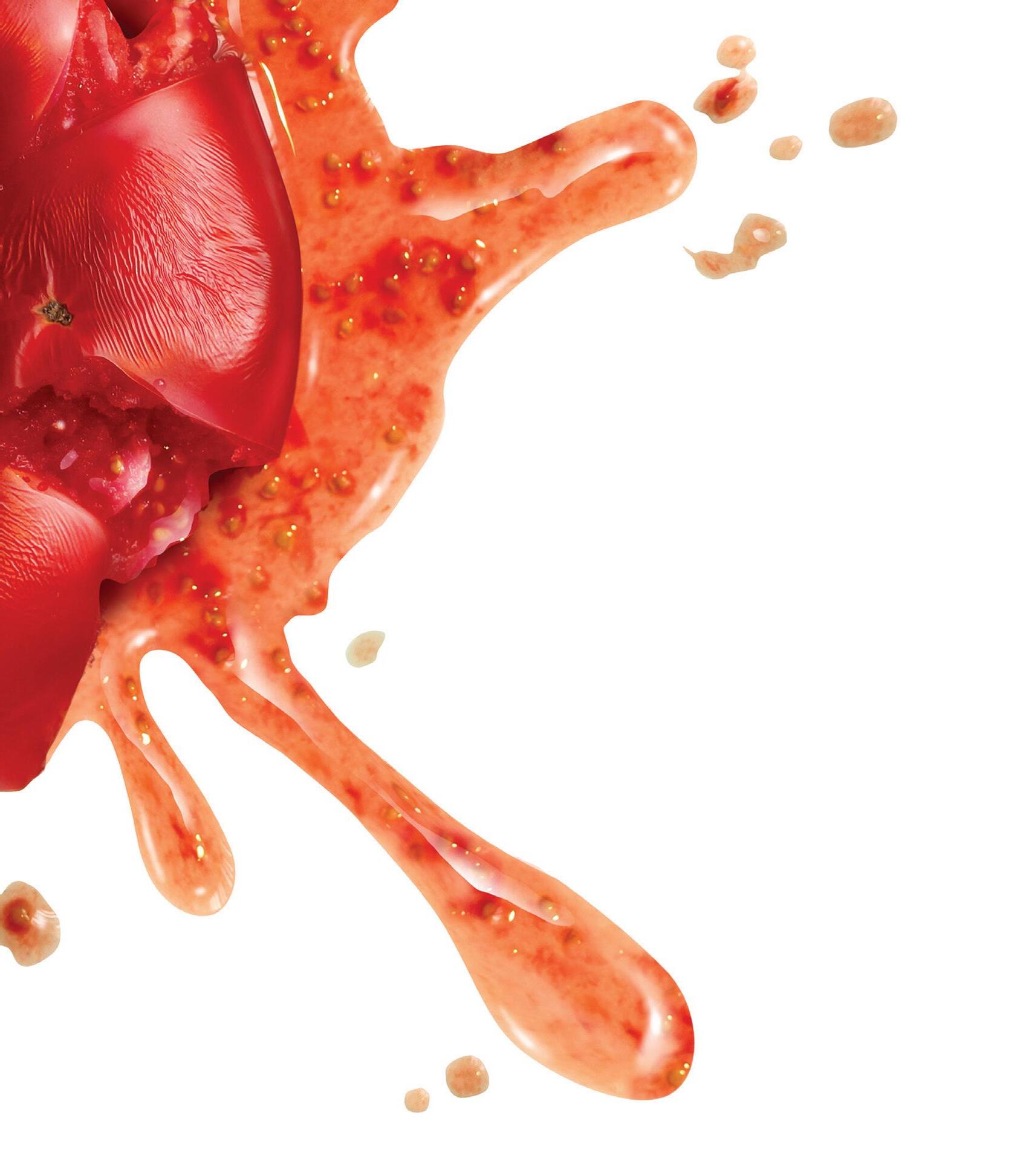
Forget your cranberry cocktail. Bartenders are replacing sweet fruit juices and liqueurs with veggies, and the results are, ahem, mixed: sometimes healthier, sometimes tastier, sometimes a green juice nightmare. Still, if you need to get more veggies in your diet, there are worse ways to do it than in a cocktail. If you have to choke down $25 dollar concoctions of kale and celery, at least skip the gourmet salads and add a shot of vodka to the mix.
The veggie cocktail phenomenon all started with the Bloody Mary (or its Canadian and somewhat spicier counterpart, the Caesar). Somehow, a concoction made from vodka, tomato juice, worchestershire sauce, and salty spices became a hit. So is it any surprise that today’s adventurous bartenders are including more and more veggies in their increasingly experimental drinks?
And it’s worth mentioning that Bloody Mary’s were big before people boasted about how many cruciferious veggies they could jam into their Vitamix. Although it’s been popular in hippie circles for a while, it’s only been the past few years that drinking overpriced, liquefied greens has really become de rigueur in New York. Maybe it’s our obsession with doing things faster (now, we don’t have to chew) or paying too much to prove our worth (we just paid $10 for a juice; look how much richer and better we are than you!), but folks are buying into juice cleanses and fasts more than ever before. And ask any trendy, green-juicing New Yorker: there are still parties to attend and alcohol-fueled mistakes to make, just now with a greener tint.
These complex cocktails, or “prescriptions”, are categorized as stress relievers, aphrodisiacs, or stimulants, based on their ingredients.. And while some of these drinks are rather delightful – chai whiskey sour with rye, sweet chai, lemon and egg white, for example – some are almost daring you drink them. Is a drink made from quinoa vodka, kale juice and ginger worth the potential beauty benefits it bestows? Jury’s out. You’ll also find bell pepper, cilantro, basil, turmeric and cashew orgeat as ingredients in some of the drinks, but one wonders if these health-boasting mixes are preaching to a choir that doesn’t exist: anyone health-nutty enough to enjoy one of these drinks wouldn’t be sullying the temple with alcohol in the first place.
But for the sake of argument (because we at New York Moves love to argue, if nothing else) let’s continue. On the UES you can pick up a Dirty Pickle Martini, vodka splashed with spicy pickle brine. Again, a study in contrast: the only person I can imagine craving one of these would be a pregnant woman, but aren’t they supposed to steer clear of booze? Conventional wisdom keeps changing, so who knows.
At one of New York’s most famous vegan spots (that shall remain nameless) eco-cocktails” (yes, that’s what they’re called) include a drink called Jack the Smith that sounds like a Pumpkin Spice latte gone horribly wrong, and also like something that would make folks from Mad Men roll over in their whiskey-soaked graves: spiced rum with pumpkin, orange, soy milk (!), cinnamon, maple syrup,
and cayenne. A Garden Variety Margarita keeps the tequila (good) but adds kale juice (bad) for what they probably think is a grown up version of the good-timey drink. I’ll stick with the lime juice and sugar, thanks. maybe a robust beet negroni; NYC’s ‘famous’ Suarez has a mind-boggling combination of rum, scotch bonnet tincture, celery bitters, and orange cream citrate; you can also get a creamy beet-cased cocktail “spiked with yogurt mescal.” I suppose at one point, egg whites in a cocktail may have seemed strange, so perhaps we can give a boozy yogurt drink a pass?
Whether we like veggies or we’re just pretending, it’s a fact: they’re healthy and good for you, and it’s a food group most of us don’t get enough of. We can debate whether trace amounts of celery in your booze have any benefit aside from placebo effect, but at the end of the day, it’s all about what floats your boat. Case in point: the other day, my husband ordered a Caesar (the Canadian Bloody Mary I talked about earlier; pretty much the same, but with clamato juice instead of tomato. Oh, you don’t know what clamato juice is? It’s a mix of tomato and clam juice. I know, I know, here I was, trying to convince you that beet juice is awful, when up North we’ve been drinking clam juice all along. Deal with it). His perfectly “normal” Caesar came garnished with a full stick of pepperoni. Tacky, overdone, gross? Yeah. Did he love it? Hell yeah. Whether you mix your booze with fruit juice, kale, salted meat or just some ice cubes, the most important thing is, you’re getting drunk, and THAT craving, my friends, is certainly not a passing fad.
tOFREDERICO MARTINS discovered his passion for photography during his studies at Porto University. His work has been featured in renowned publications such as Vogue, GQ, Vanity Fair Amica, and Madame Figaro. Frederico collaborates with creative teams across Lisbon, Porto, Paris, Milan, and New York, capturing stunning images that blend technical expertise with artistic vision.
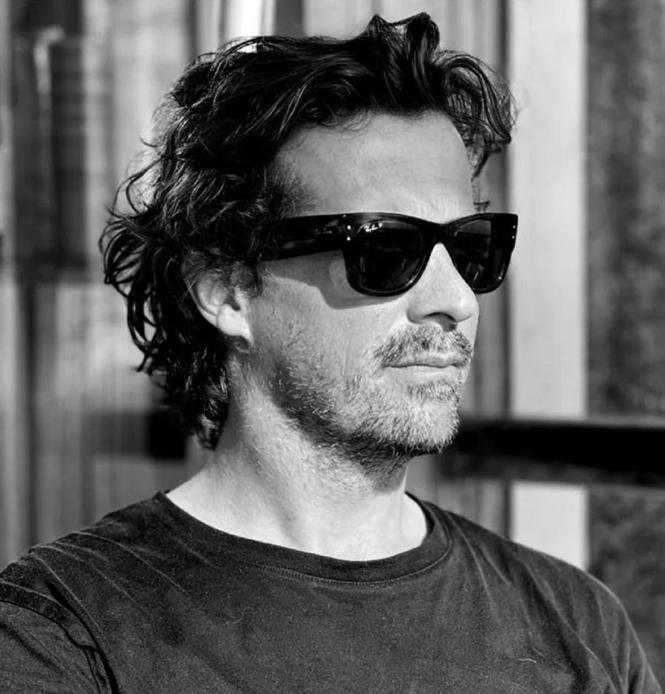
r rtibBEATRIZ TEXUGO has been working as a freelance makeup artist for over eight years. Throughout her career, she’s collaborated on a wide range of projects — from advertising and fashion to campaigns and weddings — always with a strong focus on enhancing natural beauty. Her approach to makeup is clean, timeless, and tailored to each person while believing in the power of subtlety.
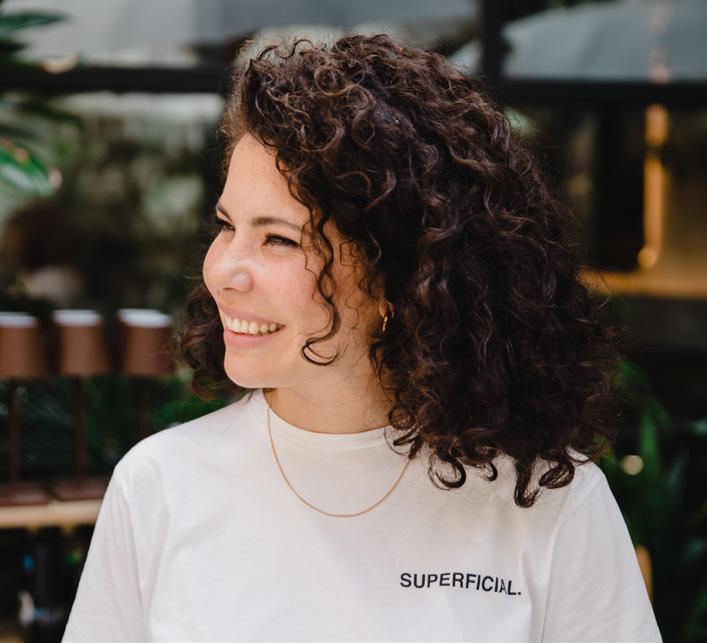
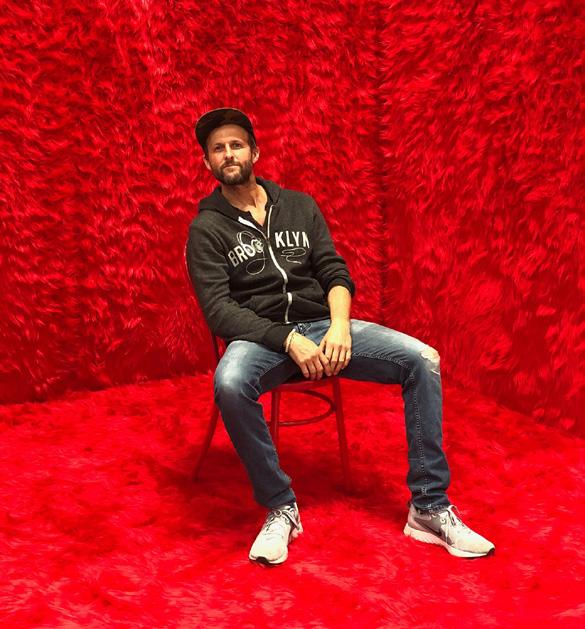
EVAN DUNING has been operating out of his own studio in downtown Los Angeles, The Dream Factory Los Angeles Studio, for over nine years. He always strives to shatter the limits of his creativity and thrives on bustling new projects. His viral enthusiasm leaves none unmoved.
KATIE CAMPBELL is a portrait photographer obsessed with authenticity and the kind of confidence that radiates from the inside out. Her work celebrates women in midlife who are unapologetically owning their stories, and she encourages everyone to take up space, stand tall, and move through life like you mean it.
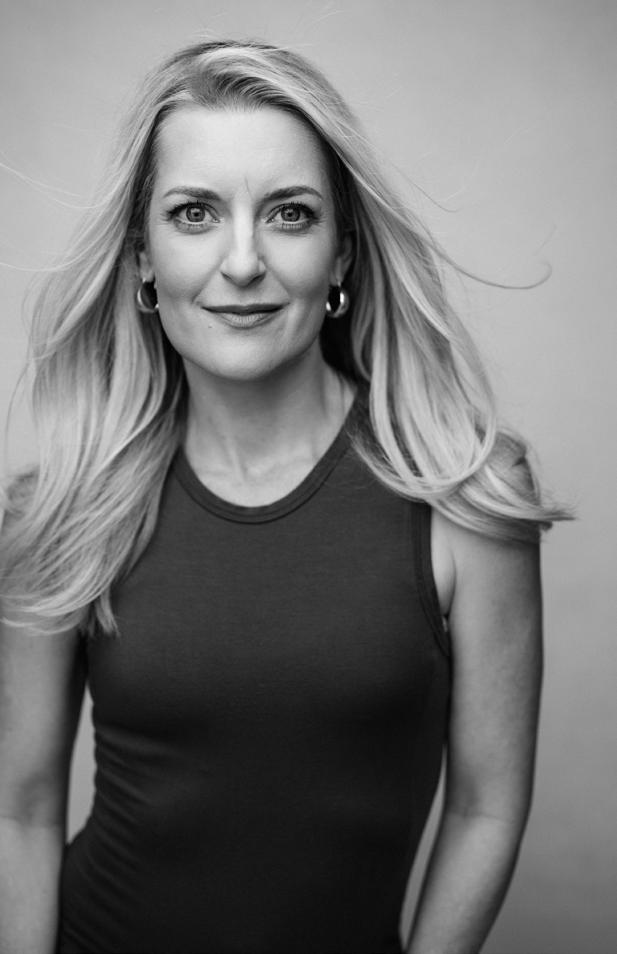
NELLY GONCALVES is a Paris-born stylist and consultant of Portuguese heritage. With over 12 years of experience, she has worked as a freelancer stylist and consultant and served as fashion director for GQ Portugal and DSECTION Magazine. She has collaborated has a consultant with celebrities including Daniela Melchior, Margarida Corceiro and for adverts over 9 years for Cristiano Ronaldo and coordinated major fashion events for luxury brands worldwide.
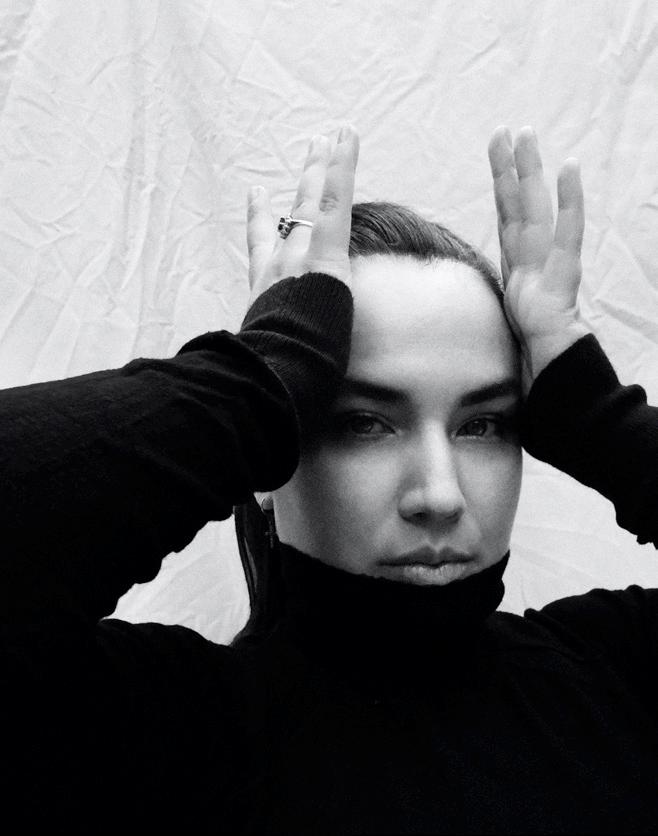
JAMES WEBER has lived and worked in New York for over 20 years now, shooting beauty and fashion while mixing his art with his photography work. His studio is located in Hudson Yards, situated in a building built in 1910 that was originally a carriage house for horses. He has filled it with select pieces of midcentury modern furniture and equipped it with the latest digital capture equipment and lighting systems.



“... Cheese is all about the dark side of life... ” - Sister Noella
Life’s too short not to wear high heels.

I am finally a woman, it’s official. I am an avid high heel wear-er. I never thought the day would come where I would genuinely prefer and feel comfortable in heels over my sneakers or flats, but here we are! I used to trip, blister, complain, and twist ankles in high heels. Those days have ended along with my youth. Hellooooo womanhood. ester. seccy, flatiron


...love letters straight from the heart... ... keep us so near while apart... Whatever happened to love letters? Tangible, delivered letters. Who cares that you love me unless you write it in a love letter. There it is real and lasting. There I can feel it, I can see it in your handwriting. What’s romantic about a text? Where’s the effort there? It’s also just so much more fun to receive hand-written letters. It feels much more personable. I think we can all agree on this yet it has lost importance in our society. Remember the rush you used to get passing notes in class? Or when your parent would leave surprise notes in your grade school lunch box? I want that feeling back! From now on, I’ve decided I will be only writing letters to my loved ones. It’s just so much sweeter! marie, nursery nurse, ozone

“Dinna fash yersel sassenach”
Don’t get me wrong, I love a good miniseries. One that wraps up nicely at the end and has a concise beginning, middle, and end. It works for some shows. However, why is almost every show coming out in this structure? I miss shows with episodes that are just entertainment and fall into a larger compilation of episodes. Now it seems that every show, even sitcoms, is constricted to just eight episodes and can’t go over. I love a show that I can count out and watch for a couple of months but almost every new show I watch takes me a week to finish and then leaves me back on the daunting and mind-numbing scroll and search for a new show. We have taken binge-watching culture too far I say! Why oh why! sally, croupier, midtown

“... Con comme une valise sans poignée...”
Every year I tell myself to stop being such a people pleaser and truthfully I think I am getting better at it, but it still sneaks in at times. I just hate telling someone something they don’t want to hear and I hate people being mad at me still. It feels exhausting to care sometimes. And the thing is, I really don’t anymore so its frustrating when it comes back out, even in small ways. At the restaurant I work, someone asked for our Wifi password— which is not public and even I don’t get access to. They were French tourists and had been rude since they had sat. I told them we don’t have a public Wifi and they rolled their eyes. My instant response was to give them my hotspot. WHY? Why would I give these random strangers who weren’t even nice, the data that I pay for? I slinked away after taking it back and felt weak for even allowing myself to get to that thought. Add it to my ongoing list of resolutions: don’t give out your hotspots to customers just because they were upset that there was no Wifi, even though that is out of your control and they can easily find Wifi elsewhere or deal with the slight inconvenience that is out of your control! Really rolls of the tongue, right?

You Snooze, You Lose!!!
There is a story my grandmother always tells about how she got her first professional job. She was a seventeen year old high school senior, bored of homework and with the confidence you only possess when the world hasn’t fully revealed itself to you yet. She snuck on the subway towards Wall Street, walked right into Dow Jones, and got herself an interview. A week later she was an assistant, with responsibilities she was not equipped for and a curfew to be home for family dinner. But she quickly learned and she worked for the Stock Market. She tells
How much do I need to expand on this -- I am getting angry just thinking about it. No standard coffee
Market. She tells me it was just as crazy as you would imagine it would be during the 60s. I hear those stories and my excitement quickly crashes when I realize my generation cannot lie about our ages or get by with just confidence— I need to write cover letters and respond to Linkedin posts. Catch me waltzing into Dow Jones this week to feel something.sense of fiscal responsibility at a young age, maybe they won’t have to deal with the same nonsense their parents are dealing with now. And maybe, just maybe, if they can get good grades, get into good schools, and get great jobs, they’ll be financially capable of dealing with this nonsense if and when it creeps up behind them. julie, teller, brooklyn
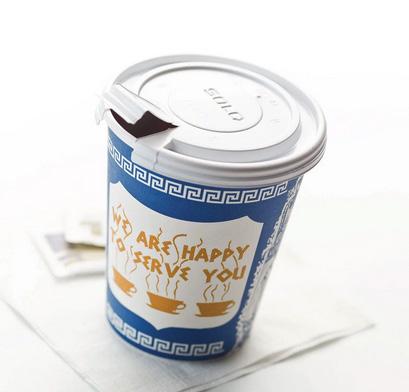
NOOOOOOOOOOOOOOOOO!!!!!!!!!!!
How much do I need to expand on this -- I am getting angry just thinking about it. No standard coffee should be more than $3
EVERRRRRRRRRRRRRR !!!!!!!!!!!!!!!! JB, AUTO MECHANIC, PARK PLACE

WHINEY LITTLE BIATCHES
Why does everybody suddenly hate New York City? I have heard from so many young people that they are over it and how depressed its making them but they are still here. Go! This city is too expensive to live in
if you hate it and, as someone who loves it, I will happily take your cheaper apartment in the East Village when you’re gone. This city is meant to be full of people who feel and create the unique energy. If that is lost on you and there isn’t much keeping you here, maybe its time to go. Move to LA, maybe thats more your speed. abby, entrepreneur, flatiron

The joys of human existence. Really? Is it just me or are elevators the most awkward place in the entire world? I dread the awkward shift in the air when you’re standing in an elevator with strangers, all way too compacted and with nowhere to look. Its weird because I am not an uncomfortable person or someone who feels awkward in social and public situations. But something about elevators make me want to bust out laughing uncontrollably from discomfort or make me antsy, holding my breath until the door finally reopen. I hate it! philippe, pétomane, meat packing

As someone who’s grown up in the city her whole life, here’s a complaint: two-lane walkers. I went down South for school, and I’ve realized people just… don’t know how to walk. Sidewalk etiquette is virtually nonexistent. Why am I now running late to my 9 am meeting? Oh! Because you and your friend are taking up the entire sidewalk walking at glacial speed—a red carpet stroll. I do not care about your convo. Step aside. Let me pass. Basic pedestrian rules: keep right, single file when crowded, don’t stop dead in the middle like you’re the main character. You’re fucking not. beth, journo, LES

“Cheese is all about the dark side of life” - Sister Noella; If you like it, props to you. I’ve found bleu cheese to be maybe the worst addition to any food item one can have. I’m not trying to be a hater to bleu cheese fans specifically. But, I will always without a doubt be negative towards the food item of bleu cheese. I’ve always been told that it’s a taste I’ll eventually acquire. Nope. I’ve never been a picky eater, and if bleu cheese is touching a dish I have to say “No. Thank you.” It’s too funky, and makes my tongue feel sour. I have to hard pass on all the bleu cheese additions that go on in the food world of today. harry, clerk, Roundhay
email: bitch@newyorkmoves.com
snailmail:
Moves: PO BOX 4097 Lex. Ave New York, NY 10163

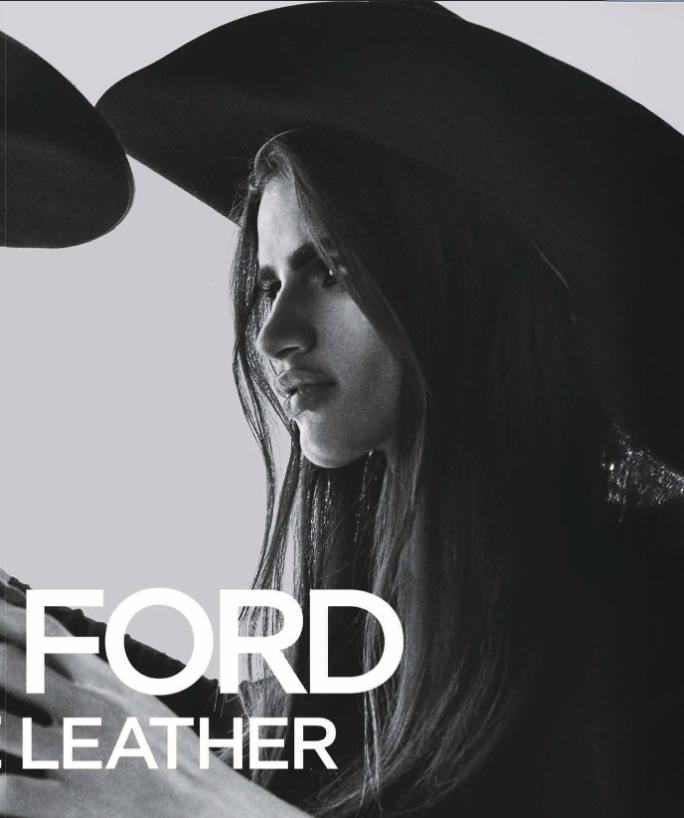
“... a Light Wife doth make a Heavy Husband...
William Shakespeare ‘The Merchant Of Venice’
When I think of a relationship, I think of all the expectation that goes along with it. And that those expectations are high on the culprit-list of doomed couplings and even of those that struggle, resurface and flourish again. From both male and female perspectives, there are a plethora of expectations that exist in monogamous relationships. We expect our significant other to act a certain way, respond a certain way, dress a certain way, BE a certain way to the point where we are basically dating a figment of our own imagination. It’s ironic how we as a race are so hooked on eternally searching for love that when it strolls along and finds us, we demand to control it and twist it to make it become what we think it should be. But the “should”, you see, doesn’t exist… and never did. That was programed into us since we were children; when our relatives bought us our first Barbie and Ken dolls, with a miniature wedding dress and tuxedo to follow.
Marriage isn’t for all, but the female part of the population is brainwashed into believing that this is what happens when a man really loves you; if he doesn’t propose, it’s not real love; he can’t be the one. However, as in all interaction between the sexes, it’s complicated. Not everything is as black and white. In fact there is no black and white, only a seemingly infinite number of shades of grey. Men aren’t all the same, not all good, or bad. And women certainly aren’t all the same. We are all individuals with different backgrounds, families, dreams, goals, personal traits. In a relationship, I feel that sometimes we forget that it is made up of two separate people, two separate entities that function independently of one another and that by being together, you essentially have to know how to be by yourself and be one whole person while sharing your life with another whole person. It’s tricky however, expecting for your significant other to be your only source of happiness and fulfillment; it is just unfair and in a way, illogical. Expecting for your significant other to want the same things as you and have the same goals as you is selfish unrealistic and doomed to almost certain failure. Your significant other isn’t a shell of you, or your groupie; they’re your partner and expecting them to be what YOU want them to be isn’t a formula for a balanced, sharing and enduring partnership. It can sometimes hurt when you realize that you’re dating someone who won’t agree with you all the time, laugh at all your jokes, or like the same music as you do, but in the end if you were the exact same person, you’d be dating yourself and how weird would that be, huh? So instead of expecting your partner to surprise you with roses every day after work, encourage them to be themselves and it’ll surprise you how rounded and successful that can be. I’m not saying to just settle for but I am saying that if the person you fell in love with is an honest, genuine person, has attributes you admire, and treats you well, I promise you will not have to manage your expectations. See where that love takes you.
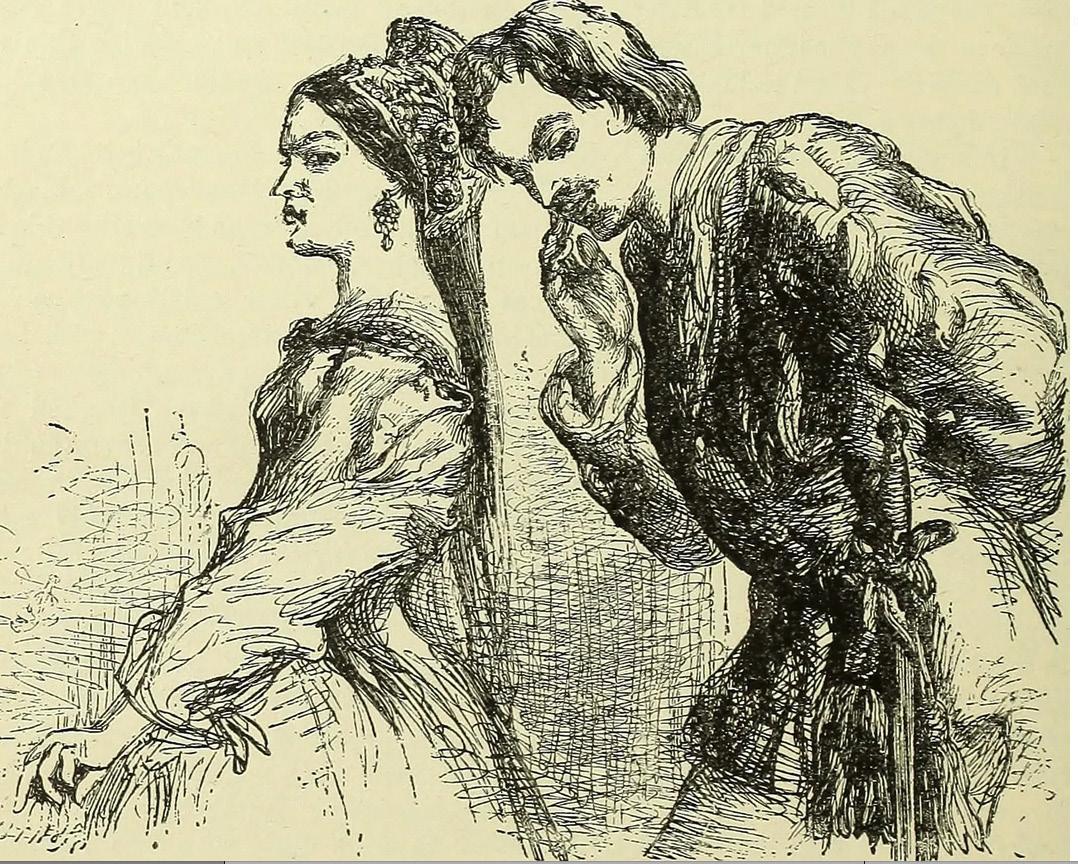


“...Children should be seen... and not heard................
feature Our parents, and theirs, really did mess up in so many ways, but who’s to say we are not doing the same in our own loving way?
Attention working women: Have you or someone in your workplace environment experienced any of the following symptoms: Exhibiting quiet and reserved behaviors such as skipping lunch or leaving the office early; becoming prone to making mistakes because of lack of sleep; crying; arriving at the office late or calling in sick; becoming unmotivated to finish tasks; having problems with coworkers…?
You might be nodding your head, saying, “Yeah, so? Who hasn’t?”
Or you could be one of the women suffering from a chronic combination of these symptoms and find them insurmountable as the twelve million women per year experiencing clinical depression. More importantly, you may be one of the 83% of diagnosed women claiming that this common mental affliction has become their biggest obstacle against success or advancement in the workplace, more so than sexism or motherhood or the glass ceiling.
There are plenty of reasons why emphasizing a woman’s biological predisposition for mood disorders opens an ugly Pandora’s box, possibly labeling women as having an inherent emotional weakness that makes them less desirable for hire. That’s all we need, right? Whenever a woman gets prickly at a business meeting for business reasons, someone rolls their eyes and says, “Oh, those overactive aldosterone releasing factors again! Women!”
But whether it’s detrimental or informative, a scientific study on gender and stress from the National Institute of Mental Health may possibly pinpoint one of the reasons why so many women feel that something is “off,” and that no, it’s not “just PMS.”
The study, first published in Molecular Psychiatry and found that brain scans from male and female rats displayed vastly difference results in how different genders handle stress triggers. While the female brain was more vulnerable to stress hormones, the most interesting aspect is that its receptors have a tendency to tough it out and take in more hormones than the male brain. In other
words, the female brain deals with it, even if it sometimes makes life a living hell. Although the male brain can adapt better to stress, it’s mostly because its receptors hide inside cells, due to a “molecular dance unique to the male brain” that involves “an enabling protein.”
I imagine these results produced a good joke or two inside the testing labs….
The study is a much-needed step in understanding that women may not just be imagining things when they feel they might need outside help to handle seemingly unmanageable symptoms, and why, for some, medication might not be such a terrible idea. According to a National Mental Health Association report on depression in the workplace, 45% of women with severe depressive symptoms have never sought treatment for one reason or another. The conclusion of the study was that overall, many women would benefit from evaluations and medications; one in five women to be exact.
With our country’s reputation for overmedicating itself, should most of us just push through the bad spells? Haven’t people been dealing with these kinds of symptoms for years, and do we want to become reliant on medications to have “normal” (whatever that is) mood functions?
Or is the condition a biological injustice and disadvantage that, if able to be diagnosed and treated with responsible supervision, we should be more open to eliminating through medicinal aid?
The “Yeah, so, who hasn’t been depressed/ distracted/hyperactive/anxious at one time in their life?” attitude is a popular one, and for good reason. When researching an article or report on mental health medication in the United States, it’s difficult to start from a statistical base point. Most exposés begin with a preconceived platform: “We overmedicate our children and ourselves” is the popular stance, and to be honest, the more interesting one. It’s the one I would rather take, because like anyone, I’m not the biggest fan of prescription companies or jumping to
the conclusion that human rites of suffering should be eliminated through pills. Our “dark spots” are what make us human, so it’s difficult to know when enough is enough, or when too deep is too deep.
The negative side of medications do, of course, have basis in reality. There are instances of children having too many doctors and too many medications, procuring odd side effects and making parents throw their hands up in frustration with prescription carelessness. There are plenty of doctors who take the “one pill fits all” mentality to wrap up a patient’s file quickly and irresponsibly. But with so many safe medications on the market, this public opinion on medication is probably discouraging some people who really need help.
When Dr Judith Warner, a Clinical Professor at the University of Utah, set out to write a book on medications in America, she began conducting her research on the assumption that she would find blatant statistical support for the overmedicated argument. Instead she found that although there are the inevitable negative circumstances, medications have provided more good than harm. Her book, “We’ve got issues: Children and Parents in the Age of Medication,” emphasizes the point that only 5% of children are on medication, but 5% to 20% of children are reported to have mental disorders. This seems high, but is almost complimentary to the one-in-five working women statistic and mood disorder statistics in general.
There is something to be said for coming out the other side of heartbreak or one of life’s disappointments on your own, medication free; heart bruised and liver enzymes elevated. Sometimes, however, the human capacity for grief and stress surpass our ability to continue the sociological need for constant productivity.
And for those put off by gender statistics on how women handle depression and stress, it’s not so cut and dry. While F. Scott Fitzgerald was moaning about always feeling like his soul was “at three in the morning no matter the hour of day,” Eleanor Roosevelt was saying, “Work is always an antidote to depression.”
REALLY?
This Be The Verse
By Philip Larkin
They f*** you up, your mum and dad. They may not mean to, but they do. They fill you with the faults they had And add some extra, just for you.
But they were f***ed up in their turn By fools in old-style hats and coats, Who half the time were soppy-stern And half at one another’s throats.
Man hands on misery to man. It deepens like a coastal shelf. Get out as early as you can, And don’t have any kids yourself.


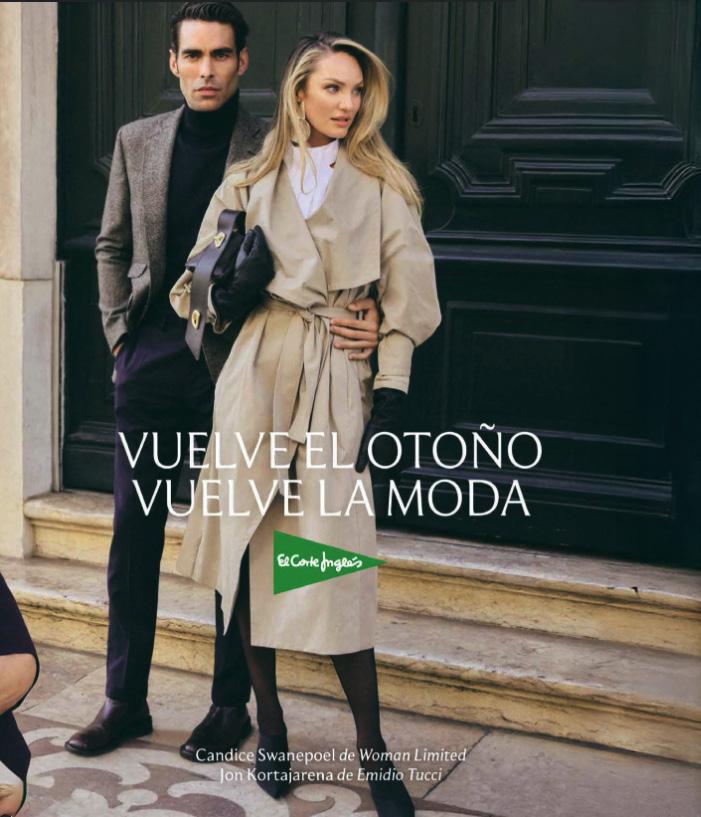
Letter to My Ex
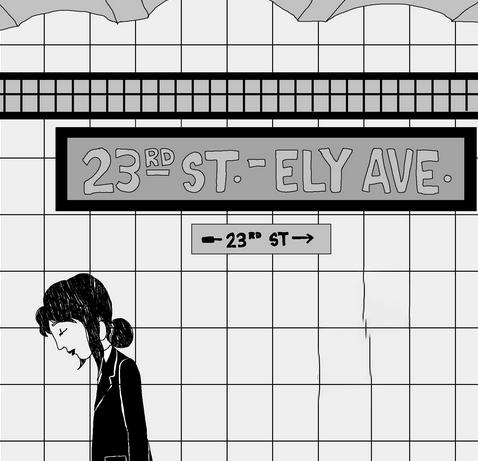
Dear You,
Time heals all wounds, isn’t that what they say? Partly due to this adage, I wrongfully assumed that I would be over you by now. And perhaps I would be if you did not persistently reenter my world at your own pleasure.
Don’t get me wrong, my life has not stopped in the wake of your absence. When things went south with us (and not in the naughty way), I quickly turned cold towards you and went on living like there never was an “us.” I am not some sobbing, love-stricken mess—you know me much better than that. However, it embarrasses me to admit that my feelings for you are like a fever I have yet to fully recover from
It’s cruel and unfair that just when I feel like I’ve finally broken free from your sweaty grasp, you suddenly reach out and entrap me once more. The most frustrating aspect of it all is that you either do not realize or do not care how much you disturb my little universe every time you waltz back in with a cocky grin and a joke ready on your lips.
But maybe it means something that you can’t let go of me. Maybe it makes it all the more real. I would be lying if I said it didn’t make me happy to know I’ve been dancing through your dreams. I know the burn of your love hurts so because it was the first that singed deeply, and that slowly my heart will callous, preparing for future heartbreak.
I just wanted to say (not that it matters) that I really loved you love you and I wish for all those dreams you whispered to me under warm covers to come true.
Love, Me

EMAYATZY
When Emayatzy Corinealdi talks, you can hear how much she’s thinking before she answers.
She takes her time, not out of hesitation, but out of care.
Her voice has that calm, grounded quality that makes you feel like she’s in no rush to convince anyone of anything.
She doesn’t need to !

By Brinlee Edger Images by Tiziano Lugli

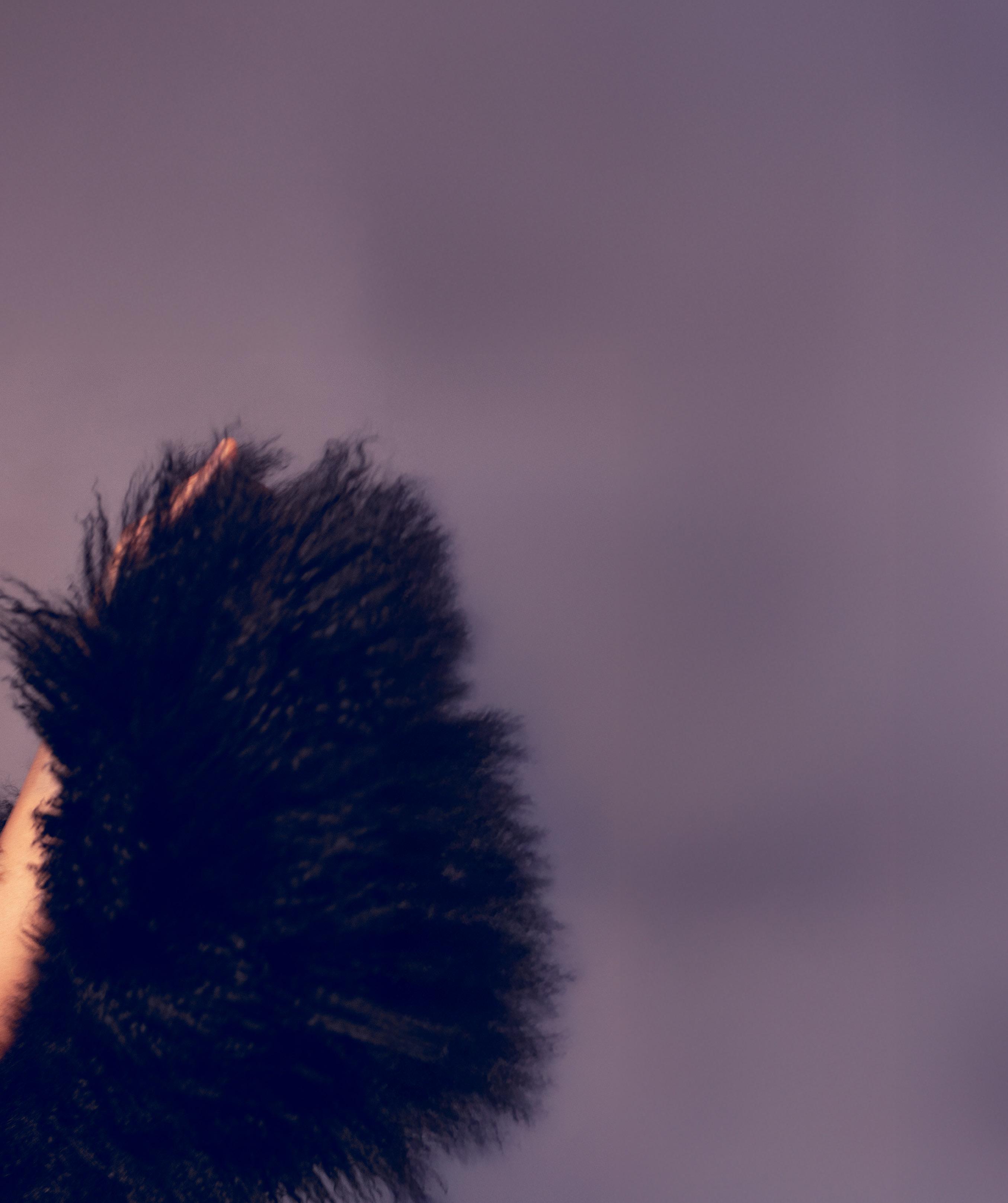
“... She REMINDS me of women I know . Strong, smart , emotional. Just trying to BALANCE everything... without losing themselves...”
Right now, she’s calling from Los Angeles, still somewhere between filming and mom life. “I’ve been running around all day,” she laughs, “so this is actually a break.” There’s a steadiness to her energy that matches the kind of woman she’s become known for playing: controlled, layered, just below boiling.
Corinealdi is best known for her breakout performance as Ruby opposite David Oyelowo in the critically acclaimed 2012 Sundance film Middle of Nowhere, which was nominated for the “Grand Jury Prize” and won “Best Director” for Ava DuVernay. Corinealdi was named one of “Top Ten Faces to Watch for the Fall” out of the Toronto International Film Festival and went on to win “Breakthrough Actor” at the Gotham Awards, receiving a nomination for “Best Actress” at the Independent Spirit Awards.
But it’s her starring role as Jax Stewart on Hulu’s Reasonable Doubt, that has been creating all of her buzz. Jax is a sharp and complicated defense attorney who never walks a straight line. “Jax is bold,” she says. “She’s not afraid to take up space or make the wrong choice. She just moves. And I think that’s part of what I love about her. She keeps going even when it’s messy.” It’s that mess that makes the show feel honest. Jax isn’t a fantasy woman or a moral anchor—she’s powerful, imperfect, and sometimes, painfully human. “She reminds me of women I know,” Corinealdi says. “Strong, smart, emotional. Just trying to balance everything without losing themselves.”
She laughs when I mention how easy she makes it look. “Oh no,” she says. “There’s a lot of work that goes into not making it look like work.” Before acting, Corinealdi once thought she
might become a lawyer in real life. “I liked the performance of it, honestly,” she admits. “The argument, the presence. I thought, ‘That’s what I want.’ Turns out, I didn’t want the law part, I wanted the storytelling.”
That same curiosity shows up when she talks about how the show’s storylines brush up against real life. This season leans into darker material— exploitation, secrecy, the ripple effects of trauma. “We don’t sit down and say, ‘Let’s make this topical,’” she says. “It just happens. Because that’s the world we’re living in. If it doesn’t show up on screen, it’s because we’re avoiding it.”
There’s a quiet conviction when she talks about her work, like she’s aware of how stories can shift the air. “Even if one person watches something and feels seen, that’s the point,” she says. “That’s the whole reason.”
She’s been acting long enough now to notice how much the industry has changed, especially television. “TV used to be where you went in between movie jobs,” she says. “Now it’s the main event. You actually get to live with your character instead of saying goodbye after three months.”
Credits include a multi-episode arc on HBO’s Ballers opposite Dwayne Johnson and starring as the female lead opposite Don Cheadle in the Miles Davis biopic Miles Ahead for Sony Pictures Classics. Corinealdi also starred in the highly rated History Channel adaptation of Alex Haley’s mini-series Roots, starring opposite Forest Whitaker and Malachi Kirby. That longevity has changed how she thinks about her career, too. “It’s made me more intentional,” she says. “I don’t just say yes to things because they sound good. I want to know who’s telling the story and
why. I’ve started thinking more like a producer, like, what can I help build that lasts?”
She’s tried writing, or, as she puts it, “started a few things that will probably never see daylight.” She laughs. “I realized I write like I talk, too much. So I leave that to the writers and focus on what I do best.”
When the conversation drifts toward technology and AI, she sighs. “It’s terrifying and fascinating at the same time,” she says. “You can’t ignore it. It’s here.” Her husband works in tech, so she hears about it constantly. “We talk about it a lot, especially how it’ll shape my daughter’s world. She’s going to grow up in a completely different reality. I just want her to know how to navigate it instead of fearing it.”
Family is where her sentences start to slow down, the chat becomes real. “Motherhood changed me in every possible way,” she says. “Everything I do now, I think about her first. It’s like the focus sharpens. I care more about what I’m building than what I’m chasing.”
Her own parents gave her that foundation. Even her name, Emayatzy, comes with a story. “My dad’s Panamanian, and there was this princess named Emaytia, which my mom mixed with my grandmother’s name, Emma,” she says. “Teachers could never pronounce it. I could always tell when they got to me on roll call because they’d just pause.” She laughs again. “But I loved it. My parents told me it was strong and unique, and I believed them.”
When I ask about her heroes, her tone changes, warmer, lighter. “Angela Bassett. Denzel Washington. Ed Harris. I look up to them so much,”
she says. “They work with such clarity. You believe every word.” She tells me about meeting Bassett once and completely losing her cool. “I just ran up to her like a fan,” she says, laughing. “And she was so gracious. Exactly who you hope she’d be.”
Her list of dream directors spills out easily, Ryan Coogler, Paul Thomas Anderson, and Daniel Day-Lewis if he ever decides to come back. “Phantom Thread is one of my comfort movies,” she says. “It’s so precise, so beautiful. I could watch it a hundred times.”
Off camera, though, Corinealdi is nothing like the high-powered women she plays. She drinks tea instead of coffee, keeps her trailer minimal with “just slippers, snacks, and a laptop,” and swears her karaoke song, Earth, Wind & Fire’s “Reasons,” is a make-or-break test of courage. “If you can hit those notes,” she says, “you can survive anything.”
When I ask what Jax would be if she weren’t a lawyer, she doesn’t even think. “A bounty hunter,” she says, laughing. “She thrives in chaos. She’d love that.”
As for what’s next, Corinealdi’s learned to trust timing. “There’s a project coming, but I’ve stopped rushing,” she says. “The right thing shows up when it’s supposed to.”
More than anything, she’s focused on doing work that feels true. “I’m not chasing fame,” she says. “I’m chasing freedom, the freedom to make choices that mean something.”
There’s a short silence, and then she adds, almost to herself, “You know, I think that’s it. Just to keep growing without losing myself.”
She says it so simply, like a truth she’s been circling for years. It lands the same way her performances do, steady, unforced, and real.



“primum non nocere” *

Hippocrates is known as the “Father of Medicine” He is credited with promoting the use of clinical observation, emphasizing natural causes for disease, and advocating for ethical medical practice through the Hippocratic Oath.
HMOS, THOSE ORGANIZATIONS THAT ARE SO GENEROUS WITH THEIR CAMPAIGN CASH FOR CANDIDATES.
It’s nice to think that one day in the near future, each and every person in the United States will have access to affordable facilities and sufficient medical attention. It’s also nice to think that one day we’ll eradicate poverty, hunger, and the general ill will we foster towards one another on our daily commutes to work. Call me cynical, but that’s just how impossible I think that creating a nurturing, efficient, and all-encompassing healthcare system will be. In my 22 years of brushes with the system, I have encountered enough slip-ups to realize that you don’t have to be uninsured to be invisible. You only have to turn on the news to hear about the countless fatalities that have been caused by healthcare-related negligence.
Edith Isabel Rodriguez, 43, died of a perforated bowel as she was being arrested for parole violation. The kicker? Up until the arrest, she was vomiting blood and writhing in pain in the waiting room of a Los Angeles Hospital. While hospital staff stood watching, her boyfriend desperately tried to seek attention for her and eventually resorted to calling 911. As ridiculous as that sounds, the story gets worse. Operators refused to address the issue because the couple was already at a hospital, thus deeming the situation a non-emergency. A female bystander also placed a call to 911 to plead for help to no avail. Eventually, hospital staff alerted security to the nuisance that Rodriguez was causing and found a small charge with which to arrest her. She died as police wheeled her out of the hospital.
Indifference among hospital staff was also involved in the death of the 1950s songwriter Julius Dixson when he was admitted to a Manhattan hospital after breaking a bone in his hip. Did he die due to surgical errors? No. Rather, autopsies show that he died from dehydration and “metabolic complications.” In layman’s terms, Julius died of malnutrition. While it seems preposterous that somebody could die of such a preventable condition in a hospital, it is quite possible if certain staff members at that establishment happen to lose the dentures of that patient, thereby making it impossible for him to consume the solid foods presented to him at mealtimes. Nurses and doctors allegedly ignored the patient’s repeated complaints that he needed his dentures to eat. Two weeks after he was admitted, nurses finally inserted a feeding tube. By then, his body was too weak to process the nutrients, and he died a day later.
Avoidable deaths within hospitals aren’t always caused by apathy. For instance a technical slip-up resulted in the blood thinner overdosage of six premature babies at Methodist Hospital in Indiana. Three of those six babies died. After a pharmacist accidentally stocked a medicine cabinet in the neonatal ward with adult-appropriate prescriptions, a nurse mistook them for children’s medicine, and the rest is self-explanatory. Needless to say, the deaths could have been easily avoided if either person took a moment to read the labels or even notice that they were color-coded.
While the incidents described seem extreme and far between, they are not as unusual as you would think. One only has to glance at the daily newspaper to realize that hospitals are as fallible as the capable (or incapable) hands within them. Not to mention that even the most proficient worker will make the occasional misjudgment, especially when he or she has been overtaxed by ridiculously long shifts and limited by institutional budgeting and policies regarding insurance coverage. Yet, while humans are imperfect by nature, the mistakes they are susceptible to making bear infinitely more weight within a hospital than in almost any other environment. Forgivable or not, these occurrences reflect the overall state of our healthcare system, and all is not well.
The thought that something like what happened to Edith Isabel Rodriguez, Julius Dixson, or the parents of the six babies in Indiana could happen to you is startling, but probably too extreme to really hit home. Emergency situations aside, do you know that at this moment, you are probably being hoodwinked out of a few hundred dollars? Medicine, like any other business, thrives on customer care. That means they make money by knowing things that you don’t know, and, indirectly, by keeping you in the dark (much like the old car mechanic). Having close friends in the medical field and having spent some time working in it myself, I have come to learn that morality and professionalism are often at odds.
Case in point, a friend of mine once worked for a certain podiatrist in Brooklyn who often sent old specimens to the labs when he “couldn’t” obtain one from the patient. Why? To misrepresent the simpler procedures as complex operations so that he could over-bill the insurance companies.
He also made a profit by charging clients hundreds of dollars for “customized” and “therapeutic” foot pads when he was really just taking standard shoe slip-ins and cutting parts out. The retail value of these “therapeutic” pads? About eight dollars, max. My friend has been trying to find a bureau to report him to ever since. Similarly, after working at a Manhattan clinic for a year, I discovered that podiatry isn’t the only business banking on your ignorance.
The morning-after pill, an emergency contraceptive that costs up-to-and-beyond 125 dollars at private clinics, is the equivalent to taking an extra few doses of birth control. As birth control prices range from free to about 50 dollars a month, you can save a pretty penny by opting for the latter choice. Of course, we weren’t supposed to mention anything about that. (I have to throw in a little disclaimer here. My knowledge of medicine = internet research + office gossip. So strap on a condom, slap on a patch, or do whatever you have to do. You know what I mean.) I’ve seen a dozen instances in which the patient’s personal and fiscal interest came last on the list of priorities in medical facilities (HIPAA what?). And that’s saying a lot, considering that I work at a magazine.
The point of all of this is simple. While these instances seem isolated and situation-specific, they paint a bigger picture. People are, after all, just people. They are subject to error, apathy, and are motivated by many of the same things that motivate us all in business (i.e., money, money, money). And the victims of these mistakes and lies are patients…insured patients. The question I pose now is: how can we even begin to focus on solving healthcare related problems on a national level (think HMOs and insurance premiums) when we can’t even treat the insured patient right? If we maintain the status quo of healthcare and then make that available to every single person in the country, can you imagine what the influx of thousands, possibly millions of new patients will do to the system? Unless we begin to draft doctors, nurses, and staff, and then pull new facilities out of our hats, the system will not be able to handle the amount of people who need to be cared for. In fact, I believe it will crumble before our very eyes or worse still, crumble while we keep our eyes tight shut!



ResilieNce, ReiNveNtioN & the LoNg Game

AARON COSTA GANIS

By: Brinlee Edger
Images: James Weber
Actor Aaron Costa Ganis doesn’t sugarcoat it. The waiting. The grind. The endless audition rooms that smell like burnt coffee and deodorant you don’t quite trust. “You spend years in this business waiting for the phone to ring,” he says. “At some point you realize—that’s the job. The waiting is the life. You either make peace with it, or you get out.”
He didn’t come to that wisdom gently. In 2018, mid-rehearsal on Broadway, he was running a swordfight sequence over and over. Same move, same step, same swing. It caught up to him. A herniated disc pressed into his spinal cord and changed everything. He thought it was just a tweak. Then he couldn’t get out of bed. “One second I was in rehearsal,” he says. “Next I was in court trying to prove I was broken.”
Recovery wasn’t quick. It wasn’t even clean. It was long afternoons at doctors’ offices, physical therapy in bland white rooms that smelled of antiseptic, insurance hearings that dragged on forever. “You spend more time filling out forms than actually healing,” he says. Friends showed up at first. They checked in, brought food, sent texts. But slowly, they disappeared. “That’s the hardest part. When you stop moving, people stop with you.”
The silence left him restless. He picked up a pen. At first it was scraps—lines on receipts, half-scenes in spiral notebooks, notes tapped out on his phone while riding the subway to therapy. He wasn’t writing for an audience. He was writing to stay alive. Some fragments became short scripts, one turned into a film about Donald Trump’s mother, a Scottish immigrant in Queens. “It wasn’t political,” he says quickly, maybe too quickly. “I just wanted to see how shame and silence pass through families. That interests me more than a clean hero story.”
In mid-September, Ganis wrapped up a starring role opposite Elizabeth McGovern in Ava Gardner: The Secret Conversations at the New York City Center in Midtown. Ganis played British journalist Peter Evans, whose book Ava Gardner: The Secret Conversations was the basis for the play that McGovern adapted for the stage. She brought the play to New York City from London this past summer—July 29 to September 14—and after NYC it went to Chicago for a short run.
Not too long ago, Ganis would receive a very important phone call: Steven Spielberg’s agent. He called while Ganis was cooking chicken in a pan. “Spielberg watched your tape,” the agent said, “and he thought you were extraordinary.” Ganis froze. “I thought they had the wrong guy,” he says. “I just stared at the stove for a long time.”
Ganis will be in a soon-to-be-named Spielberg sci-fi film set for a 2026 release. The cast is rumored to include Emily Blunt, Colin Firth, Colman Domingo, Josh O’Connor, and Eve Hewson. The set was another world. Spielberg shot with surgical precision. No extra angles, no padding. “He shoots exactly what he needs,” Ganis says. “It’s terrifying and exhilarating. You can’t fake it. But he also makes you feel like you belong there. That’s rare. Especially when you’ve spent years convincing yourself you don’t.”
None of this was inevitable. He grew up in Concord, New Hampshire, an only child. His parents scraped together a living before opening a gift shop on Main Street. His mom had been a dancer; his dad was steady, quiet, practical. There was no blueprint for an actor. He tried law, even worked at a Manhattan firm. The fluorescent lights made him restless. “I realized in about three minutes we were the bad guys,” he says. Then came an acting class. Just one. It cracked something open. After years of failed auditions, NYU Grad Acting finally took him in on scholarship. “It wasn’t glamorous. I just didn’t stop applying.”
The pull had been there all along. As a kid he haunted the corner video store. His mom let him rent whatever he wanted, even when it was wildly inappropriate. He remembers taking home Apocalypse Now before he was old enough to shave. “I didn’t understand it,” he says, “but I felt it. The power of it. That stuck with me.”
Persistence carried him through the rejections, through the months where nothing happened. He learned not to expect momentum, only to keep moving. “Normalcy is underrated,” he says. “You don’t have to go to every party. You just have to keep showing up.”
These days he’s showing up differently. He’s back in auditions, slowly rebuilding the physical presence that once defined him. He’s writing a new screenplay, circling themes of memory and inheritance again. He talks about wanting roles that scare him a little. “I don’t want to get too comfortable,” he says. “Comfort is dangerous for an artist. You start repeating yourself.”
Aside from the Spielberg film, what’s next isn’t clear. He likes it that way. “I don’t want to map it all out,” he says. “That’s when you start trying to control it, and this business laughs at control.” He pauses, then adds, “The only thing I can promise myself is to keep evolving. Even if it means falling on my face sometimes.”
For Aaron Costa Ganis, that’s the whole point. Not the applause, not the premieres, not the noise. Just the work. The part that survives.


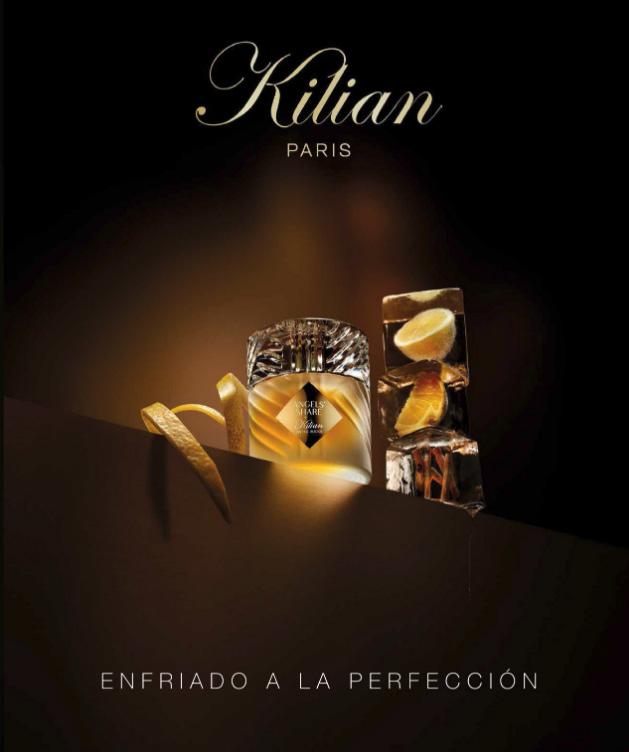
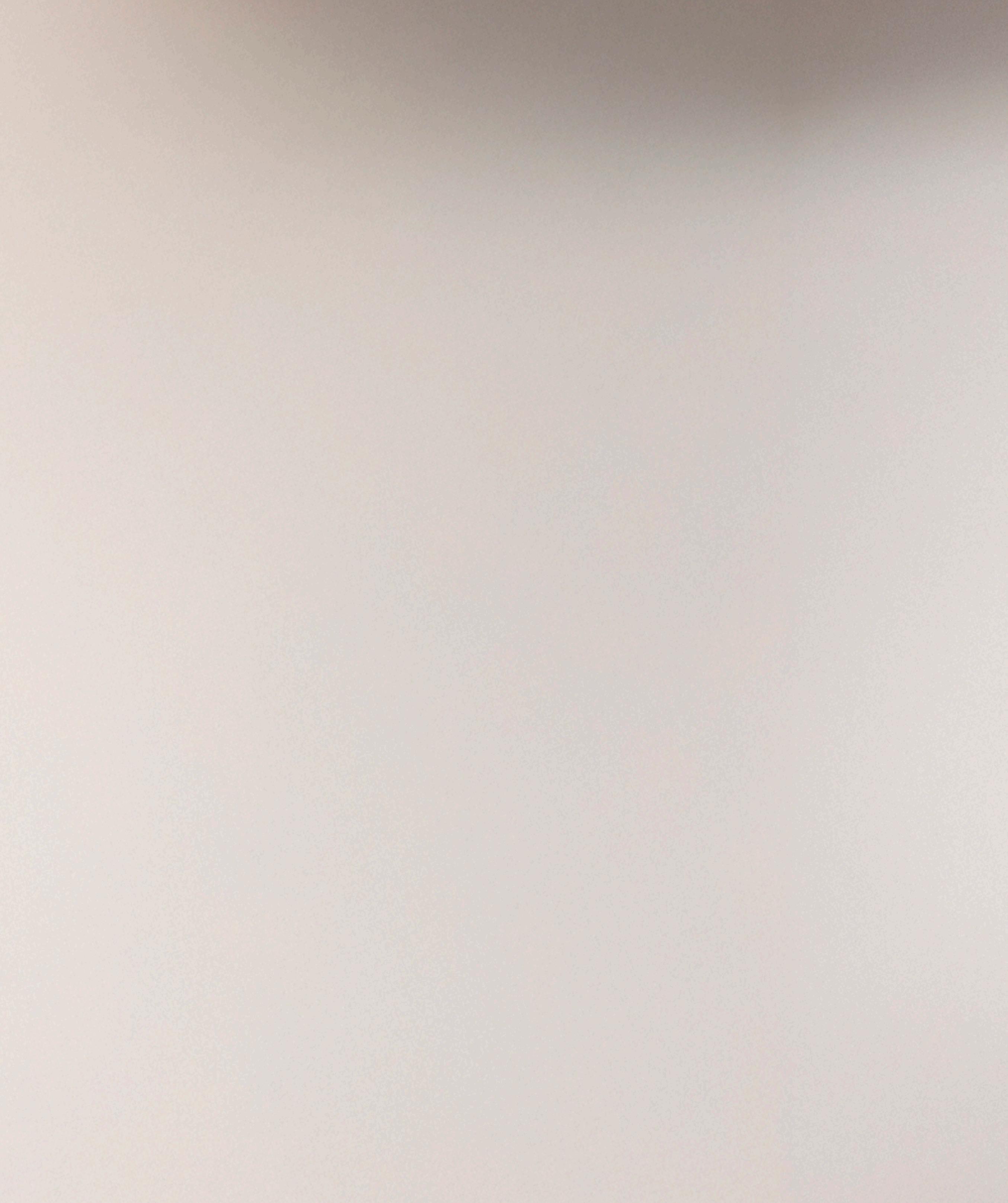
... Satire is special because it allows us to not only point out hard truths about ourselves as humans but also to laugh at them. It’s a slight subversion, a quirky lens change that helps us hold on, even awful shit, a little more lightly. I think St Francis of Assisi had it right when he said to “wear the world as a loose garment...
Jen Lyon
Oh, But So Much More Than Just A Pretty Face !

photography by Tyler Patrick Kenny
You’ve worked across stage, sketch, and television. How do you think your comedy roots shape how you approach dramatic roles, or vice versa?
I think maybe comedy roots help you approach a tragic scene by making sure you’re still on your toes within it, instead of falling into the trap of playing a mood. It’s active. You play swimming instead of drowning, if that makes sense. Like, if you’re in a scene where you drown, what you actually want to play is “trying to stay alive,” and it’s the circumstances that insist you drown.
When you’re building a character, where do you usually start? From the inside out, or does the visual world help lead the way?
I always start with the language. The words they use when they speak plus the words the writer uses to describe them opens the whole world. What do they want and how do they go about getting it? It’s all on the page. When costumes and HMU begin, it is so exciting to collaborate and find out more about how this character lives and sometimes it really changes your previous ideas.
You’ve played some wildly different women. What draws you to a role, and what makes you say “yes”?
Unemployment. Seriously, I think people should know that the majority of actors aren’t being sent scripts to mull over and decide on- we are hustling for the next gig and auditioning. Maybe the top 2 percent are like that? The rest of us are hustling.

How do you keep yourself creatively grounded when the industry pulls you in different directions, especially with social media and constant visibility?
I’ve been completely off social media for about three years. I recently recovered my passwords because NBC wanted me to and also, I hired a dolphin to run it. That way I don’t have to look, and dolphins don’t really get that invested in land-based issues.
What have you learned about leadership from being part of ensemble casts in shows like Claws or your upcoming Stumble?
I hope that I have learned that being professional, kind, and curious is the only way to be. There are 200 other people there with big lives and ideas and I want to do great work in a way that allows them to do their best work too. I’ve also learned everybody needs to be hydrated, checked on, and to feel loved.
What drives you to always tell the “satirical truth” in your work?
Satire is special because it allows us to not only point out hard truths about ourselves as humans but also to laugh at them. It’s a slight subversion, a quirky lens change that helps us hold on, even awful shit a little more lightly. I think St Francis of Assisi had it right when he said to “wear the world as a loose garment.”
What’s a role you’ve played that made you rethink how you approach improv, theatre, and digital comedy?
All three at once?! I don’t know that there is one!
POYKPAC was ahead of its time in terms of digital sketch work. What lessons did you learn early in that field that you’ve carried with you throughout your career?
I learned that I tilt my chin up too far when I speak and that will make the camera see right up your nose. We also learned to write, create our own work, be scrappy in pursuit of said work, and fight to the death over jokes.
How did you prepare for your role in Stumble? Combining mockumentary and cheerleading must have been a first for you.
This is my first mockumentary! So, looking at the camera was so hard. I mean, you spend 20 years pretending the camera/audience isn’t there and not breaking the fourth wall and all of the sudden there is this added element of behavior and awareness. I definitely rewatched “Cheer” and read Monica Aldama’s autobiography. I also watched Daytona competitions and my favorite Christopher Guest movies.
If you were to “coach” your younger self, what would your pep talk sound like?
Pssst! Look, a monkey! JK, made you look. Why did you think there would be a monkey in here? I like your imagination, and I also wish a monkey was in here. Let’s worry less about boys and diets starting now. Deal?
What keeps you creatively inspired and fulfilled outside of your professional life? What helps you recharge?
God, I wish I had some eccentric hobby. But mostly laying down? I can’t recharge upright. As far as creatively inspired, definitely seeing theatre, reading, watching shows, being quiet in the park, listening to music/podcasts. As far as being fulfilled outside of professional life, laughing with a good friend and volunteering are the special sauce.

To her younger self: “... Pssst! Look, a monkey! JK, made you look. Why did you think there would be a monkey in here? I like your imagination, and I also wish a monkey was in here. Let’s worry less about boys and diets starting now. Deal? ...”

Moves Power Women 2025
Annika Pergament
Spectrum News NY1 Anchor
Carianne Marshall
Co-Chair & COO, Warner Chappell Music
Celina Perez
Head Distiller at Great Jones Distilling Co., NYC
Daisy Jopling
Classical/rock violinist and composer
Danielle Sheer
Chief Trust Officer , Commvault
Deirdre Walsh
EVP, Strategy for Government affairs, ARKA Group
Elizabeth Bryant
Senior Vice President & Chief People Officer, Southwest Airlines
Joy Mangano
Founder & CEO, CleanBoss
Komal Bhukhanwala
VP Graphics, Innovation & design at CBS Sports
Loren DeNicola
Head, West Side Montessori School
Lori Locke
Chief Accounting Officer, Warner Bros. Discovery
Micaela Pallini
President and Chief Executive Officer, Pallini Company
Michelle Gadsden-Williams
Managing Director & Global Head of Diversity, Equity and Inclusion, BlackRock
Monica Kraft, MD
Professor and System Chair, Department of Medicine, Icahn School of Medicine at Mount Sinai, Associate Dean for Clinical Affairs.
Rebecca Wisocky
Actor, Ghosts
Rosalind Ross
Writer, Director
Sally Ann Hall
Comedian, Writer
Victoria Gutierrez
Executive Vice President and Merchant, The Wonder Group
Zainab Azizi
Film Producer, President of Raimi Productions, Send Help (2026)
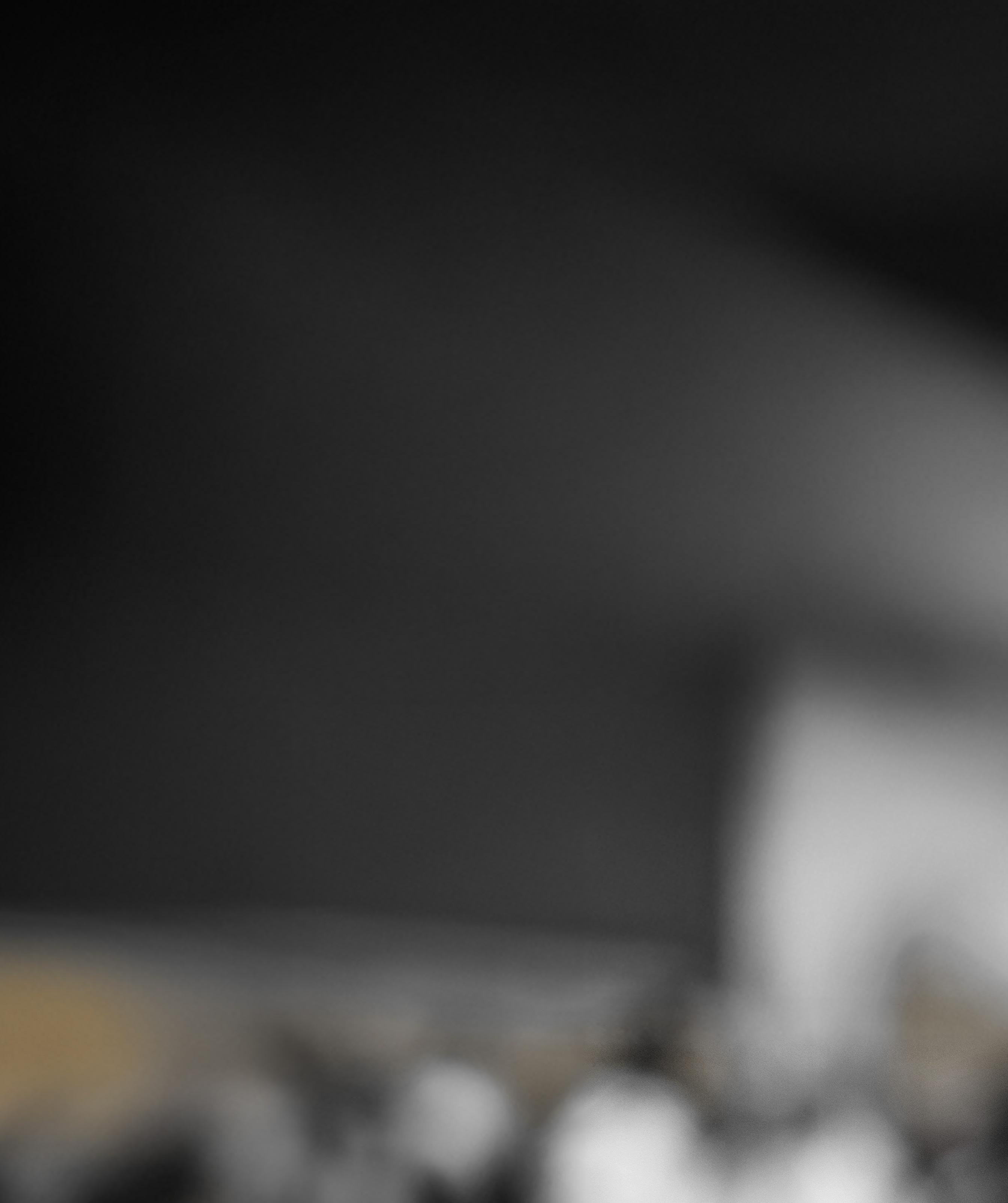

SALLY ANN HALL
Comedian
& Writer
“ ... Fixing poverty and empowering women are, to me, the first steps to solving so many problems ... ”

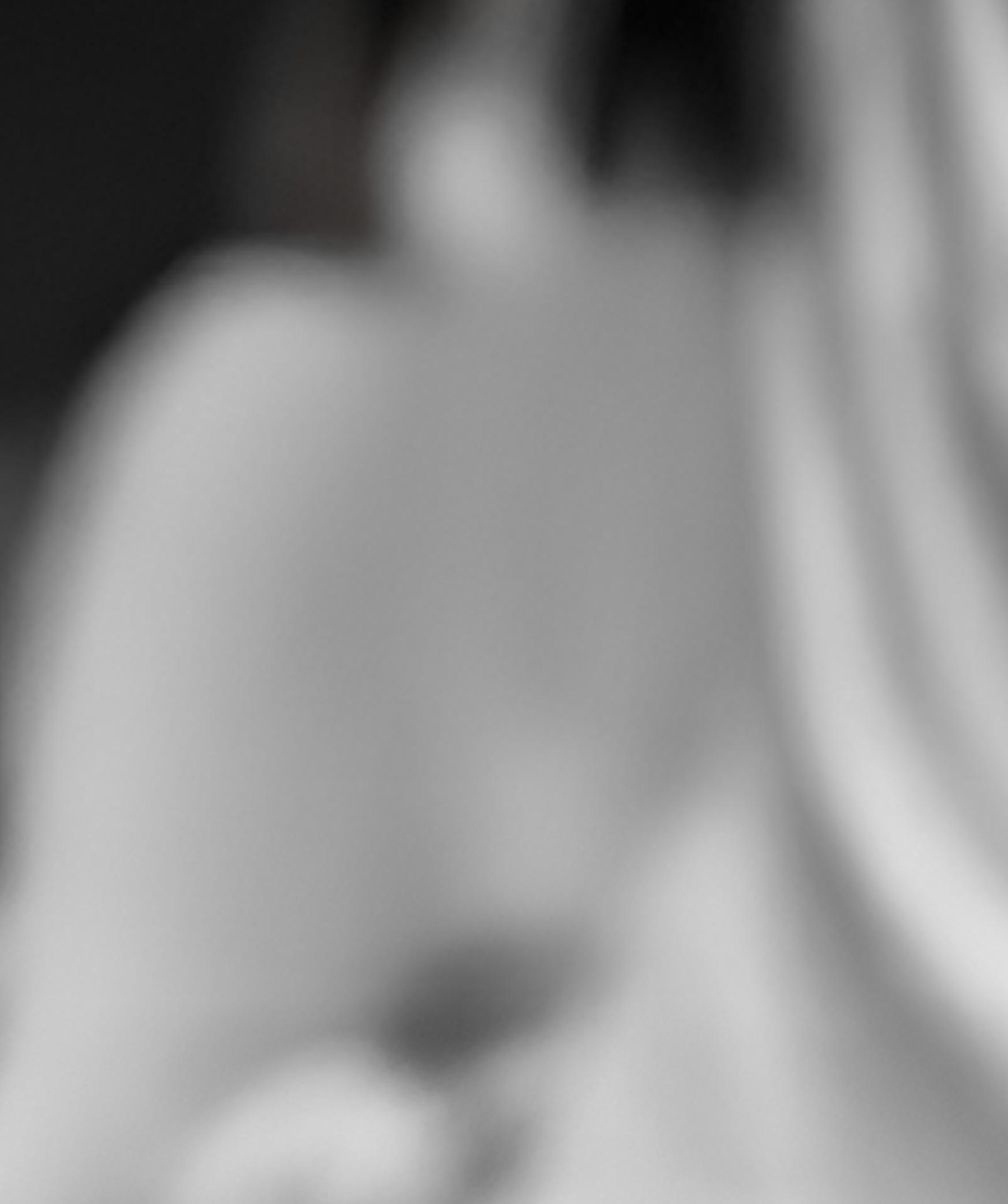
ANNIKA PERGAMENT
Spectrum News NY1 Anchor
“ ... It’s not about visibility or volume—it’s about having conviction, compassion, and the willingness to hear different perspectives ... ”

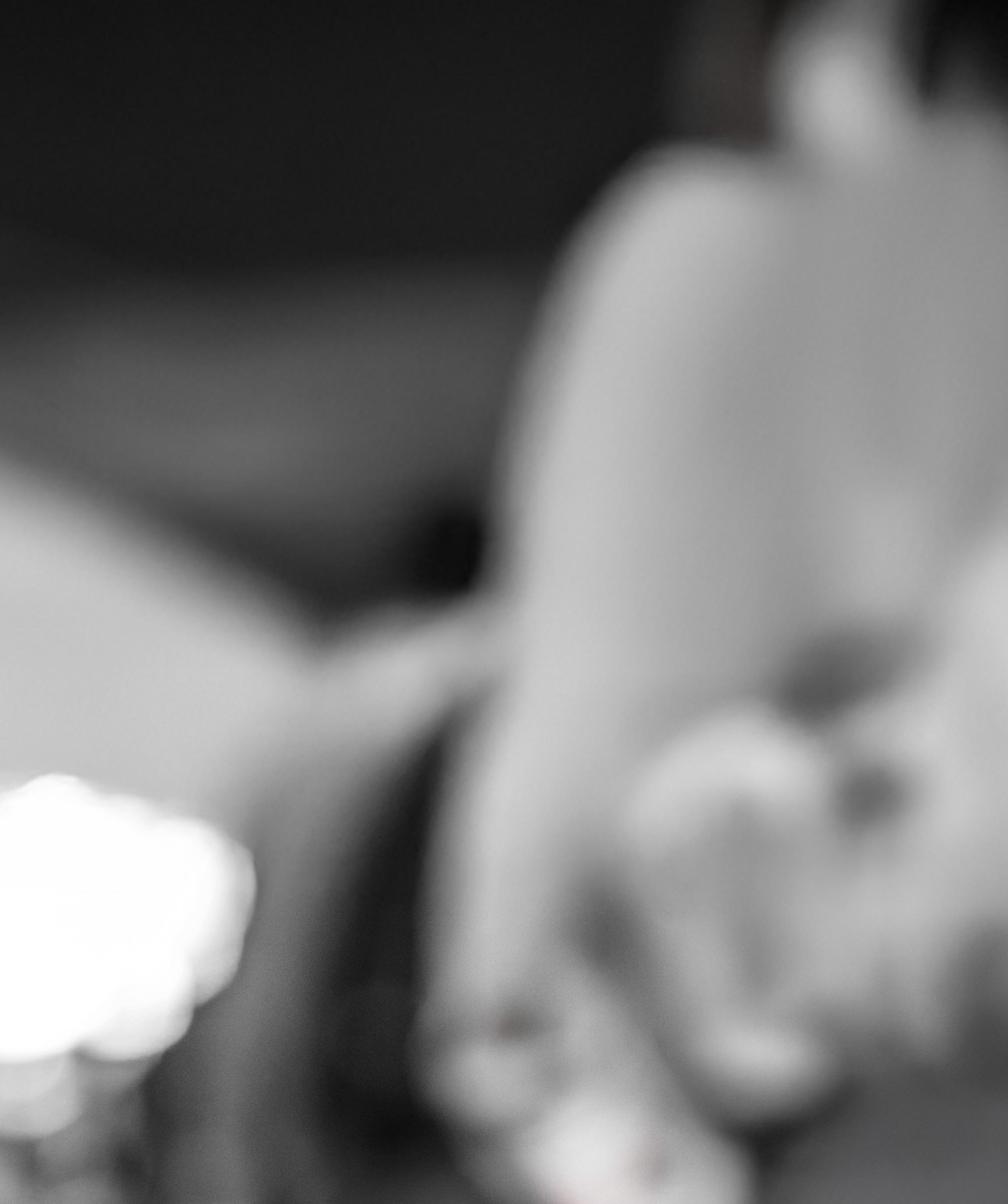
CARIANNE MARSHALL
Co-Chair and COO Warner Chappell Music
“ ... Authenticity wins every time. When you show up as who you really are – strengths, flaws and all – you build trust and connection ... “
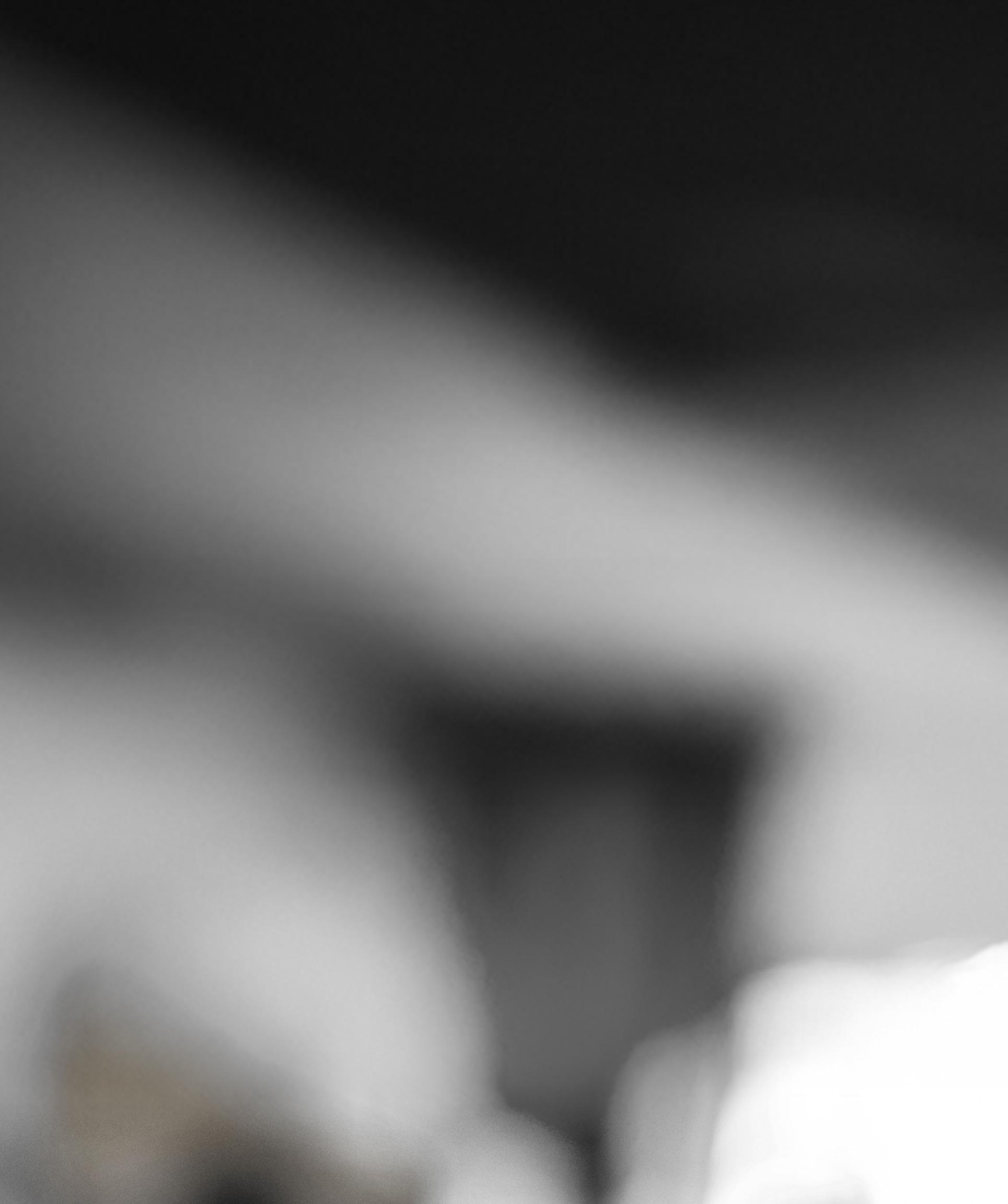

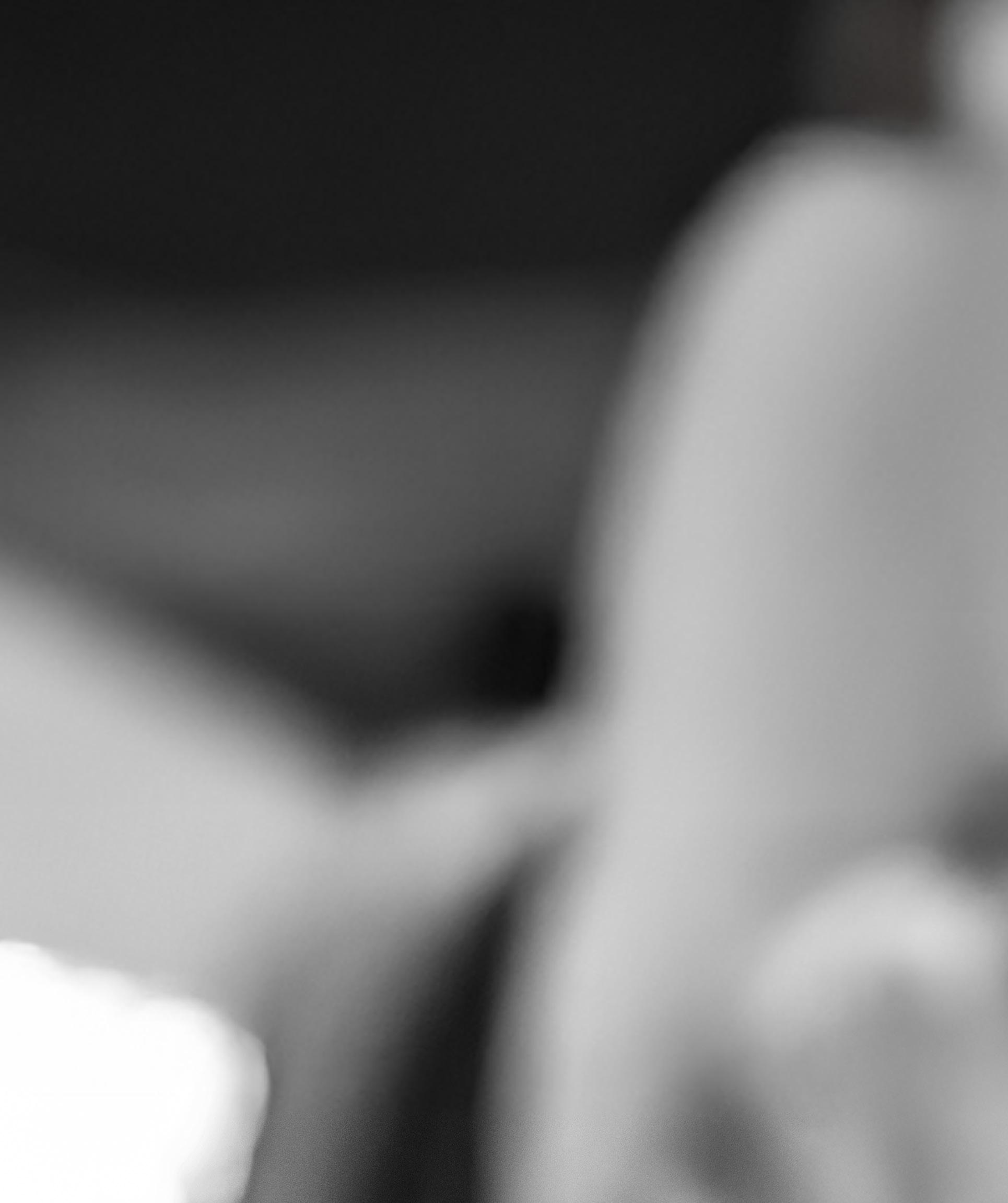


“ ... I think the effort to mask who you are actually makes you less confident ... ”
CELINA PEREZ Head Distiller
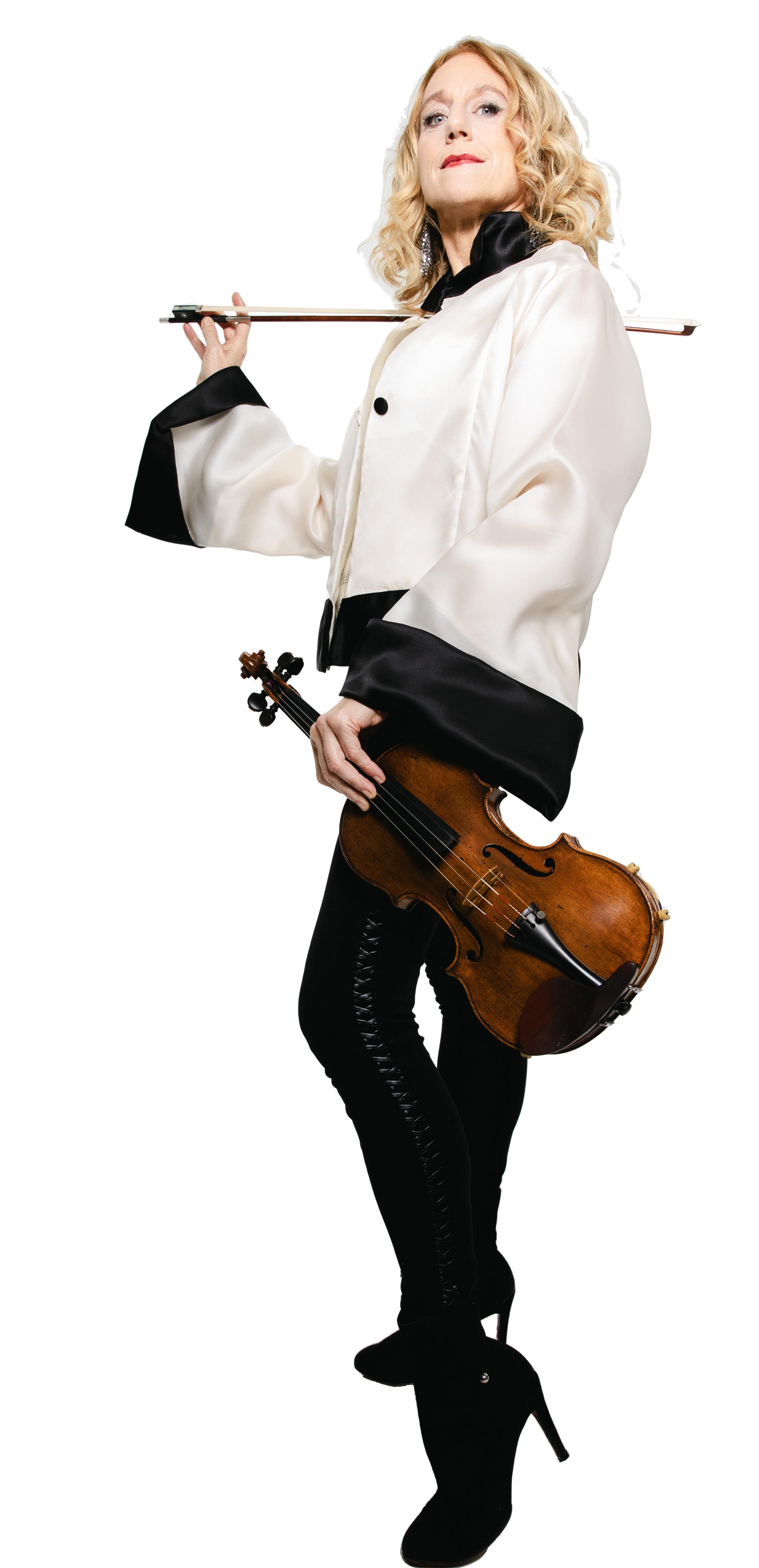
DAISY JOPLING
Classical & Rock Violinist, Composer
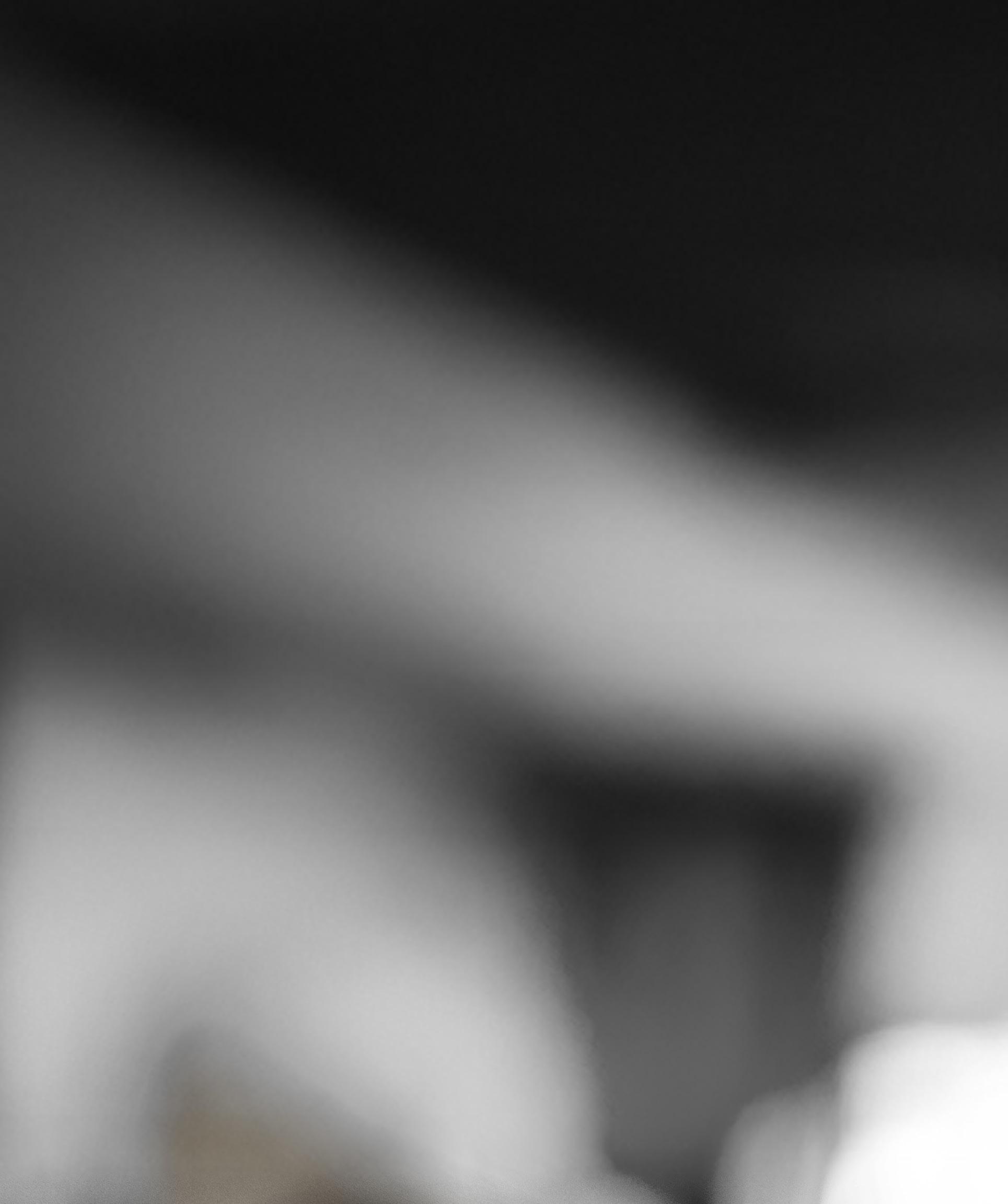
“ ... If we can accept our own fears, mistakes, and negativity, we won’t act out in destructive ways ... ”
“ ... Building trust between people, between teams, between leaders, between peers, between competitors, is everything ... “
DANIELLE SHEER
Chief Trust Officer Commvault



DEIDRE WALSH EVP, Strategy & Goverment Affairs ARKA Group
“ ... We need to stop doing things for quick reactions and instead focus on policy with long-term impact ... “

ELIZABETH BRYANT
SVP, & Chief People Officer
Southwest Airlines
“ ... True power is about helping people reach their potential, not about control ... “



JOY MANGANO
Founder & CEO
CleanBoss
“ ... I think the best piece of advice is to be courageous and continue doing what you do and believing in yourself ... ”

LOREN DeNICOLA
Head, West Side Montessori School
“ ... Real power comes from being steady, open, and growthminded. People follow those who make them feel anchored ... ”



KOMAL BHUKHANWALA
VP Graphics, Innovation & Design
CBS Sports
“ ... Everything that’s loud is very easy to keep up with. It’s all of the silence behind it that you have to really try to navigate and find.” ... ”

MICAELA PALLINI
President & CEO
Pallini Company
“ ... True leadership requires building the right team, delegating, and creating space for others to grow ... “

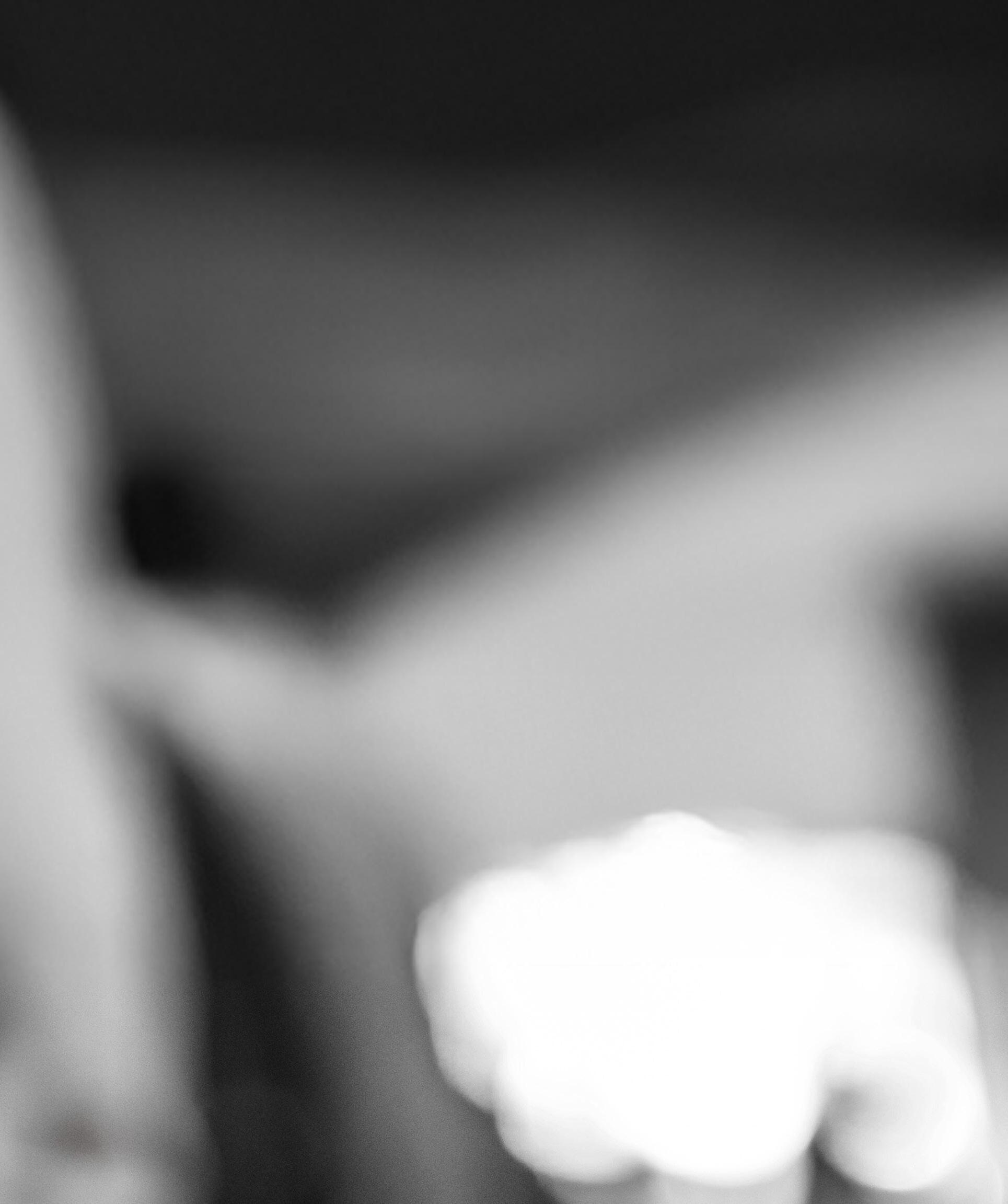

MICHELLE GADSDEN WILLIAMS Managing Director & Global Head DEI, BlackRock
“ ... While striving for excellence and high standards can be beneficial, perfectionism can sometimes lead to unrealistic expectations ... “
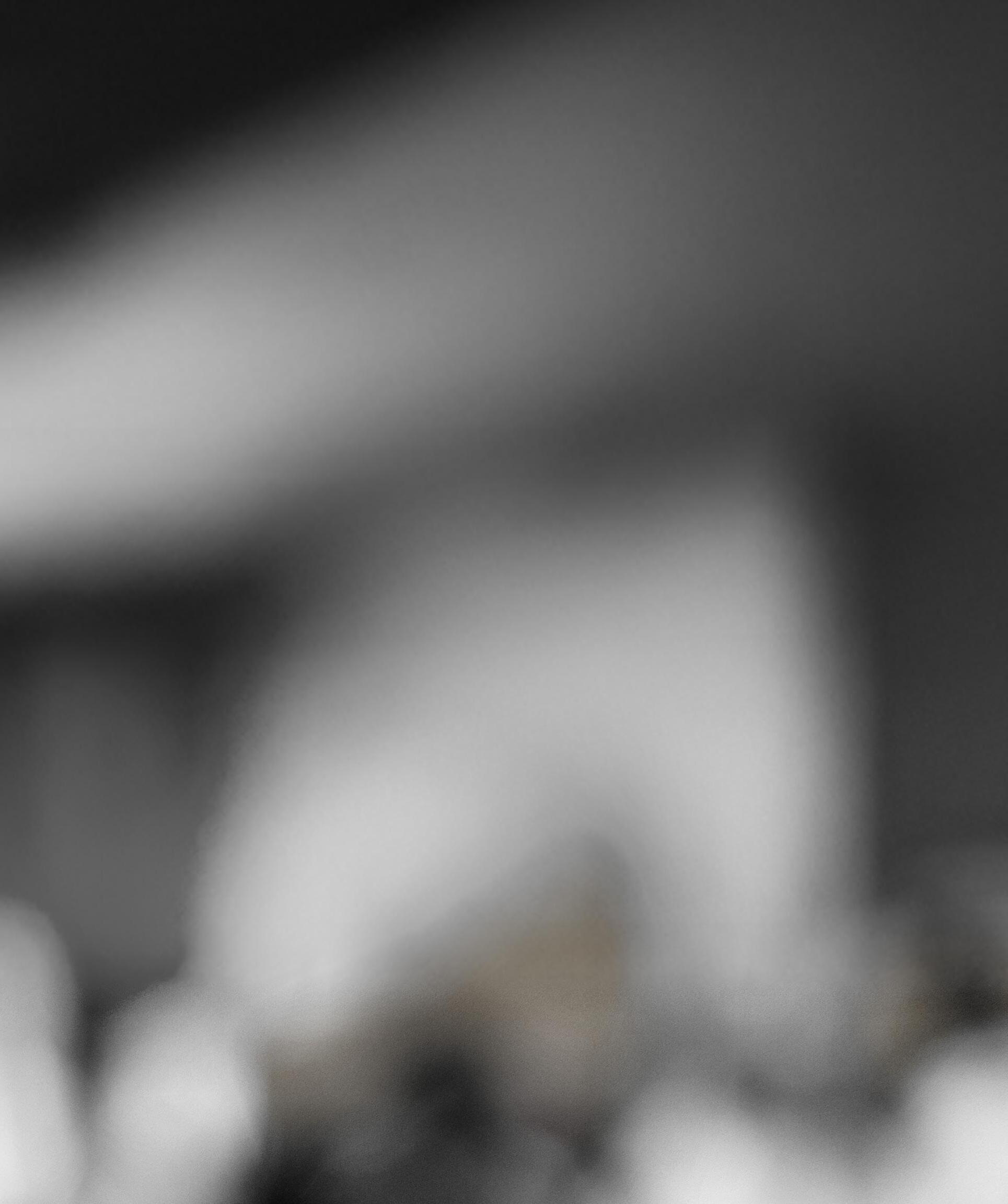
Actor, Ghosts
“
... As artists, we have a responsibility create stories that make people feel seen, safe, and less alone


have responsibility to make safe, ... ”
Professor and System Chair, Department of Medicine
Icahn School of Medicine at Mount Sinai Assoc. Dean for Clinical Affairs
“ ... Over time, I realized how important it is to take chances and that it’s okay to fail—some of my failures have led to the best opportunities ... ”


Writer & Director

“ ... All I want is a fair shot at proving that I’m the best and I don’t want to be the best woman. I want to be the best, period ... “



VICTORIA GUTIERREZ
EVP & Merchant
The Wonder Group
“ ... We need to go back to relying on facts, and having both intellectual curiosity and honesty. If we start from a place of fact and logic, then it’s much easier to engage on the tough topics ... “

ZAINAB AZIZI
Film Producer President, Raimi Productions
“ ... Earning respect as a woman in this business has been a challenge—but it’s also been my biggestmotivator ... ”
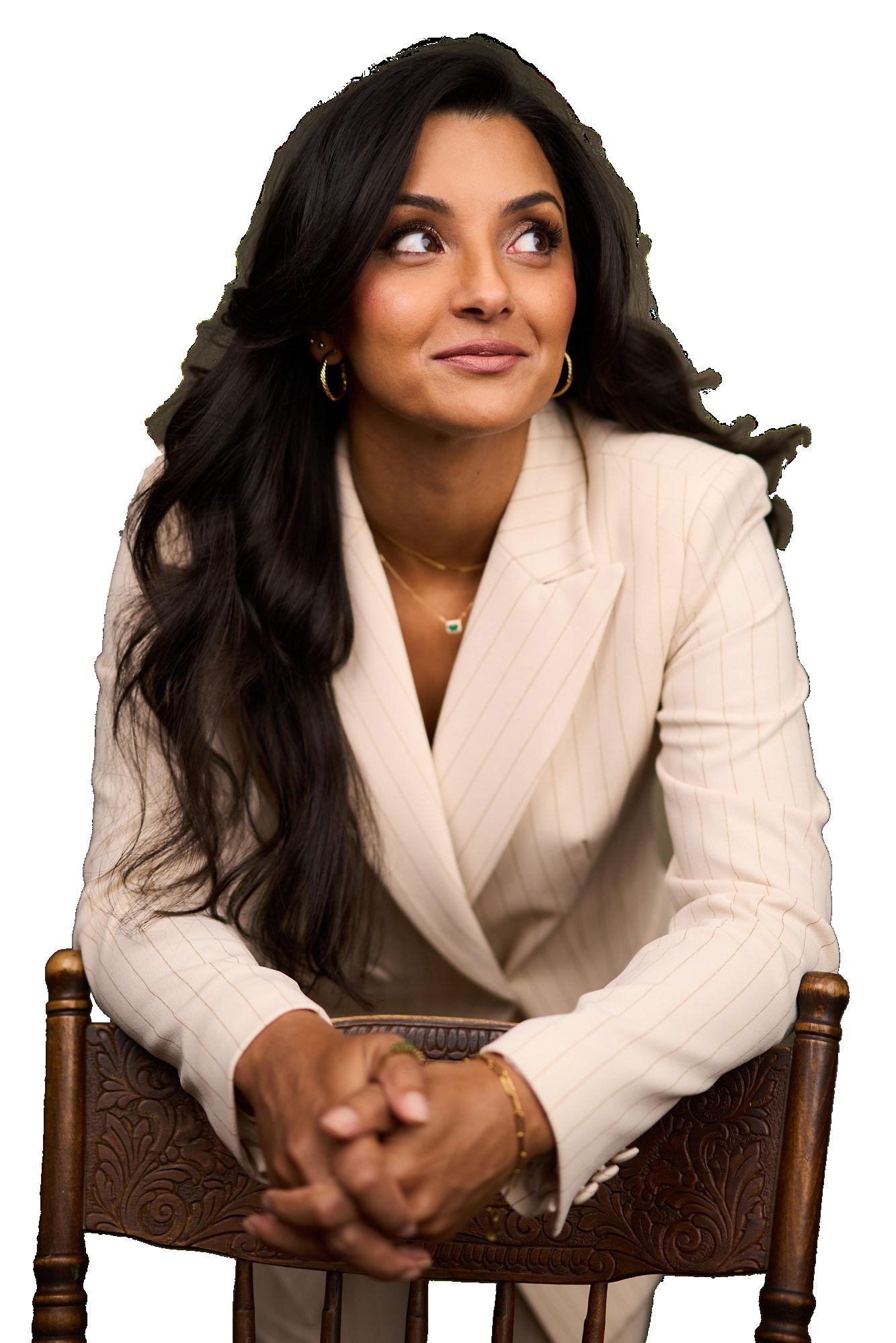
AWARDS DINNERGala Moves
Power Gala 2025

THANKS TO:
CREDITS:
NY CREW
Photographer: James Weber, William Ferchichi
Stylists: Alaye Alleyne, Sahil Babar, Sofia Zismeyer, Matthew Hemesath
BTS / Videographer: Fabienne Riccoboni, Cristian Peña, Valeria Gelman, Pablo Monsalve, André Hemmitt Jr
Hair & Makeup: Eloria Michelle Cook, Sunju Kim, Martha Noronha, Rejane Moura, Evilia Soleh, Emmanuel Ramirez, Li Murillo
Locations: Hudson Yards Loft Studios, Circa Central Park
ATLANTA CREW
Photographer: Katie Campbell
Hair & Makeup: Rachel Reid
LA CREW
Photographer: Evan Duning, Alex Fenyves
Stylist: Alicia Lawhon
BTS / Videographer: Anthony Moore, Raina Lorgov
Hair & Makeup: Arend Jackson Alli Elizabeth, Christina Tirado




CONGRATULATIONS
TO A WIFE, A MUM AND A BEST FRIEND
Loren DeNicola

... AND ALL THE 2025 POWER WOMEN
TO Celina Perez
Head Distiller, Great Jones Distilling Co.




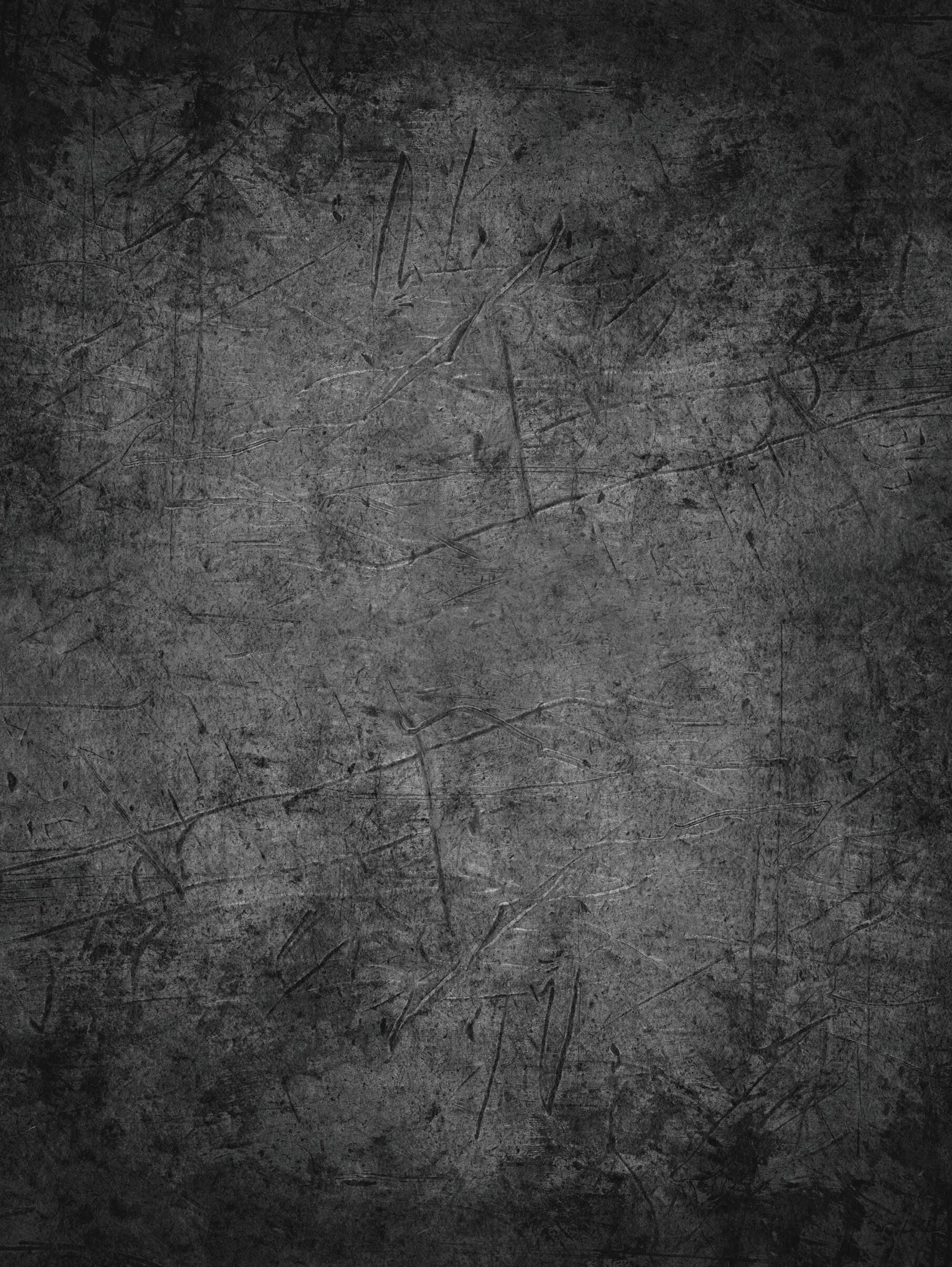
Warner Chappell Music Congratulates
Carianne Marshall

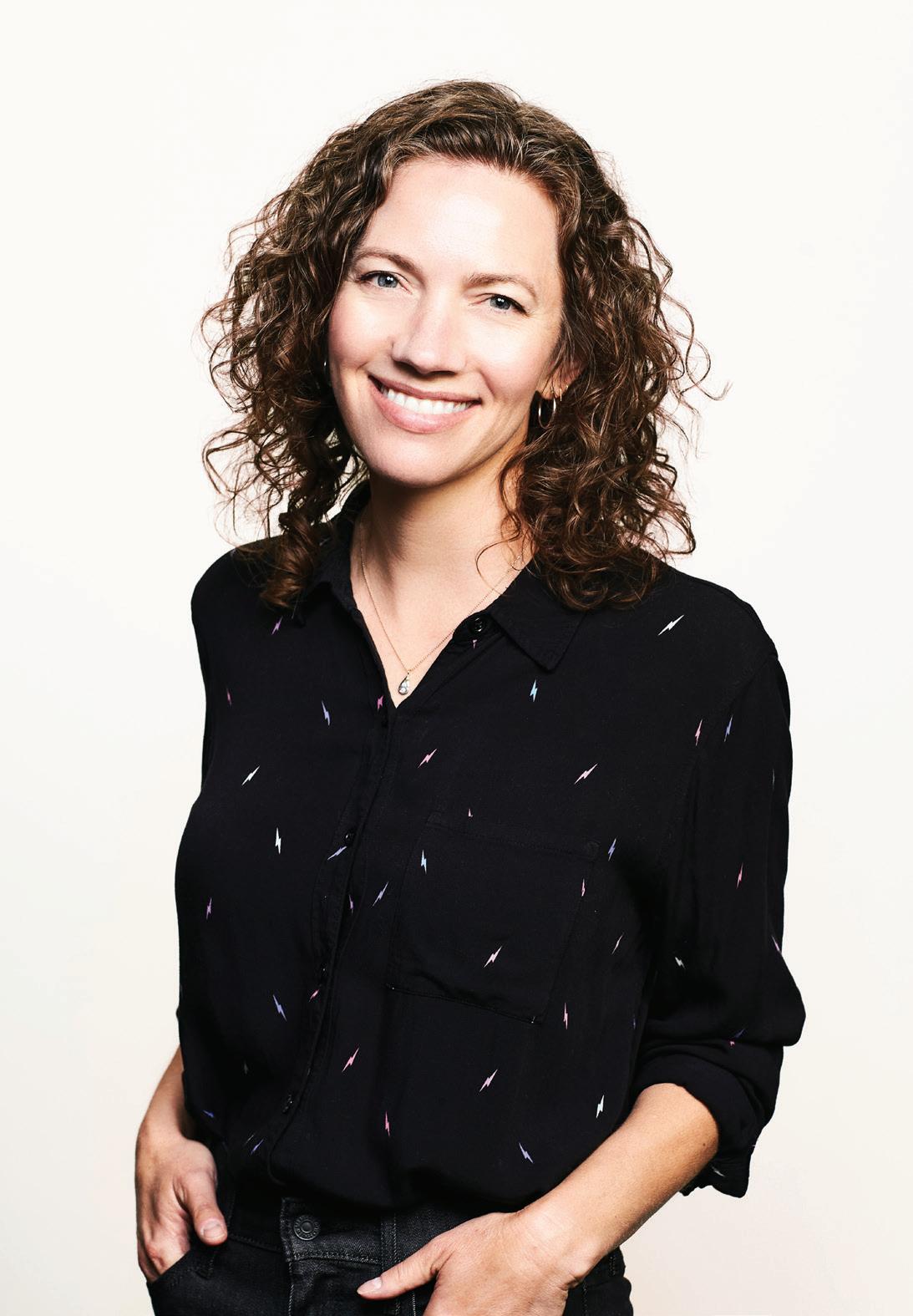
and all of the New York Moves 2025 Power Women

SHEER BRILLIANCE
Congratulations to our own Danielle Sheer, Chief Trust Officer for Commvault, for her work in helping organizations become stronger and more ready and cyber resilient, and to all those recognized as Moves Power Women for 2025.




Congratulations, Elizabeth!
Thank you for protecting and caring for the heart and people of Southwest Airlines. We celebrate you and your leadership!
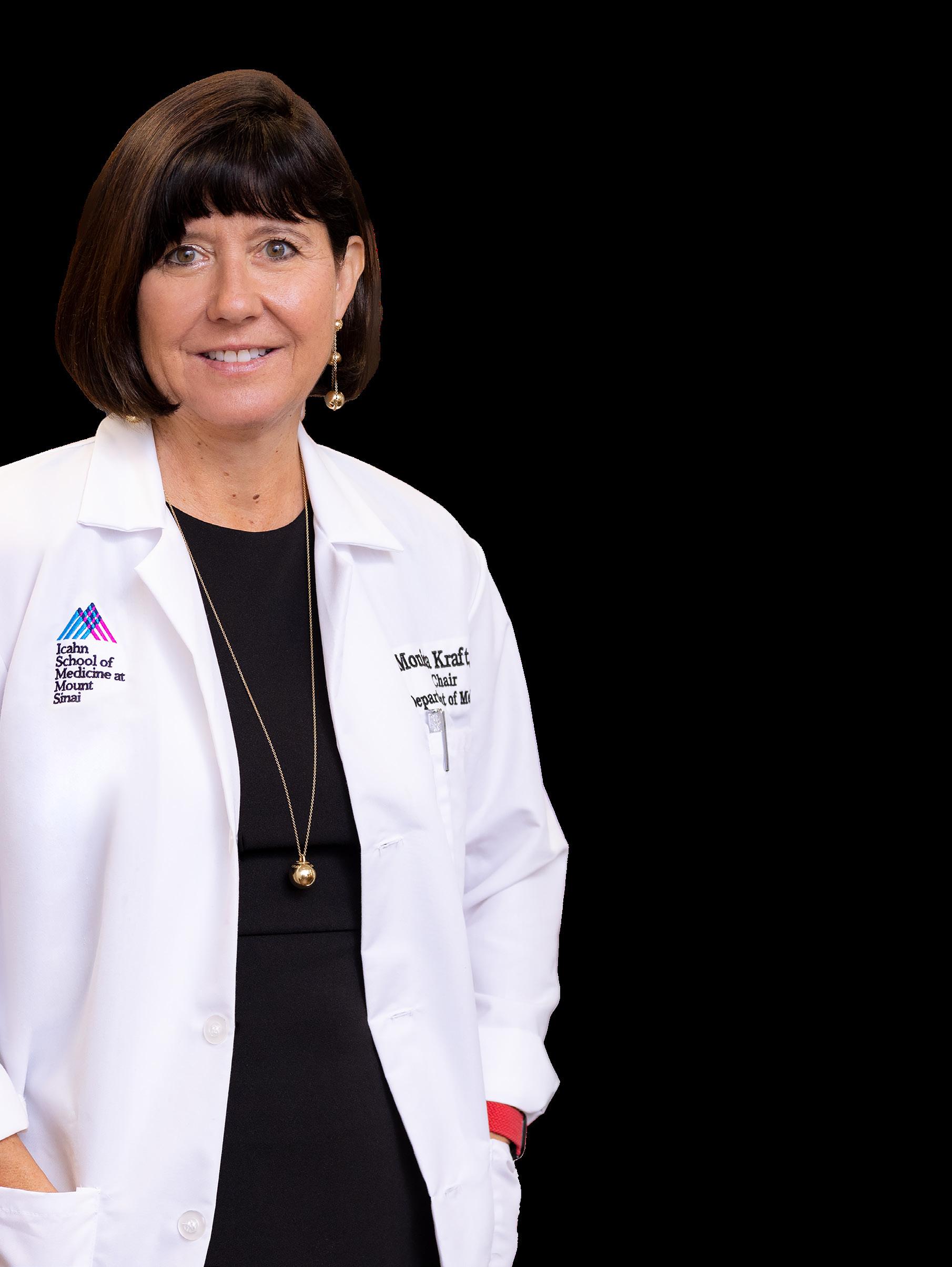
The Mount Sinai Health System congratulates
Monica Kraft, MD
and all of this year’s distinguished Moves Power Women for their inspiring leadership, unwavering tenacity, and exemplary role as trailblazers in their fields.
Rise like a phoenix, blaze like a comet, and grace the heavens with your light, for you are a woman, a being of magic and wonder, destined to achieve greatness.
CONGRATULATIONS TO ALL HONOREES

The nation’s leading professional development organization for women business owners
backstage
The Unwinding by George Packer
A reprint of an earlier Moves commentary page because it is so relevant today
No one can say when the unwinding began – when the coil that held Americans together in its secure and sometimes stifling grip first gave way. Like any great change, the unwinding began at countless times, in countless ways – and at some moment the country, always the same country, crossed a line of history and became irretrievably different.
If you were born around 1960 or afterward, you have spent your adult life in the vertigo of that unwinding. You watched structures that had been in place before your birth collapse like pillars of salt across the vast visible landscape –the farms of the Carolina Piedmont, the factories of the Mahoning Valley, Florida subdivisions, California schools. And other things, harder to see but no less vital in supporting the order of everyday life, changed beyond recognition –ways and means in Washington caucus rooms, taboos on New York trading desks, manners and morals everywhere. When the norms that made the old institutions useful began to unwind, and the leaders abandoned their posts, the Roosevelt Republic that had reigned for almost half a century came undone. The void was filled by the default force in American life, organized money.
The unwinding is nothing new. There have been unwindings every generation or two; the fall to earth of the Founders’ heavenly Republic in a noisy marketplace of quarrelsome factions; the war that tore the United States apart and turned them from plural to singular; the crash that laid waste to the business of America, making way for a democracy of bureaucrats and everymen. Each decline brought renewal, each implosion released energy, out of each unwinding came a new cohesion.
The unwinding brings freedom, more than the world has ever granted, and to more kinds of people than ever before –freedom to go away, freedom to return, freedom to change your story, get your facts, get hired, get fired, get high, marry, divorce, go broke, begin again, start a business, have it both ways, take it to the limit, walk away from the ruins, succeed beyond your dreams and boast about it, fail abjectly and try again. And with freedom the unwinding brings its illusions, for all these pursuits are as fragile as thought balloons popping against circumstances.
Winning and losing are all-American games, and in the unwinding winners win bigger than ever, floating away like bloated dirigibles, and losers have a long way to fall before they hit bottom, and sometimes they never do.
This much freedom leaves you on your own. More Americans than ever before live alone, but even a family can exist in isolation, just managing to survive in the shadow of a huge military base without a soul to lend a hand. A shiny new community can spring up overnight miles from anywhere, then fade away just as fast. An old city can lose its industrial foundation and twothirds of its people, while all its mainstays – churches, government, businesses, charities, unions – fall like building flats in a strong wind, hardly making a sound. Alone on a landscape without solid structures, Americans have to improvise their own destinies, plot their own stories of success and salvation. A North Carolina boy clutching a Bible in the sunlight grows up to receive a new vision of how the countryside could be resurrected. A young man goes to Washington and spends the rest of his career trying to recall the idea that drew him there in the first place. An Ohio girl has to hold her life together as everything around her falls apart, until, in middle age, she finally seizes the chance to do more than survive.
As these obscure Americans find their way in the unwinding, they pass alongside new monuments where the old institutions once stood – the outsized lives of their most famous countrymen, celebrities who only grow more exalted as other things recede. These icons sometimes occupy the personal place of household gods, and they offer themselves as answers to the riddle of how to live a good or better life.
In the unwinding, everything changes and nothing lasts, except for the voices, American voices, open, sentimental, angry, matter-of-fact; inflected with borrowed ideas, God , TV, and the dimly remembered past – telling a joke above the noise of the assembly line, complaining behind window shades drawn against the world, thundering justice to a crowded park or an empty chamber, closing a deal on the phone, dreaming aloud late at night on a front porch as trucks rush by in the darkness.
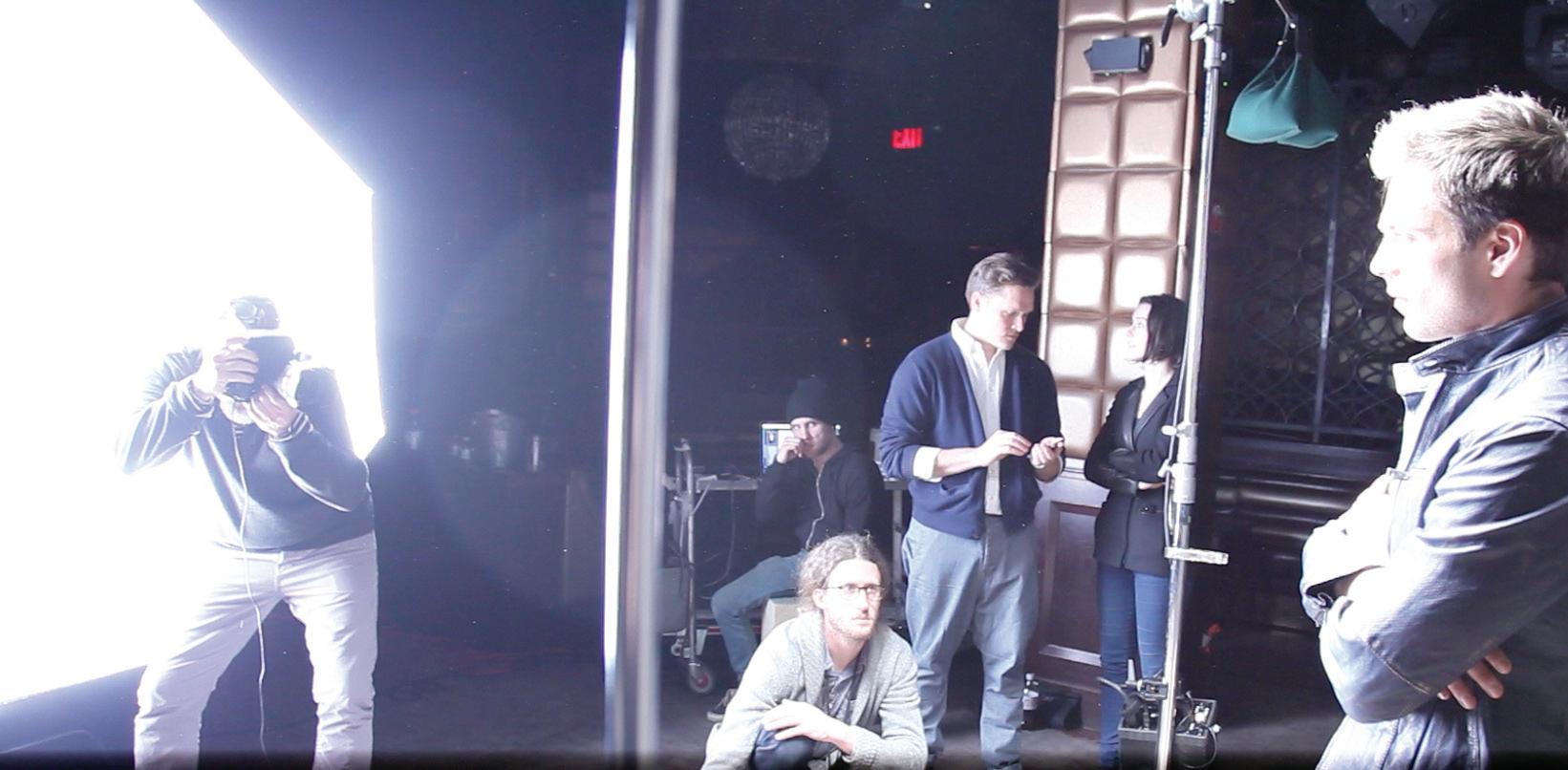
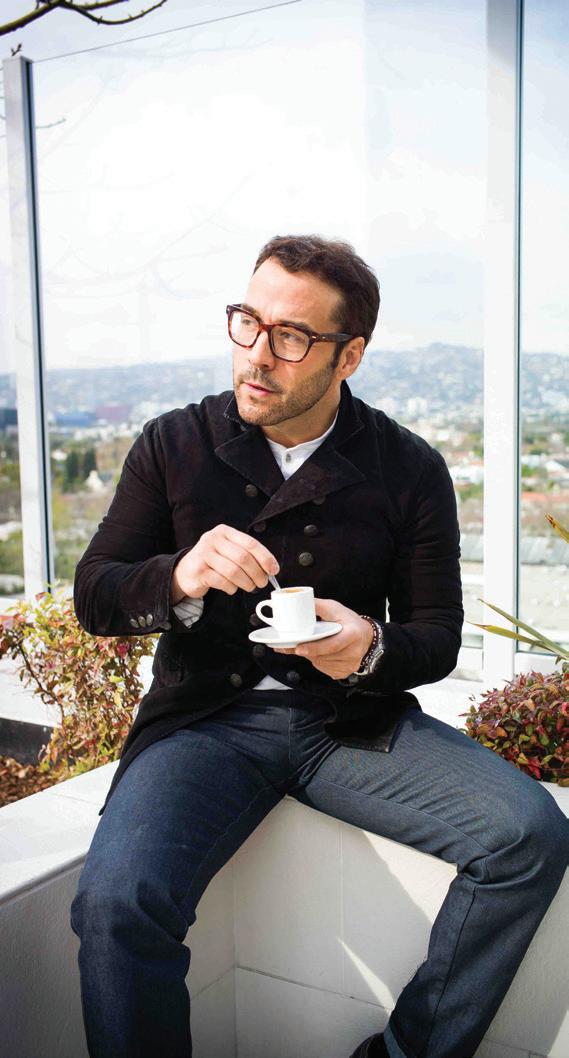

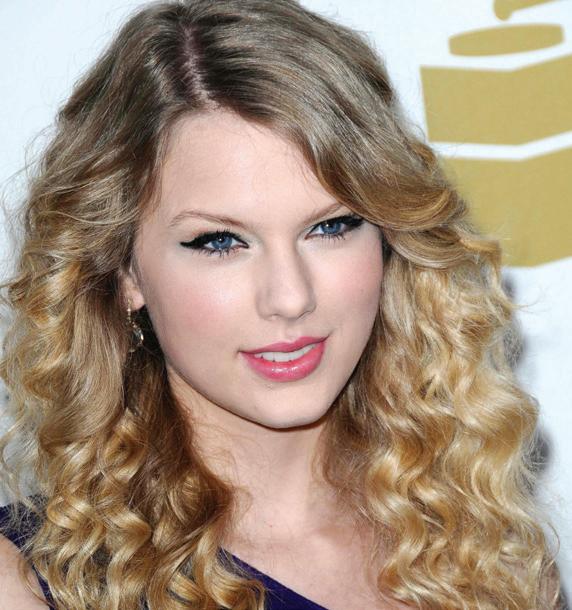












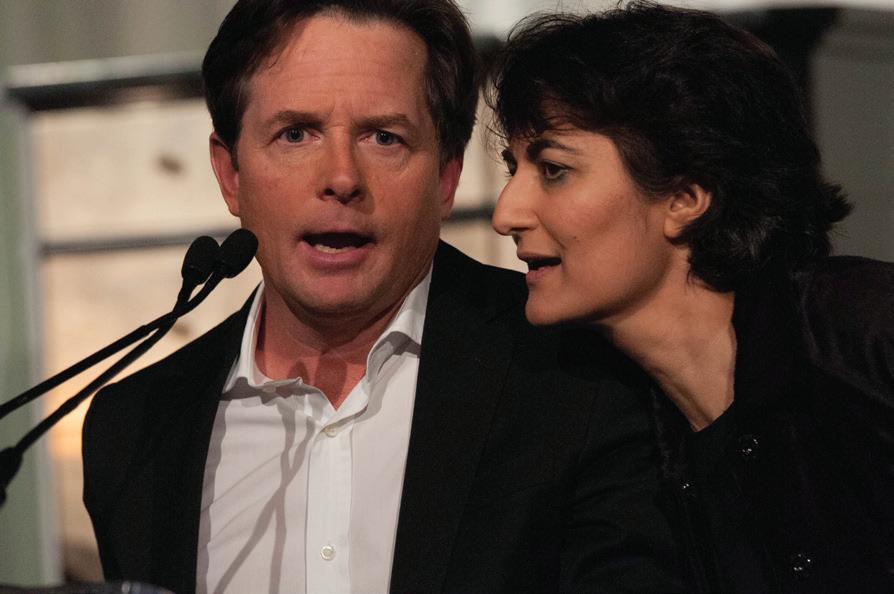
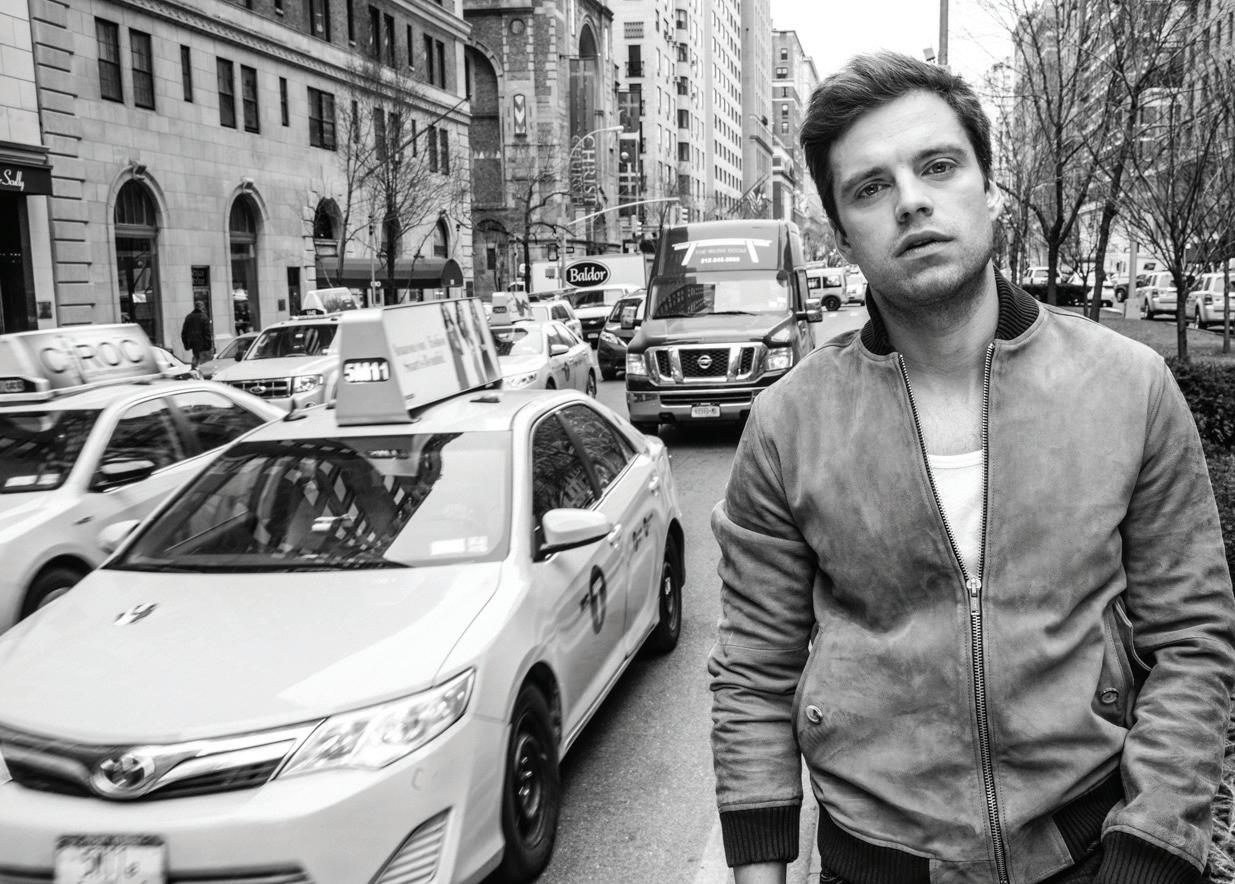

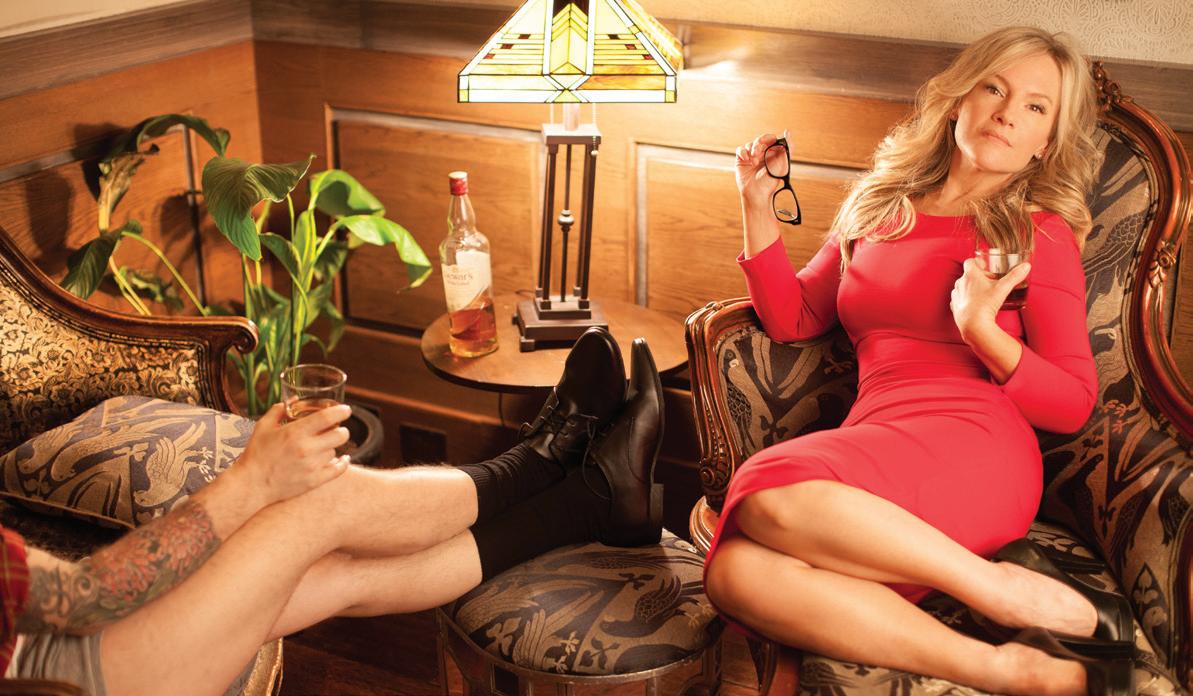
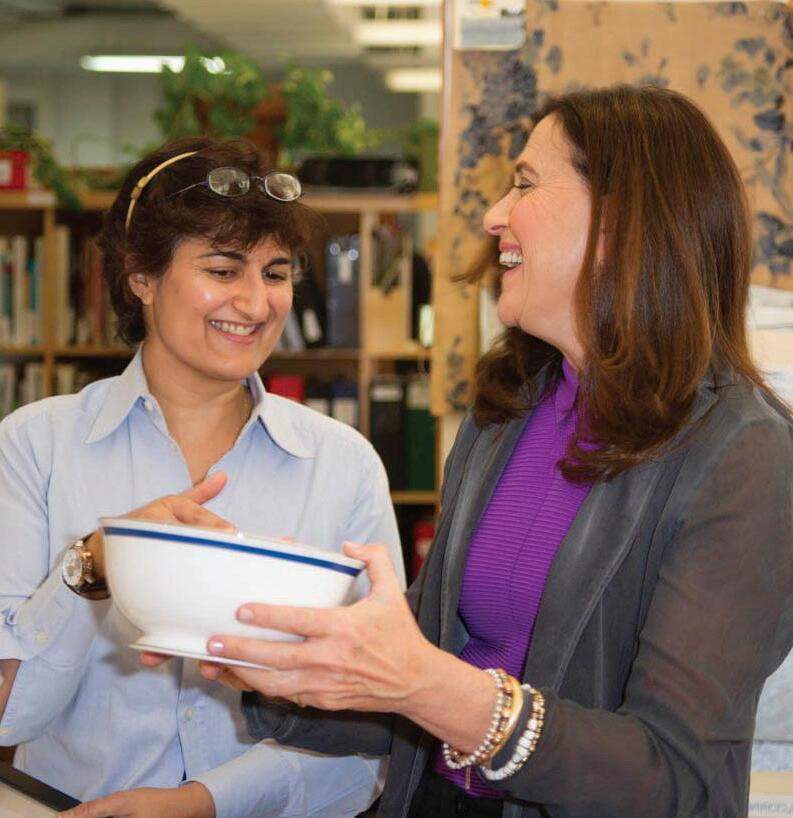



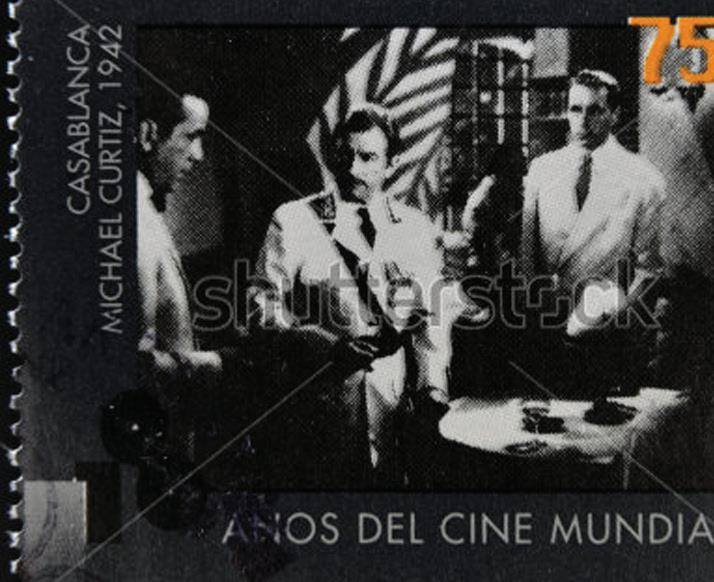


...it makes you realize the importance of military life. They are prized unity. You ‘can’t finish boot yourself’ and I think the world could some of that right now...
Max Parker
By: Images:

Max Parker importance prized on their camp by could use
By: Grace Thorburn

Actor Max Parker, a native of Manchester, UK, is working on his first major acting project in America. After diligently following his agent’s directions, Parker landed a starring role in the Netflix series, Boots, He started the audition process as a newbie, or a ‘wild card,’ as he referred to himself. The eight-part drama is inspired by former US Marine Greg Cope White’s memoir The Pink Marine, which follows a bullied, gay high school student named Cameron Cope (Miles Heizer) who joins the Marine Corps, only to face personal changes both mentally and physically. Parker plays Sgt. Sullivan, a decorated Marine who while struggling to keep his own secret hidden, finds a reflection of himself in Cameron. Vera Farmiga (The Departed, The Conjuring series) stars as Cameron’s mother.
For Parker, this will be his first time dipping his toe into the water playing the role of someone in the military, never mind the role of a drill instructor. “I didn’t necessarily think that I was right for it because in Hollywood, drill instructors are usually all big dudes,” said Parker. “The more and more I read the script and did research and watched footage back from the 90s…it sort of made me really excited for the project.” Parker said that as a Brit, he had a lot of homework to do to figure out how to play the role of not only someone in the military, but the role of an American. He had to not only adjust his mannerisms for the role, but also had to dive deep to understand the demands of serving in the armed forces. He watched hours of real footage from the military for preparation, even adopting a military training routine to keep fit.
His character in Boots uses the Marines as an “outlook to run away from his own problems,” said Parker. “He’s quite troubled.” To further understand his role of playing a sergeant from the ground up, Parker opted to train as a recruit rather than as a drill instructor. He trained at an old military base in New Orleans and many scenes that were filmed for the show required the entire cast plus 100 supporting artists. “By the end of it, we all felt like we’d gone through boot camp,” laughed Parker.
“When you watch this show, it holds up a mirror to current life, even though it’s set in the 90s. Just about the importance of acceptance and the importance of the spice of life and that you can’t get through life or get to the end of bootcamp by yourself.” The filming process started for Parker about two and a half years ago. As Sgt. Sullivan, he gets to play both the villain and the good guy while learning more about American military culture.
“All these characters that wouldn’t get along in the outside world, and seeing the jigsaw slowly put together by the end of boot camp, it makes you realize that that’s the importance of military life. They are prized on their unity. You can’t finish boot camp by yourself, and I think the world could use some of that right now.
“As a British person, that doesn’t necessarily have a huge affiliation with a family that has been through the military, just being on set, being surrounded by our advisors and certain bits in the show makes you patriotic, even though it’s not my country. It gives you that sense of importance,” said Parker. He even recalls feeling emotional during a scene where they were filming a morning flag salute, and that it led him to further understand the responsibility of those serving in the military and the pride that comes along with that.
Previously, Parker starred as Mikhail Tanner in the fantasy horror series Vampire Academy ; as Luke Posner in the soap opera Emmerdale ; and as Alasdair “Base” Newman in the medical drama Casualty . Off camera, Parker has been spending time with his husband, actor Kris Mochrie. The couple is newly married as of August 2025, and met during the beginning of COVID in 2020. Parker said that while he doesn’t have a solid Manchester accent, he has a Northern accent that he attributes to moving around a bunch. His favorite binge-watch show recently has been The Studio , and he’d drop everything to play the role of an elf in The Lord of the Rings . His fridge is always full of Cherry Coke Zero, and he considers himself to be surprisingly bad at “most sports that involve a ball aside from bowling.”
stylist Holly Magnaghten


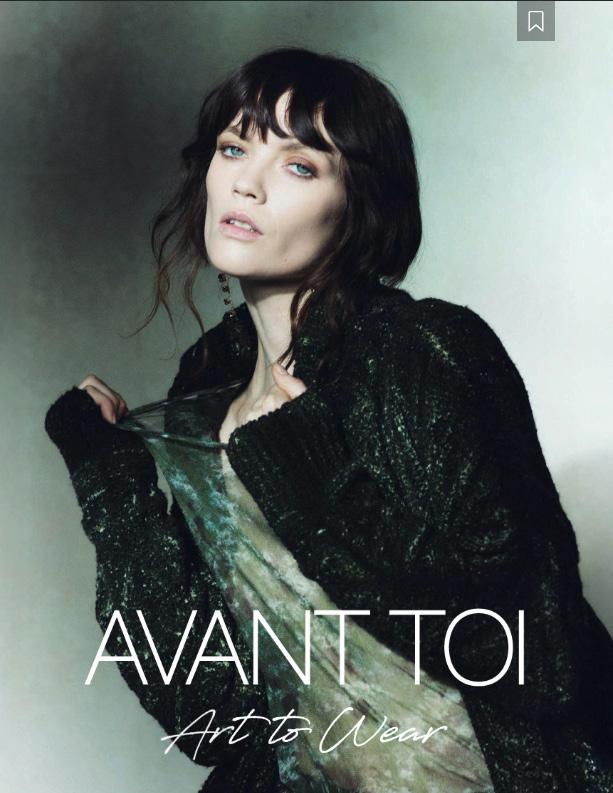

Ali Ahn
By: Brinlee Edger
...On
Trust, Tarot,
and the
Truth of Becoming...
When Ali Ahn joins our call, she’s laughing before the recorder even starts. There’s something immediately unguarded about her: curious, warm, slightly self-mocking. It’s not hard to see how she’s built a career on presence, on finding truth in the inbetween moments.
“I’ve always had a little bit of the woo in me,” she says, describing her fascination with tarot cards. “When you don’t have control over a lot of things, you learn to surrender. It’s practice.” That sense of surrender has shaped much more than her spirituality. It’s become the quiet engine of a career that’s taken her from late-night acting classes in New York to scene-stealing roles in The Diplomat, Raising Dion, and Marvel’s Agatha All Along.
Netflix’s Season 3 of The Diplomat , which also stars Keri Russell, Rufus Sewell, and Allison Janney, pushed Ahn into a new orbit. As Eidra Park, the CIA’s head of station in London, she plays a character defined by restraint whose calm is both armor and strategy.
“My manager called and said, ‘You’re getting an offer.’ I thought he meant a guest spot. When he explained it was a series regular, I said, ‘Wait—are you sure they have the right Ali?’”
Showrunner Debora Cahn had watched all her past work and offered the part based on a small, easily overlooked guest role Ahn had done years before. “She told me that was the one that convinced her,” Ahn says. “It was on a Bravo-scripted show that probably five people saw. That kind of attention floored me.”
Stepping into the role, she found power in subtlety. “Eidra’s strength is her control,” Ahn explains. “Her weakness is that same control— her emotional compartmentalization.” By season two, the walls start to crack. “You see more of her humanity,” she says. “The humor, the doubt.”
When asked what keeps Eidra so sharp, Ahn grins. “The suits. They’re so tight and highwaisted you literally can’t slouch.” Ahn laughs when she calls herself “a spiritual person with practical shoes… We’re all made of the same material,” she says. “We’re made of stars. If the moon can move the ocean, of course it can move us.”
During the filming of Agatha All Along, she started drawing a tarot card each morning before heading to set. “It wasn’t about predicting anything,” she explains. “It was just something to frame the day—a way to stay open.” That small ritual echoes the way she approaches acting: as a mix of preparation and letting go. “You do your homework, and then you have to release it,” she says. “You can’t force the universe—or a scene—to behave.”
Even though growing up for Ahn was in the Los Angeles area, acting wasn’t even on the table. “I didn’t think it was a real job,” she admits. “I was a little Asian-American kid from an academic family. There weren’t examples of people who looked like me doing this for a living.”
Still, she couldn’t stay away. “My school had this incredible drama program,” she recalls. “I loved the feeling of disappearing into a story.”
After college, Ahn did what many uncertain twenty-somethings do: she tried to be sensible. “My parents thought I’d be a lawyer,” she says, smiling. Instead, Ahn negotiated with her parents to live in New York for the summer, work during the day, take LSAT classes on weekends, and
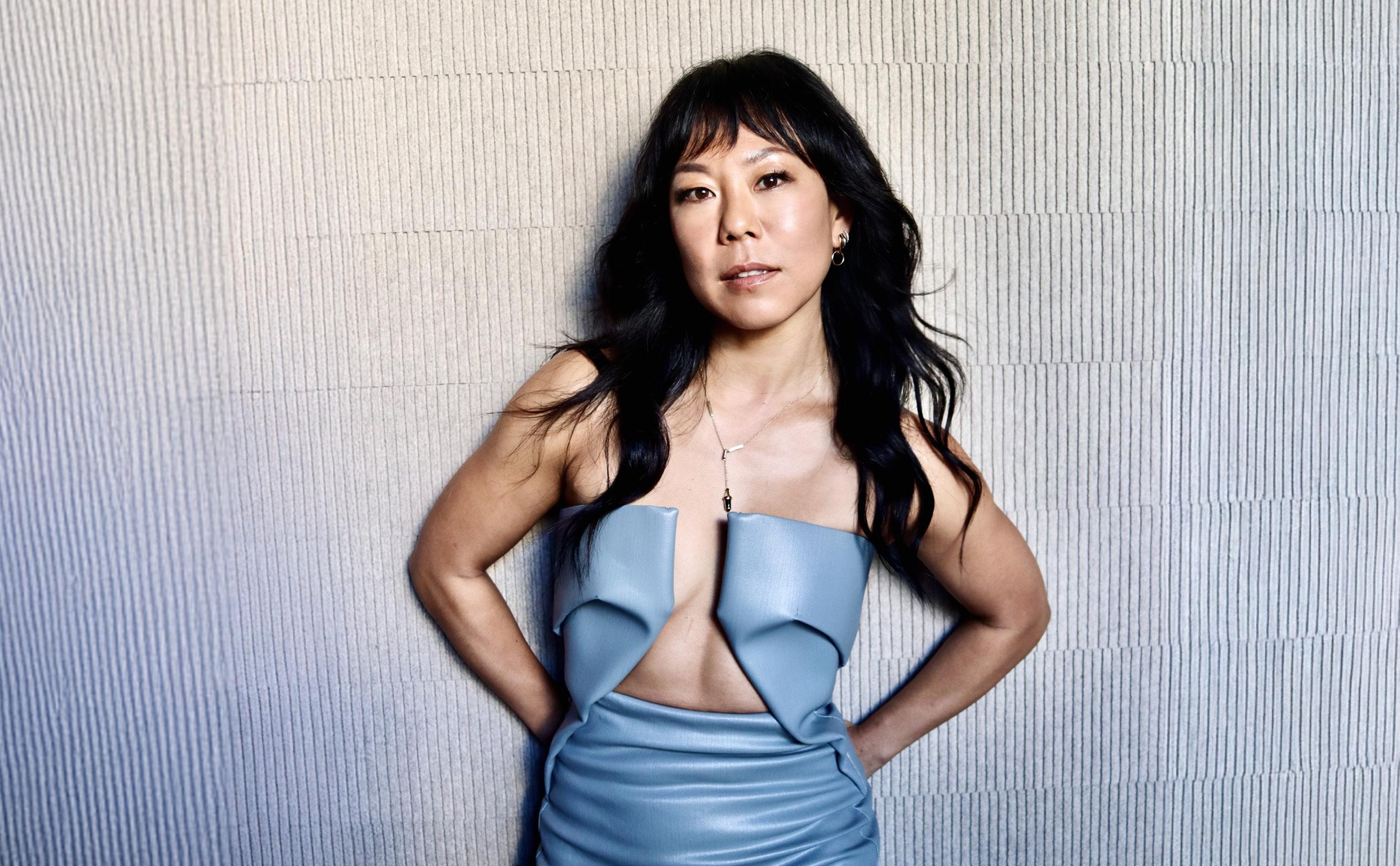
attend acting classes at night. Halfway through the summer, she broke. “I called them crying from a closet at my day job and said, ‘I can’t do this. I just can’t.’” Ahn spent years juggling day jobs and auditions, always half-convinced it would all vanish. “Even when I started working on sets, I’d bring my laptop and do my other job between takes,” she says. “I just couldn’t believe it would last.
“I lived in this illegal basement where people came down to do their laundry in what was technically my living room,” she says, laughing. “My sister visited once and texted her friend, ‘She’s lost it.’ But I wanted it that badly. You do what you have to.”
Her first major break came when she booked a Broadway play, a dream she’d never dared to have. “I’m not a musical actor, so Broadway felt out of reach,” she says. “But I got this role that wasn’t written for an Asian actor. It was the first time I spent more hours acting than working my side job.” That production changed everything. “Friends who’d been checking in for years were suddenly flying to New York to see me,” she says. “It made me feel like, okay, maybe I’m not completely delusional.”
It also gave her something she hadn’t had before:
proof. “You don’t need fame to feel like you’ve made it,” she says. “You just need a moment where the work feels real.”
For all her success, Ahn still talks about her career with disbelief rather than triumph. “I play confident people, but that’s not always me,” she admits. “Believing in myself has never come naturally.”
It’s a rare confession in an industry that rewards polish. Yet it’s also what makes her magnetic. “I still feel like a struggling actor most days,” she says. “My partner has to remind me, ‘You’re okay. Things are good.’ But part of me is always waiting for the rug to get pulled out.”
Lately, she’s been trying to look further ahead. “For the first time, I’m thinking about what the next ten years might look like,” she says. “Maybe writing, maybe producing, something that lets me help shape stories instead of just stepping into them.”
People have been telling her to write for years. “Apparently even my emails sound like scripts,” she jokes. “But it’s terrifying. I have so much respect for writers. It’s not just being clever, it’s finding the story that means something.”
She’s drawn to the idea of creating more complicated, less polished female characters, especially Asian women. “In Hollywood, we often stand in for skill,” she says. “I want to see messy women. Flawed, funny, contradictory ones. That’s what’s real.”
At the end of our convo, Ahn agrees to a rapid-fire round. Park’s weakness? “Emotional compartmentalization.” Favorite food? “Whiskey.” The most intense day on set? “When Keri Russell got COVID and production asked if I could film all my phone call scenes for the entire season in one day. We hadn’t even read the last episodes yet. I just said, ‘Sure, why not.’ And we did it.”
She laughs, but the story lands like a metaphor: say yes, figure it out later. It’s a pattern that’s carried her from basement apartments to London soundstages, from uncertainty to something close to faith.
As we wrap, Ahn thanks everyone on the call with quiet sincerity. “I know what it’s like to hustle,” she says. “So every time I get to talk about the work, it feels like a gift.”
Maybe that’s what the tarot cards were trying to tell her all along: trust the pull, even when you can’t see where it’s leading.

“...I’ve always had a little bit of the WOO in me,” - on her fascination with tarot cards. “When you don’t have control over a lot of things, you learn to surrender. It’s PRACTICE...”
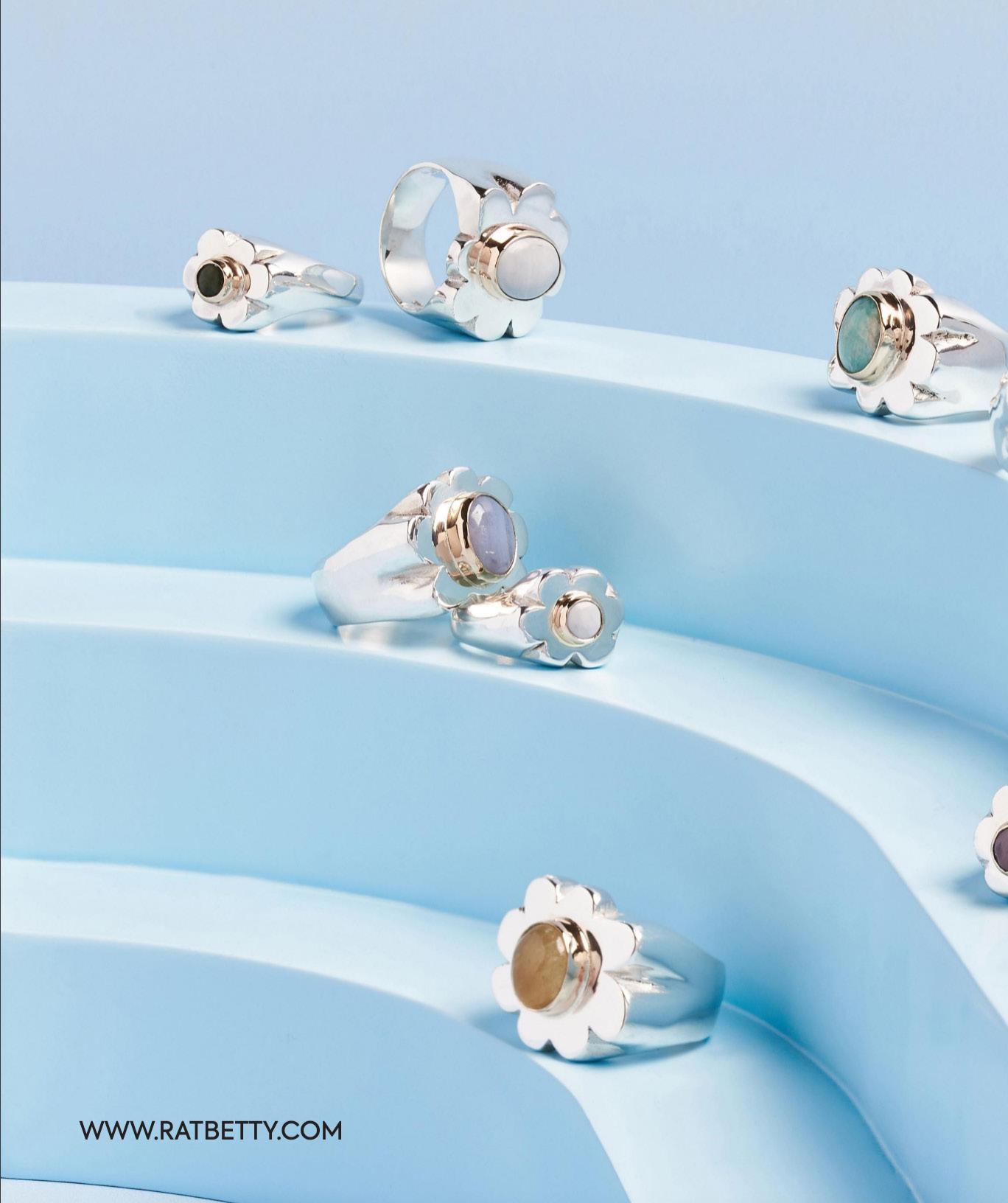
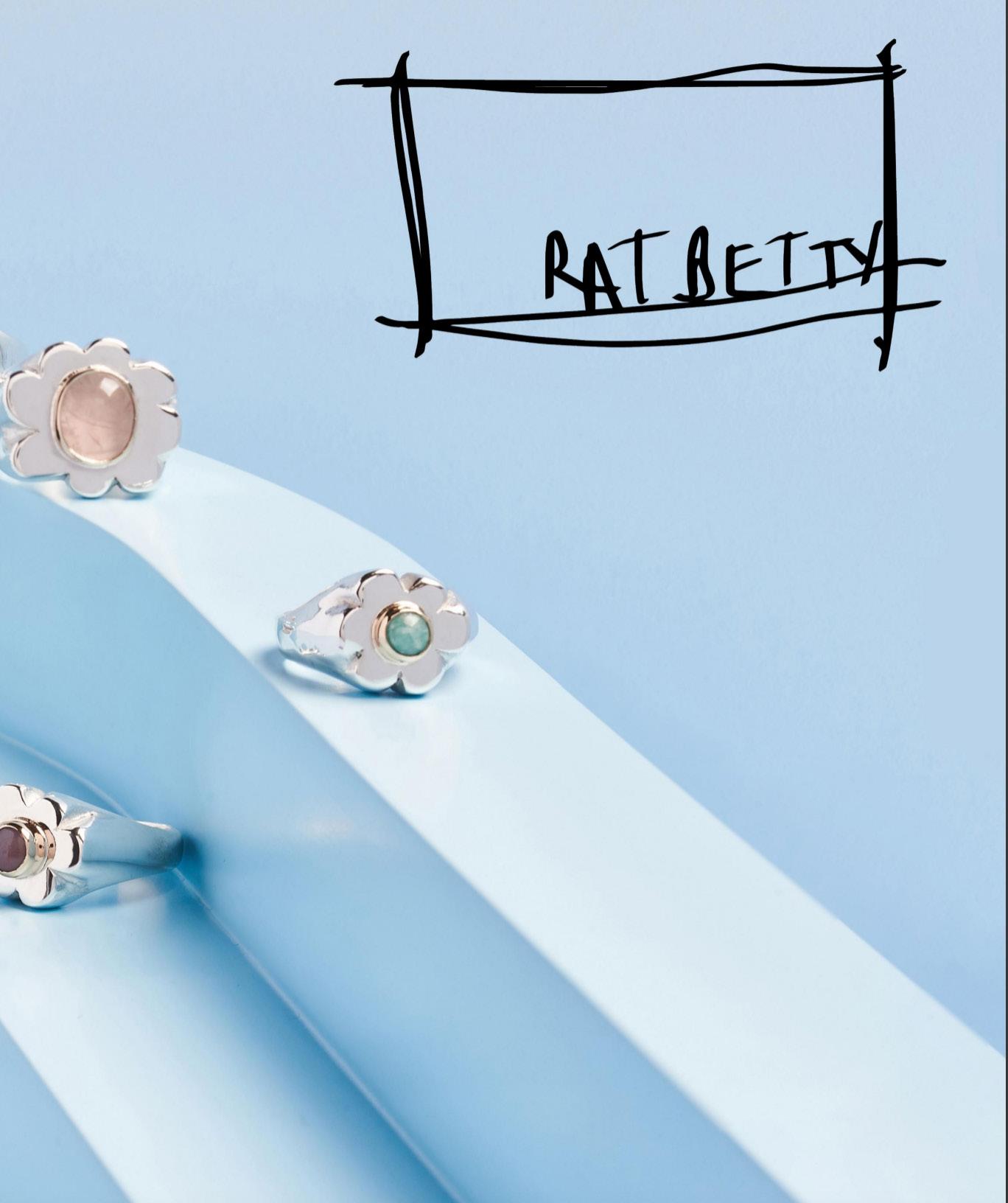
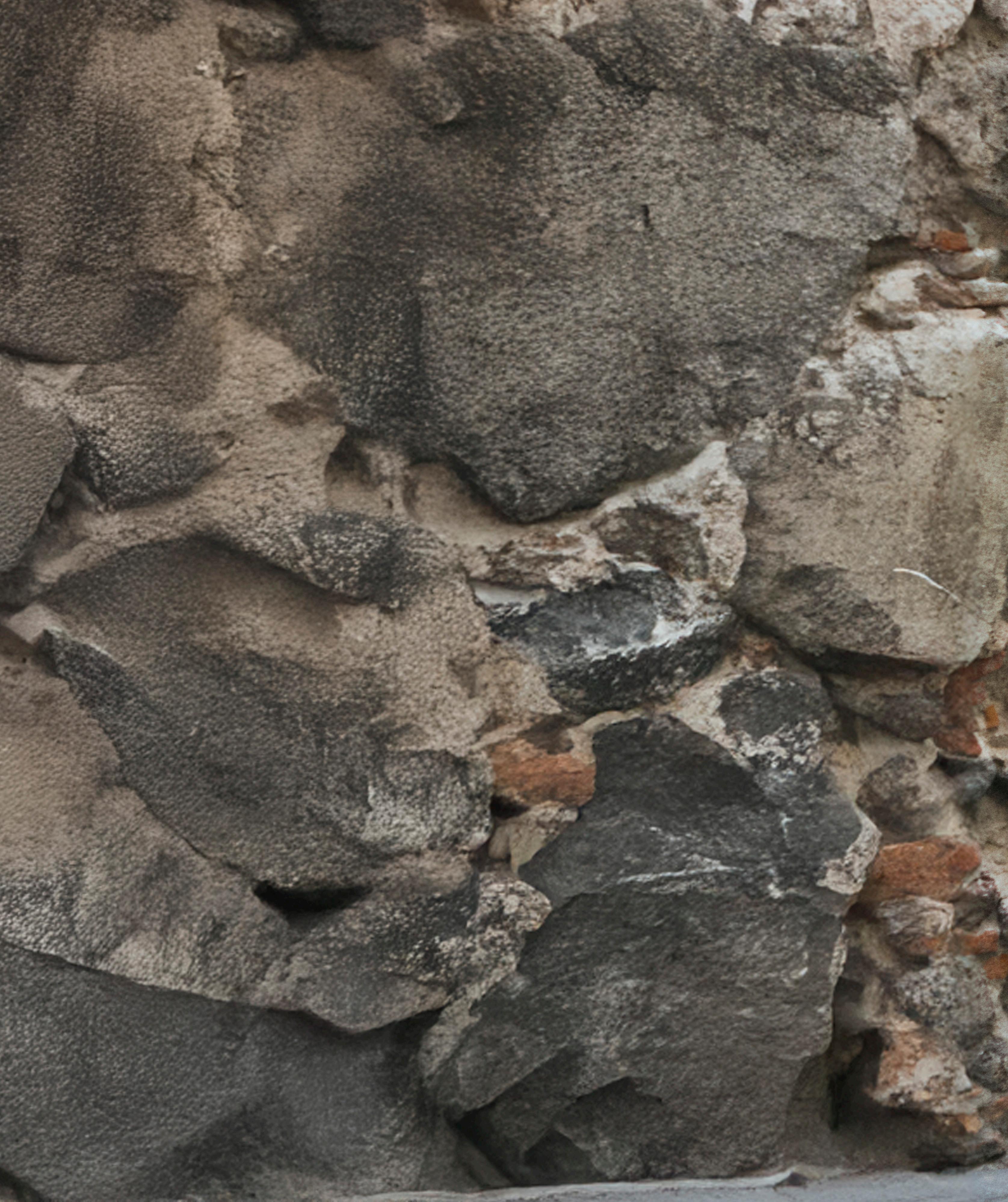
XYIE BASTIDA
BIG GOALS
BIG HEART BIG REPUTATION
A TIME 100 Next honoree, a recipient of the UN Spirit Award, a Forbes Changemaker, and a 776 Fellow, scaling youth-led climate leadership globally; calling her just a climate activist is selling her waaaay short ! She is an icon for the next generation and reason to hope for a future.

By: Grace Thorburn Images: Bolivar Hope
As the water continued to rise around her, flooding her beloved hometown of San Pedro Tultepec, Mexico, Xiye Bastida was just 13 years old. At the time, Bastida remembers the flood being a once-in-a-100-year flood. For her, it was a moment in which the philosophical and the spiritual connected with the real: she realized that our disconnect from earth systems was not only going to impact her town, her generation, and her country, but that it would impact the whole world.
“So that’s how it happened.” Bastida refers to the flood she experienced in her younger years as a preview, as floods are now a common occurrence, as reported on by our news channels. She remembers the river spilling over with contamination from the nearby factories supplying to Mexico City and the rest of the country. “The shock of the realization that the climate crisis was manifesting itself in flooding, in contamination, in pollution, in unjust, very unjust ways in which it affected people.”
Change has always been second nature to Bastida; she was raised by two parents who met at an Earth Summit in 1992 and spent their early years together as activists. “I was so ahead in the understanding of interconnectedness, of interrelation, that my being indigenous, teaching and the upbringing of, of indigenous philosophy was
a way of being.” Bastida, 23, considers herself lucky that her parents were so connected and went against the norms of their generation.
The same year of the flood, Bastida’s university professor’s parents landed a job at The Union Theological Seminary in New York City, which is one of the master’s school programs for the study of theology at Columbia University. They made history by teaching the first class ever of its kind in a theological center, ethics from an indigenous perspective. New York was where Bastida found her true calling for activism.
Migrating to a new country, learning the language, and going to a massively underfunded high school in Harlem with a 95% black and Latino population exemplified to Bastida a new perspective. “We didn’t have a science professor for five months. There were food fights, and I thought that’s what school was like. But then I realized it was this process of segregation that made certain schools underfunded over others. So that’s when my understanding of social justice and injustice started to appear.” She graduated from the University of Pennsylvania with a degree in Environmental Studies with a concentration in Policy.
Bastida calls herself a climate justice activist because she feels that anything else is too short to describe the work
she’s doing. Her goal and pursuit is to reimagine systems so that people who are most affected by climate injustice are also part of the solution, and that they benefit from the new world they’re working to create. As one of the lead organizers of the biggest climate strikes ever in New York City, Fridays for Future, Bastida is just getting started.
“It’s such a gift to be interconnected because we don’t have to travel somewhere to see the realities… we can know the stories of our peers right through our phones. Like, I can see the floods happening in Pakistan. I can see the wildfires happening in Brazil, in Australia, and I know people there, and I can hear their stories, and we can work around that,” said Bastida. She believes that there’s a beauty to modern technology, as it has democratized the youth movement. We now know where the most unjust places are and how to come together for campaigns, said Bastida. She refers to technology as two sides of the same coin, because artificial intelligence can help us solve problems like waste management, and how to have a circular economy, but artificial intelligence also uses massive amounts of water. Bastida explained that the data centers that are being built are making companies that had net zero targets be thrown off because of artificial intelligence’s water and energy use.
“Out of all of the philanthropy in the world, two percent goes to the environment. And of that two percent, .76 percent goes to useless movements,” said Bastida. The next order of business? Funding the youth climate movement. She says that to shift climate, adaptation, and net zero goals, the UN estimates that we need $1.3 trillion. “We don’t even need the profit of the polluting companies to shift everything,” she said.
To say Bastida is just a climate justice activist would be selling her body of work up until this point, well, short. She has been recognized as a TIME 100 Next honoree, recipient of the UN Spirit Award, a Forbes Changemaker, and is currently a 776 Fellow, continuing to scale youth-led climate leadership globally. Her notable participation include COP25, COP26, COP27, and COP28. Bastida was invited as the only youth speaker at the Biden Climate Summit in 2021, where she spoke to 40 heads of state and has spoken alongside Leonardo DiCaprio, Jane Fonda, Al Gore, fellow climate activist Greta Thunberg, the late Jane Goodall, and others.
As the founder of the Re-Earth initiative, an international youth-led organization that focuses on highlighting the intersectionality of the climate crisis. Bastida has watched the narrative shift and the climate movement be reinvigorated by thinking globally and acting locally. Re-
Earth runs a program called ‘Reground Things’ that is used to fund youth in the Global South working on regeneration, protecting their ecosystems, cultural projects, storytelling movements, movement-building marches, and anything else youth are campaigning on around the world.
“If so much money is going into destruction, money should also be going into the people working on solutions. So we’re trying to redefine what it is to be part of the movement and to say that you can work on this.” The impact that youth can make from one $5,000 grant is beyond what you can imagine, said Bastida. People are able to train 200 youth a month on how to plan for tentatively, whole ocean-protected areas, and give resources for activism.
In another vein, Bastida acknowledges that her generation is not all made up of activists who want to change the world; her generation is also made up of some of the world’s biggest consumers. Bastida, on the other hand, prefers to make her clothes her own and to wear them again and again. She can be found wearing a unique jacket that represents everything that she is: one half represents her Mexican side, and one half represents her Chilean side. It has climate strike written on it, whales and mushrooms, and her organization, Re-Earth Initiative, across the front.
“If we can take all of these things that my generation cares about, like fashion, like food and make a way to make them meaningful, to connect with the deepest parts of ourselves, then we can change how people come into the movement. So that’s why the jacket is special to me…it’s a way of saying own, own your rebelliousness, own your activism, show it to the world and make sure that you feel like standing out is good.”
As Bastida continues to do everything she can to change and share stories through running her initiative, sharing her fire with the world, she is living in Mexico City, where she says they are now seeing a 100-year flood every year. In a report that came out by UNAM, it was said that by 2030, parts of Mexico City will be uninhabitable because of the flooding. Bastida knows that the fight for the Global South is not over, that they can keep on shifting finance flows and fight for the transition globally.
The future looks bright for the young activist. Ten years from now, Bastida wants to have the “same heart, the same fire, the same hope, the same determination, the same optimism, the same energy to move things to, to empower people to change the world. I don’t want to fall into complicity, into complacency. I just feel like, you know, when you just meet somebody who has a fire, that’s who I want to be for the rest of my life.”

“... I don’t want to FALL into COMPLICITY, or COMPLACENCY.
I just FEEL like, you know, when you just meet SOMEBODY who has a FIRE, that’s who I want to BE for the rest of MY LIFE... ” “

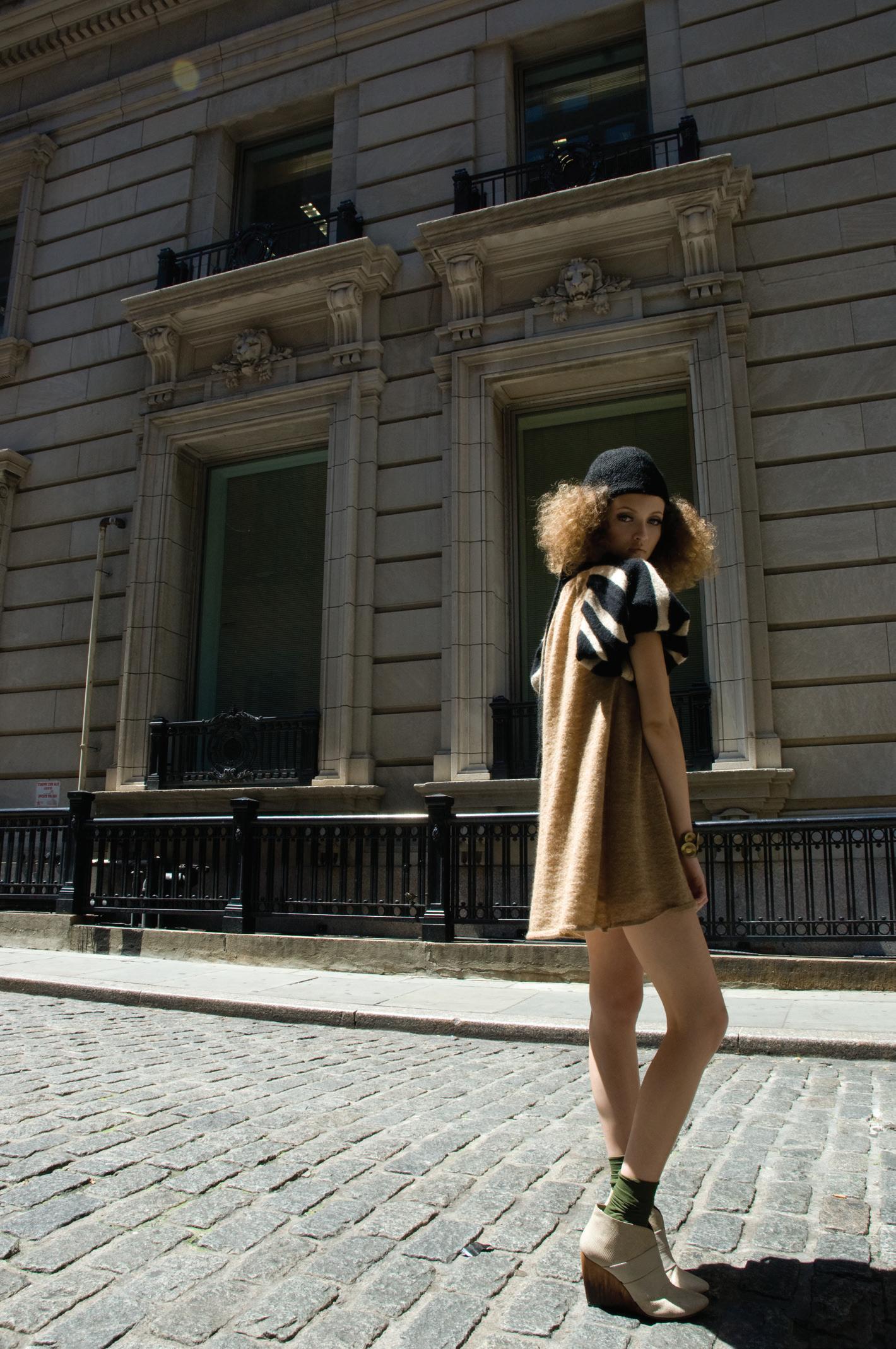

WALL STREET
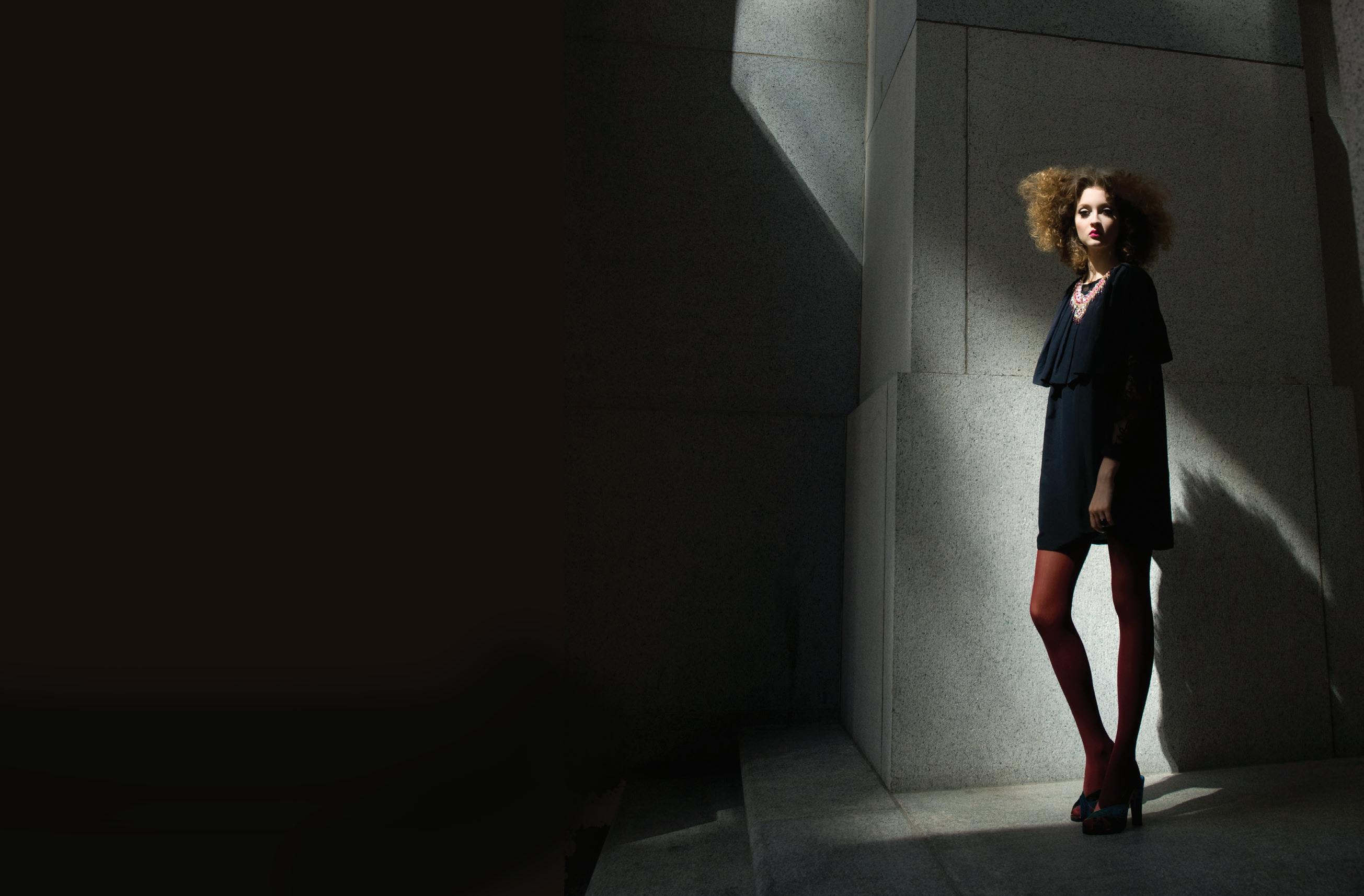
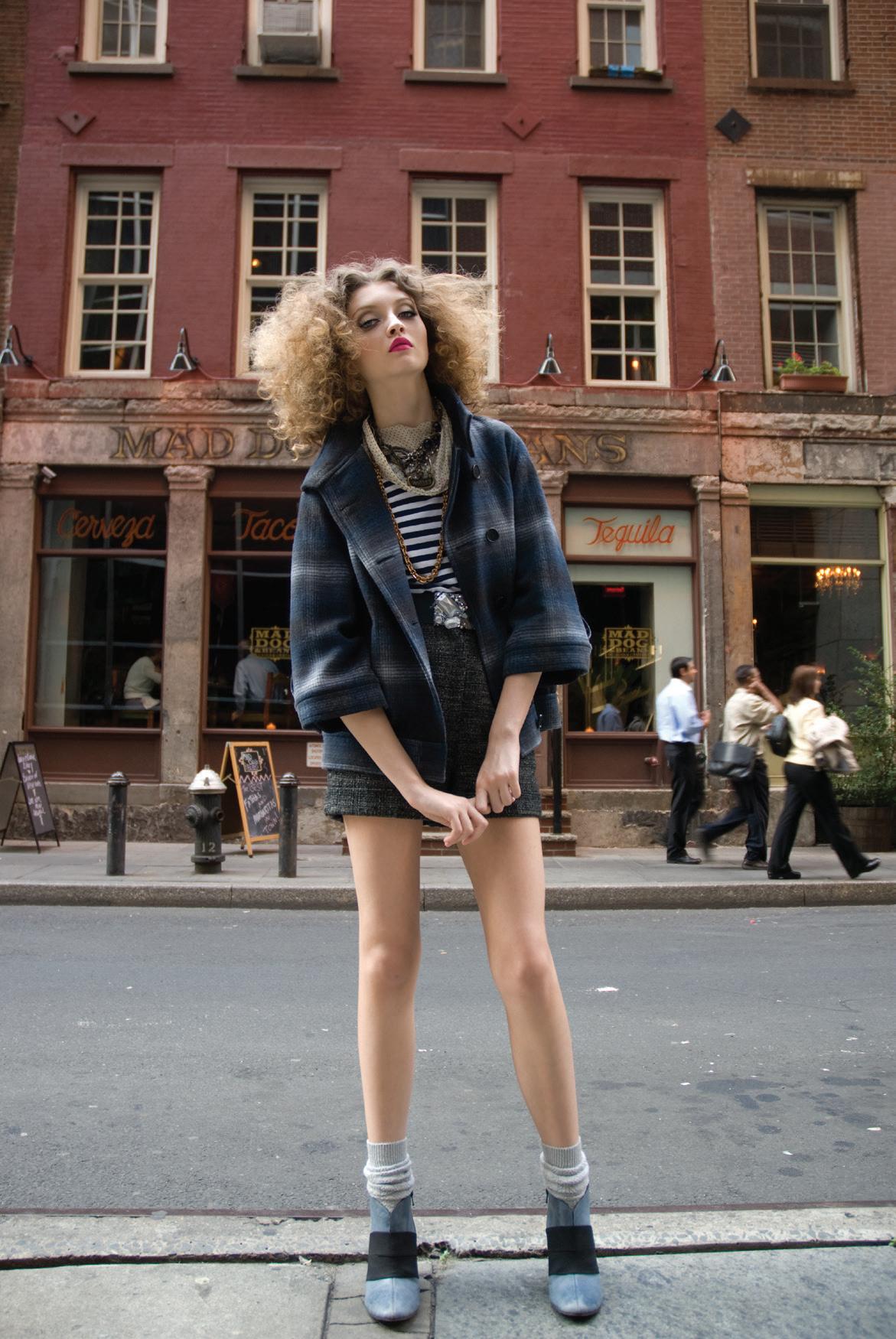


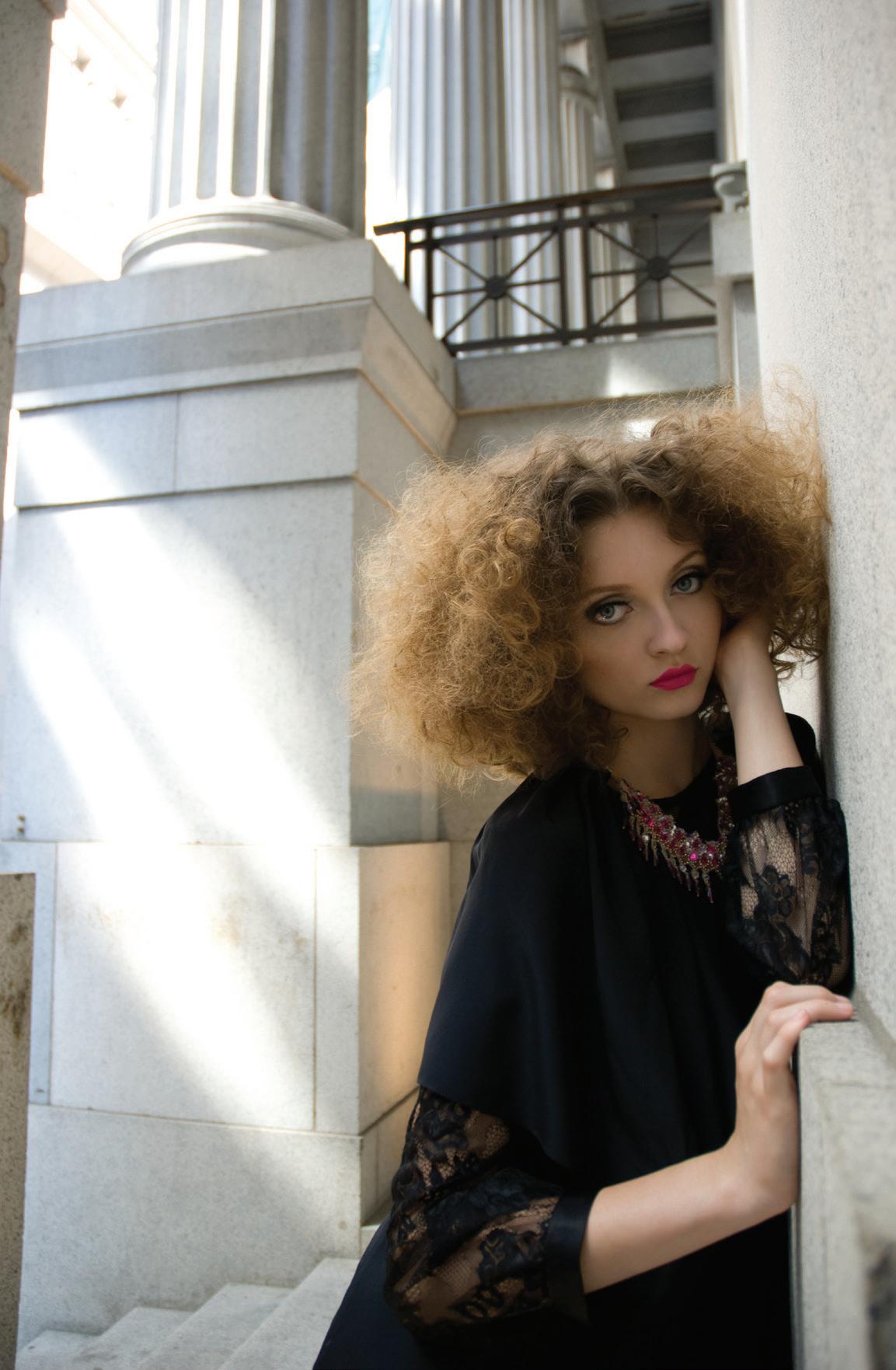
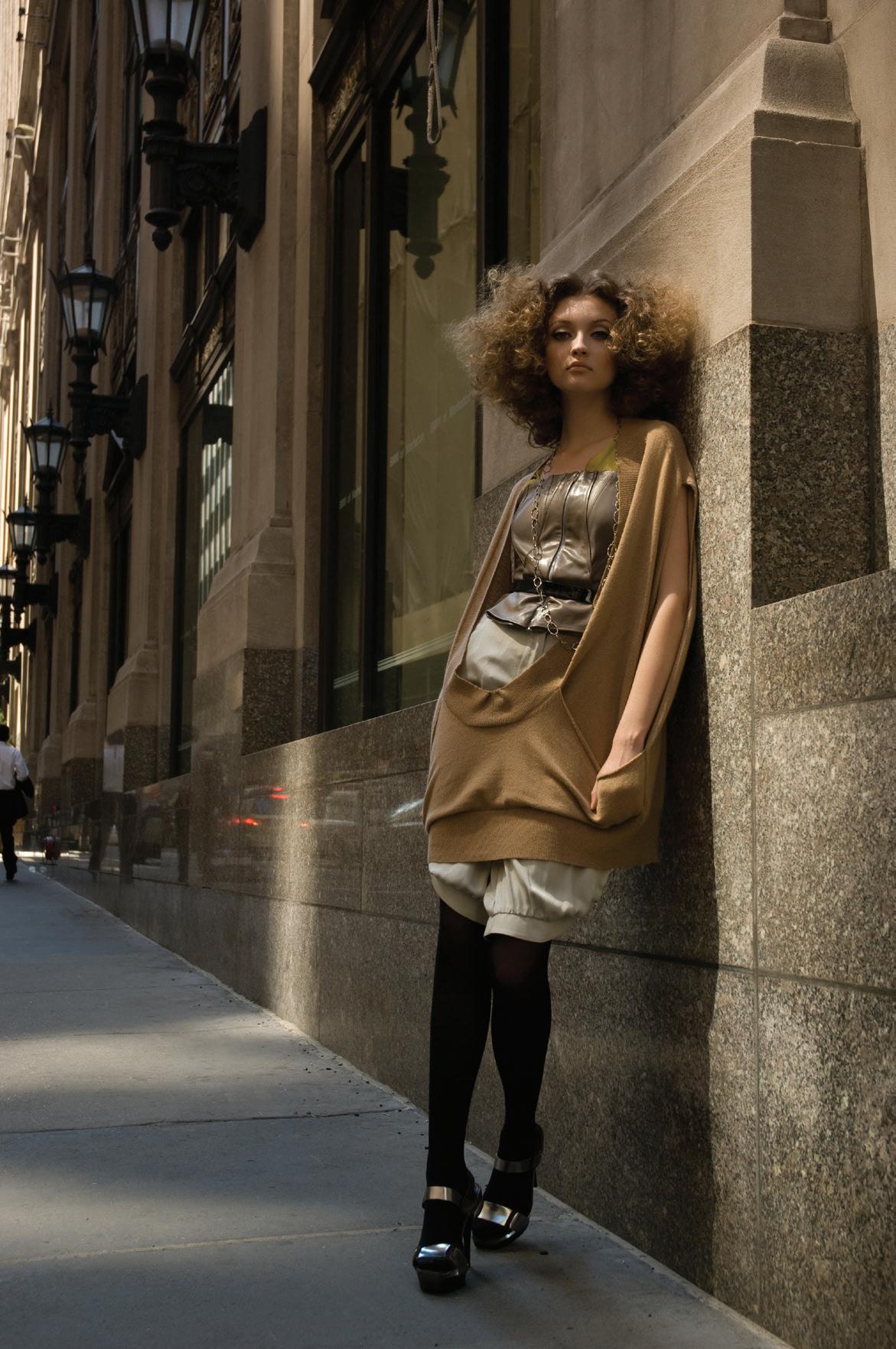





..Not unless you mail them from .... Desolation Row...


...ALways Look on The Bright Side of Life

In my opinion, gratitude journaling gets such a weird reputation. People think you need to sit down and write a heartfelt essay about your grandma’s childhood jewelry box and how it reminds you of the fleeting beauty of life. No no. Let’s all take a breath. Literally, you could write about how:
1) My matcha was super green
2) The weather was nice outside 3) The E was running on time on a Sunday! Yay! That’s it. Done. And still, something in your brain shifts. You feel a little less like the world is ending. Even when your Wi-Fi sucks and your skin is breaking out, there’s still something that doesn’t suck.
It’s super simple—what’s 30 seconds to write three nice things? alice, confectioner, disneyland


...Not unless you mail them from .... Desolation Row...

Being in mid-twenties is a difficult time to gauge your friends as people who are just having fun in their fleeting youth or developing alcoholics. A few years ago, getting textbook plastered every other night didn’t, in anyway, trigger any alarms. We were all just having fun and experiencing life out of college and taking control of everything for ourselves. But now it seems like a bit too much. When do you take care of your shit when you’re hungover all of the time? And I know I can’t drink like I used to already, the hangover feels like I’m actually dying. I can’t
imagine feeling like that all of the time now! I would want to die. But some of my friends are still subjecting themselves to these terrible morning-afters and perpetually lost cell phones and spilt red wine when they know the repercussions very well. Guess I’ll give it another year or two before I start personally escorting them to AA classes bob, genius, grindon

Today’s Speciality is: hot knuckle sandwich Parents of the World: Your iPhone is not a pacifier. Your iPad is not a blankie. If you can’t figure out that your little thing keeps talking because it is unhappy because it’s being made to sit through the loud movie you’ve been dying to see (and DISTURBING EVERYONE IN THE THEATER), you aren’t fit to be a parent. And if I see another portable DVD player while I’m eating at a nice restaurant, I’m going to up-end your table. I’m sorry you chose to burden yourselves with a small thing that cries, screams, and wiggles a lot, but that was your choice and now you have to make some sacrifices. And sacrifices mean that if you can’t get a babysitter, you may not be able to go to that new Thai place that opened up last month. Bringing the ankle-biter and sticking a DVD in front of it doesn’t make your child any more pleasant to be around - and having to listen to the DVD play is NOT what I’m looking for while I’m trying to eat with my friend. If your kid is at that stage where they don’t enjoy eating out, guess what? Too. Damn. Bad. max, editor, village


Gis a job ! Ah cun do that. Go on, gis a job Once upon a time, when I was a little girl, I was told (constantly) that I would go to college, figure out what I wanted to do for a living, get a degree towards that goal, and get a job. It would be entry level, I’d be trained and paid and given raises accordingly. Well I’ve been and done college. I’ve been done for 5 years - and I STILL don’t have that entry level job. No, what do I have? I have two part time jobs, both of which schedule their employees VERY CAREFULLY to make sure that full-time isn’t a possibility. Because God forbid you keep a smaller staff of fully-trained employees who know what they’re doing and can actually take care of issues as issues come up - YOU MIGHT HAVE TO OFFER INSURANCE! OR PAID DAYS OFF! THE FUCKING HORROR. No, much better to have a huge staff of people who come in at odd fucking times of the day and don’t know anything because nobody’s trained them - and then wonder why people get angry because I can’t help them immediately. susanna, pollster, mid west

Scientists say apparently it’s OK not to make your bed after all.
I hate to admit when my parents are right but making my bed in the morning actually does something. My mom used to tell me to make my bed right when I woke up so I’d be more productive that day — I used to figure it was her trick to get me to clean my room, but now I get it. Not to be a hippie but making the bed is so healing. Every morning, I feel a little more in control. There’s just something about smoothing the covers that feels like a reset. Anyways. Trust. Just make your bed. stuart, pr Town End Farm
... Scientists now say apparently it’s OK not to make your bed after all...

Take a Pill
Why does figuring out dinner plans always leave me with such a headache? Meeting with a friend is cool except for the whenwhat kind of food-where to meet part. Cooking at home is optimal but oops! I ate it all and there’s no food in the fridge. I can’t even fathom grocery shopping, cooking, and hovering over the sink doing dishes after such a busy day. I swear I’m grateful, truly, but I need a second version of me whose sole job is to handle dinner so I can flop in my bed in peace. flo, groomer, queens
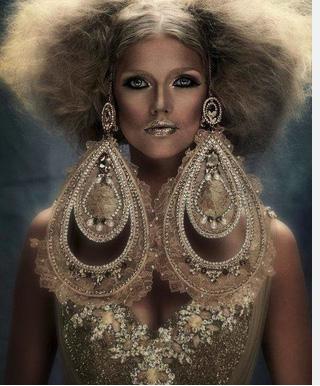
Touches of Style
The earring is maybe my favorite piece of jewelry that compliments a person. Wearing gold hoops makes me feel elegant, and wearing bejeweled studs makes me feel spunky! Those are the more common earring examples, but my personal favorites are those where I can express myself with the fun item dangling from my ear. Sometimes I wear white teddy bears holding a bottle of strawberry milk, or I’ll wear miniature characters from the Sanrio brand. They’re all so
simple and yet convey an interest that a lot of people grow excited to see in their every day life. Earrings are so fun. Please!! Let’s do more with them!! Maybe make them less heavy? gertrude, stylist, manhattan

Like A Virgin Up until this Fall, I had what people in the hair world apparently call “virgin hair,” meaning it had never been colored in its life. Healthy, happy, but honestly a little blah if you asked me. I felt like it was time for some change, but I didn’t just want to give myself a baby bang or layers again. I always did that and truth be told I was tired of it. So, I randomly decided to color it. No more virgin hair, just a head full of bad*ss not-virgin hair. I didn’t know what I was doing, but I’m glad I did it. You should too! Even if you don’t take your hair-virginity, just trying a new length, or adding some malibu highlights can make you feel transformed and ten times as confident as you did before.
Mary, mom, SI
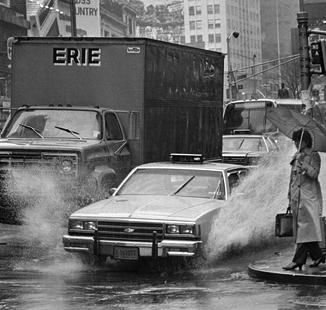
Listen. Everyone’s fed up. The whole f***ing city is soaked—and not in a misty, cinematic kind of way. No no, here the rain drags your soul into the gutter with it. Cold and relentless. And yeah, I know, everyone hates it right now—I’m not trying to be “different.”
But I’ve got a bone to pick with New York in the rain, not just the rain itself.
Because here? The rain feels meaner. It doesn’t wash the city clean; it quite literally dredges it up. All the filth you pretend not to see on a dry day? The rain makes sure you can’t ignore it. It brings the city’s grime up in your face. It’s like the sidewalks are bleeding dirt.
Listen. I’ve grown up here my whole life. Seriously, the rain here is just different. It turns everything heavy, mean, and a little more broken. In the rain, this city just gets louder. Dirtier. More exposed.
And me? I can’t f***ing stand it JB

Talk’s Cheap! ... We Should Do More Of It!
Now in my twenties, I have had my fair share of political debates. Deeming who is in the right, who is absolutely without a doubt in the wrong, arguing why it even matters until you’re blue in the face, and concluding how it all fits together for a greater purpose of good (because that’s what we are suppose to do, right?). I will admit…being from a political slam-packed generation (referring mostly to everything that has happened since 9/11 and its’ rippling effect throughout our world) it becomes hard to draw a line between what is worth debating and what seems to only make things more blurry leading to a different discussion altogether. It’s a lingering question that is constantly spa rked in the air amongst us, what really matters? In its’ simplicity it evokes the complexities of our globalized world. RE
By Ashleigh VanHouten
RACLETTE
A traditional French/Swiss dish that involves melting cheese and scraping it onto other foods, or the special grill used to prepare the dish. The melted cheese is typically poured over boiled potatoes and served with accompaniments like charcuterie, cornichons, and onions.
Raclette is one of the best-kept imported Swiss secrets, but maybe not for long. Raclette is both a type of cheese and the name of a Swiss dish. In the same vein as fondue, the whole idea is eating melted cheese with other tasty bits, like meats or vegetables. The process is to heat the raclette cheese and scrape off the melted part onto the potatoes, or cornichons, or meats. It’s the highbrow version of fondue, with none of that everyone-dipping-into-one-pot gimmick.
Once you get the pronunciation right, (here let me try to help: it’s pronounced rah-KLET), you can get into the specifics of what type of cheese it is. Raclette cheese is semi-firm and made from cow’s milk. It is most commonly used for melting – don’t stop me if you’re getting hungry – and is usually fashioned into a wheel of about 13lb.
The most common raclette dish, like fondue, does have a very communal aspect. The idea is to sit around with people who you are fond of and share a meal. Traditionally the melting happens in front of an open fire, and then the melted side is scraped off. The cheese is accompanied by small firm potatoes (bintje, charlotte, or raclette), gherkins, pickled onions, and dried meat, such as jambon cru/cuit and viande des grisons. Usually it is served with warm drinks. This Swiss tradition has been around since medieval times, but the modern way involves an electric table-top grill with small pans. Generally the grill is surmounted by a hot plate or griddle, the cheese is brought to the table sliced, accompanied by platters of boiled or steamed potatoes, other vegetables, and charcuterie. Raclette dining is relaxed and sociable eating and drinking; the meal usually goes on for a couple of hours.
I know what you’re thinking, why isn’t this more popular? Who doesn’t love grilled cheese on top of anything? Well, raclette once had to be imported, which meant that it was expensive and not available in many places. However, many American cheese makers have started to produce their own versions of the cheese. Still, most of the raclette that is consumed in the United States is still imported.
The only real way to get Americans to eat and experience this dish is by drawing attention to how delicious it tastes. So start a raclette party and invite everybody. Trust me, if you try it once, you’ll go back for more.

